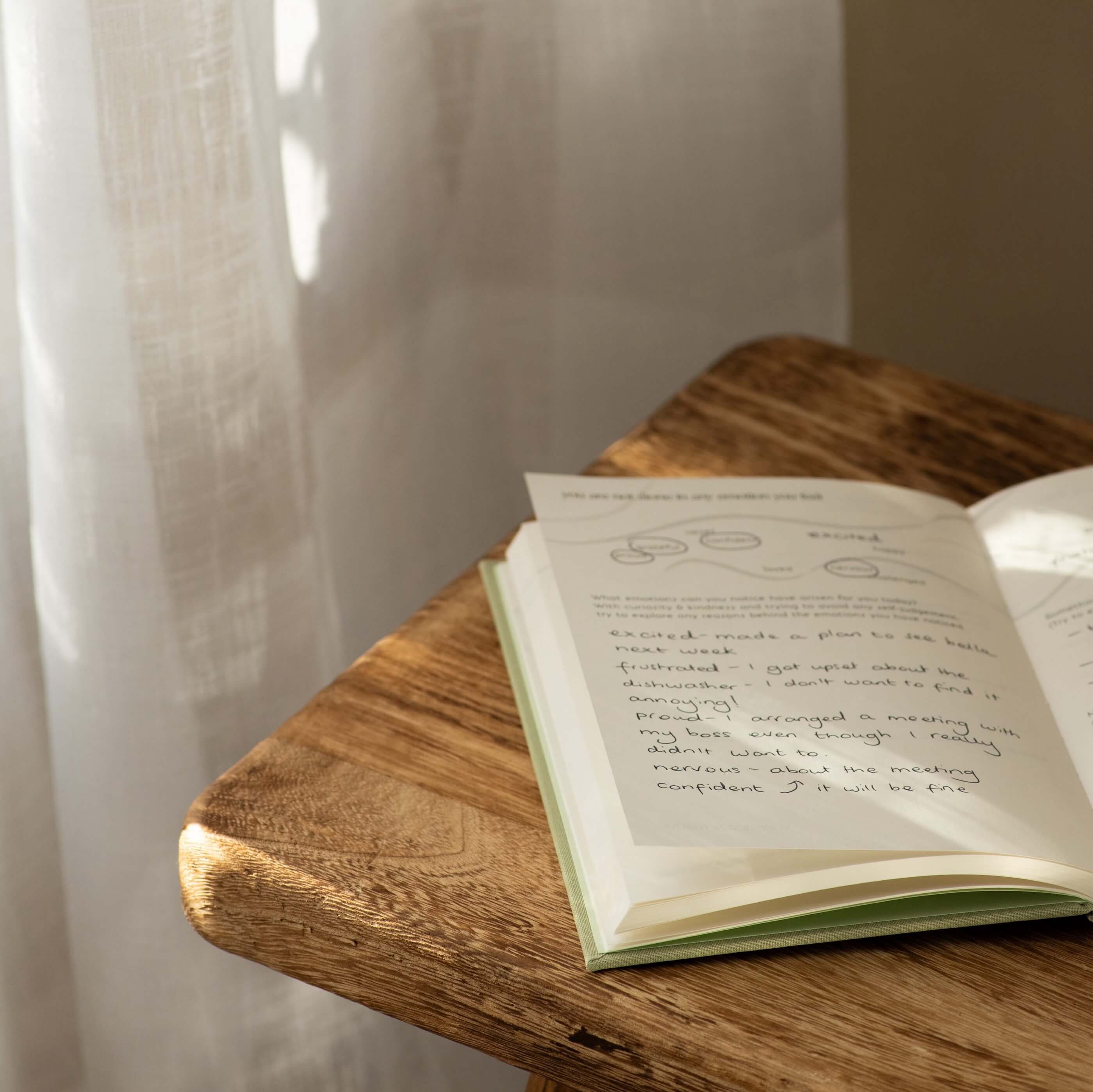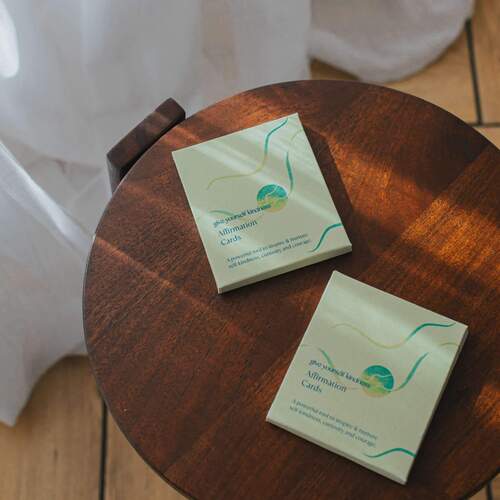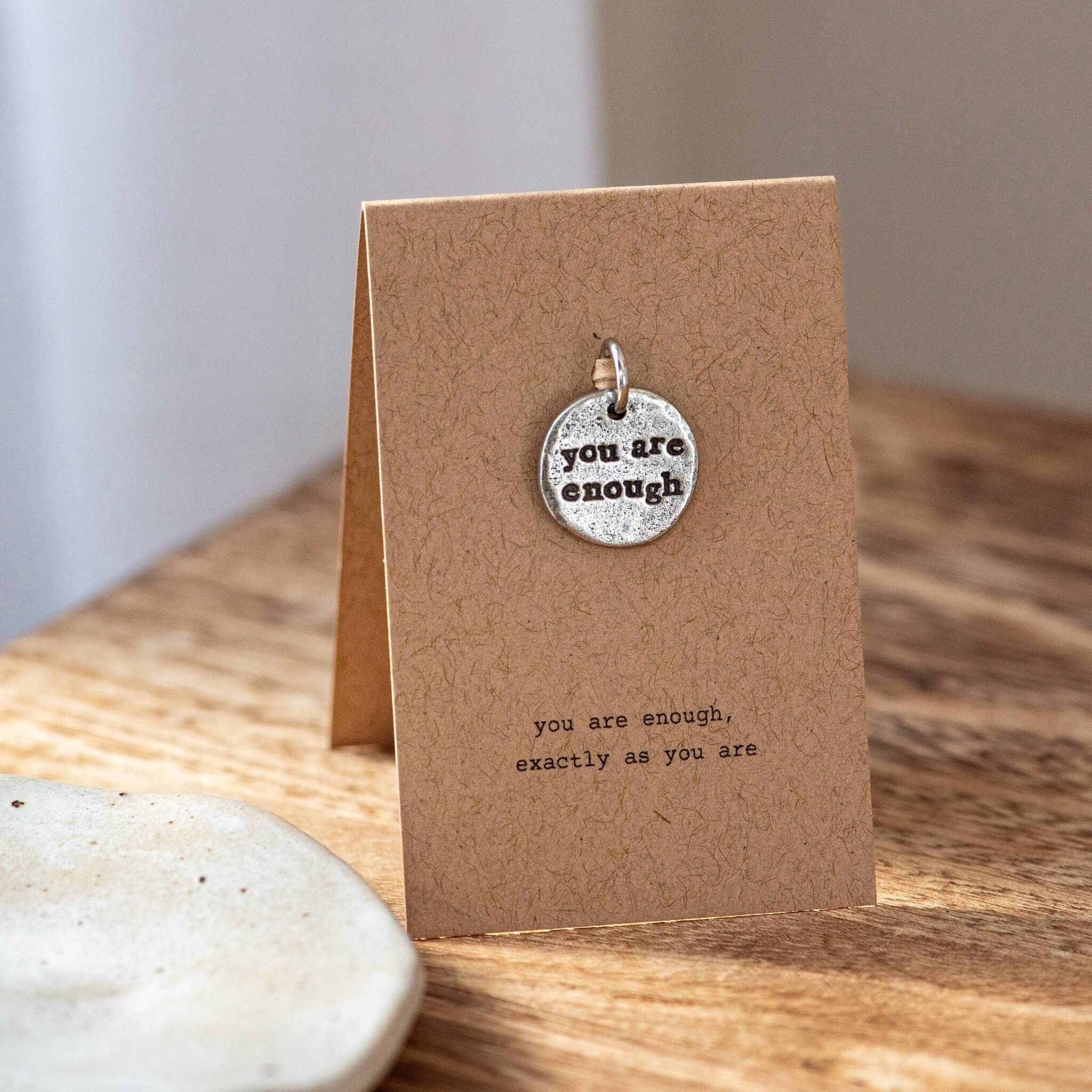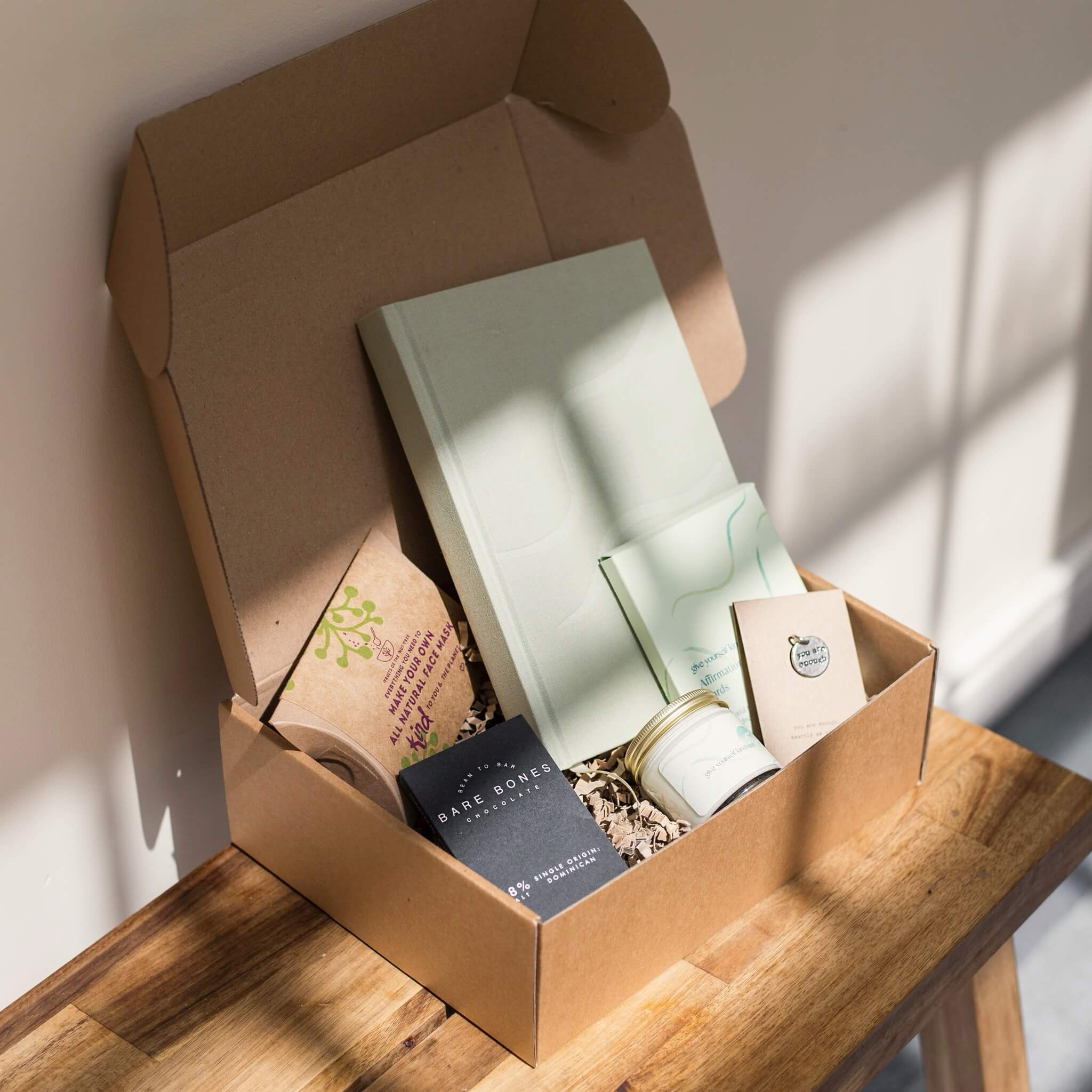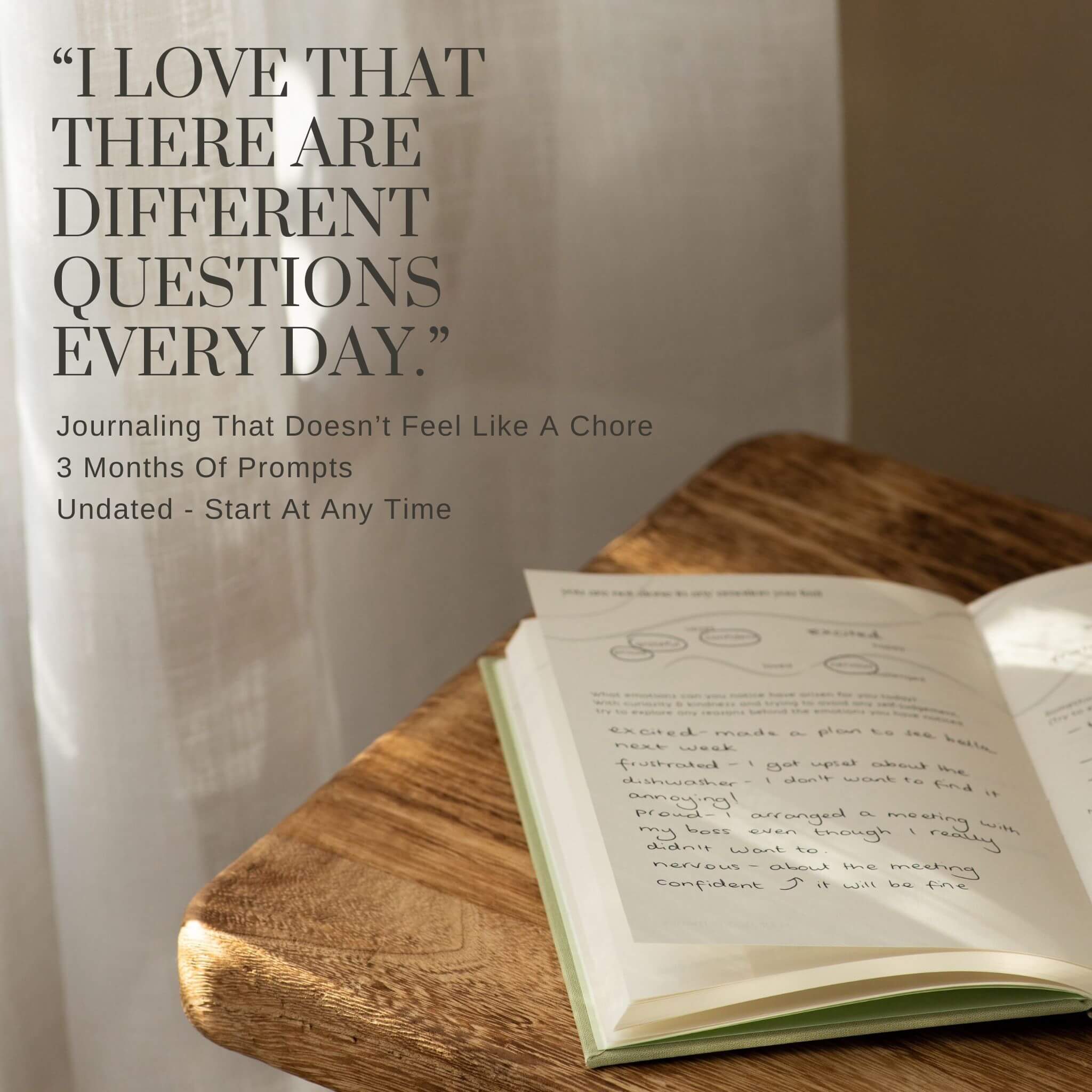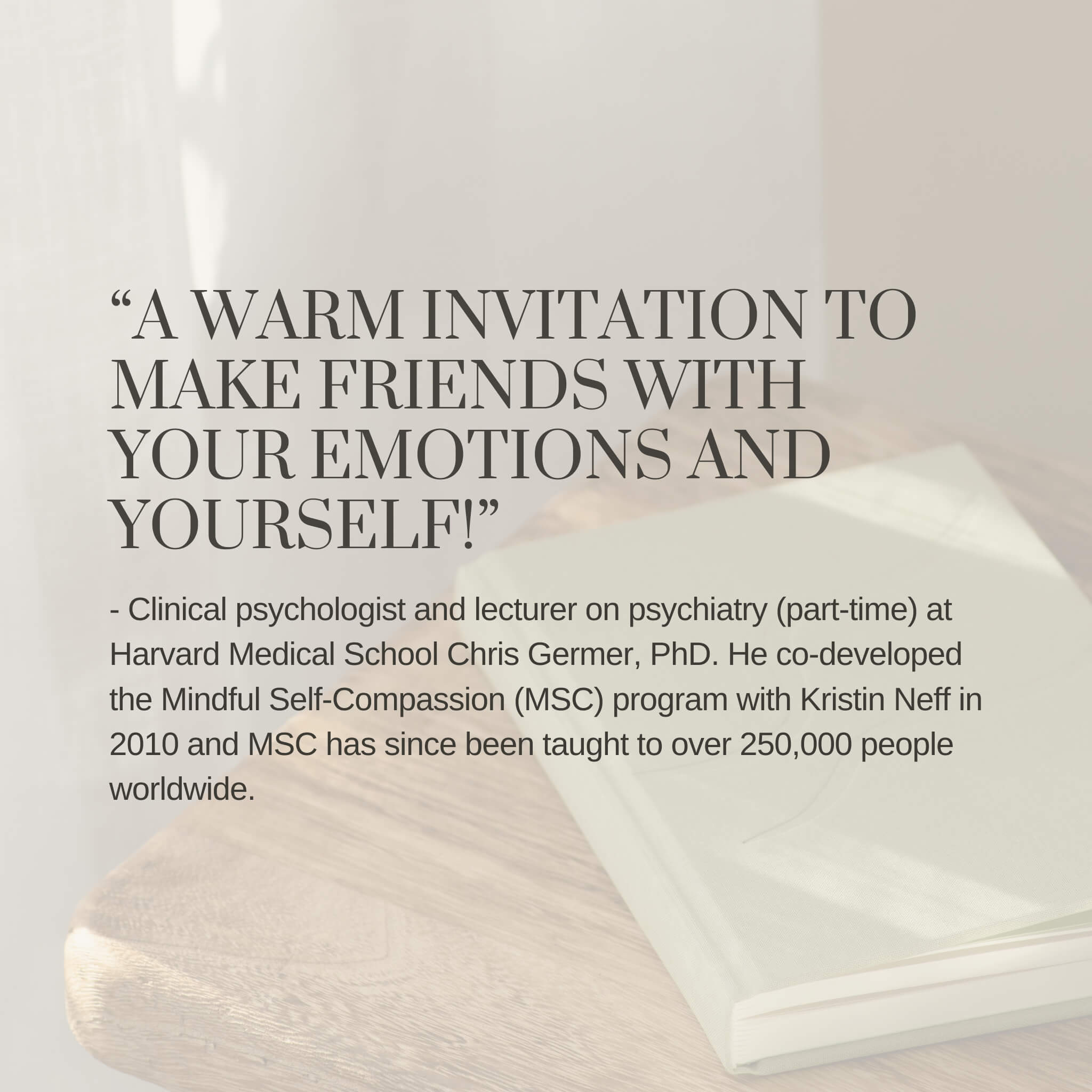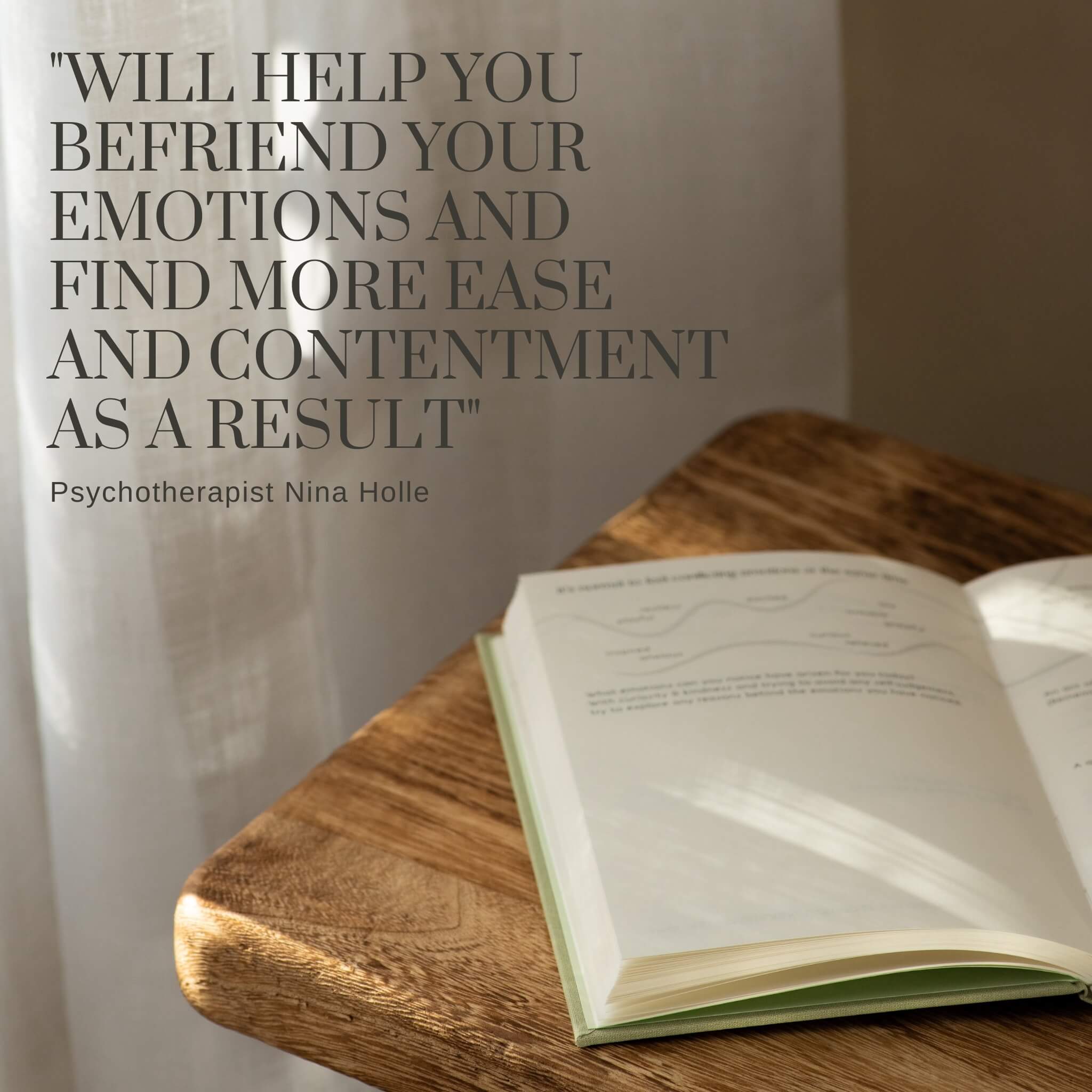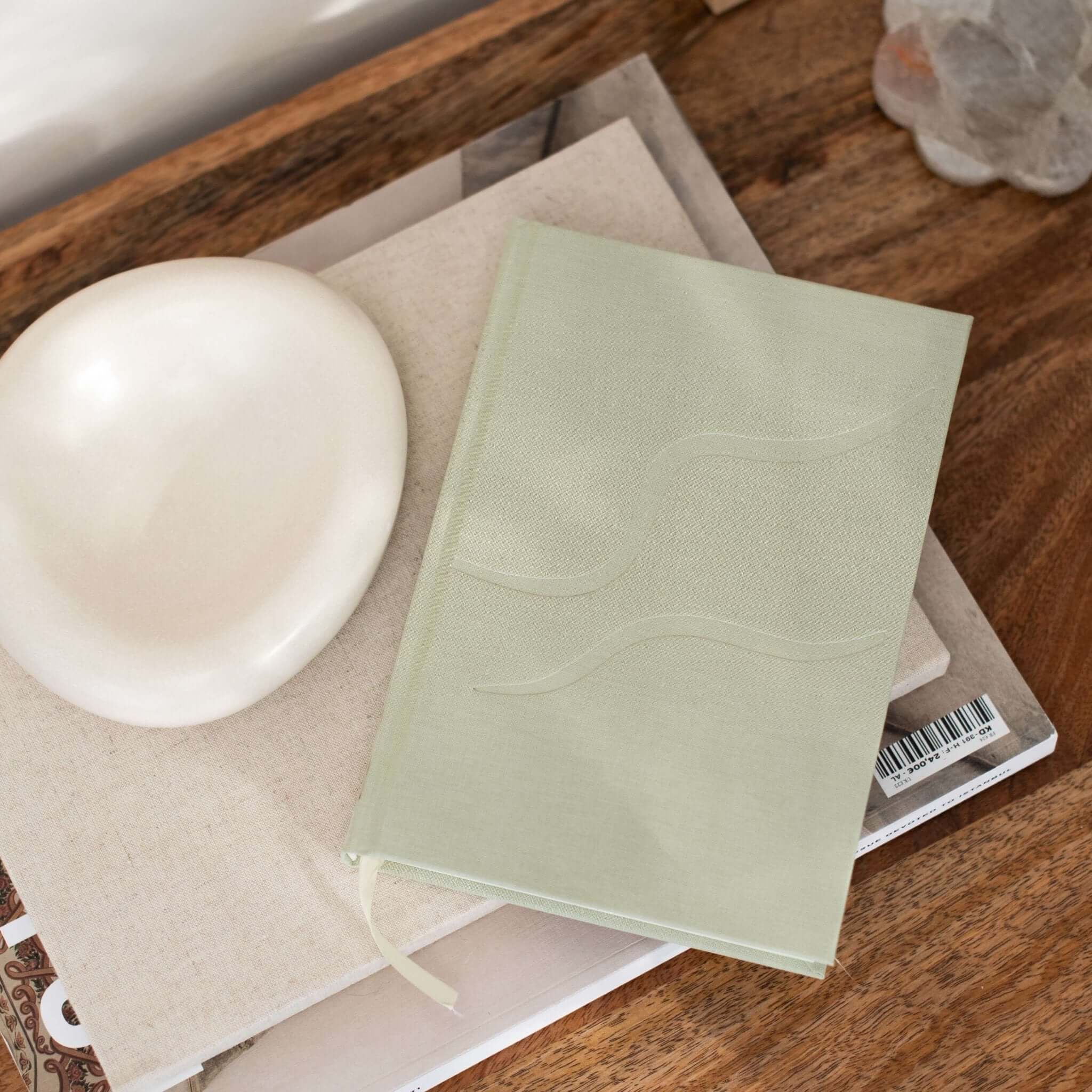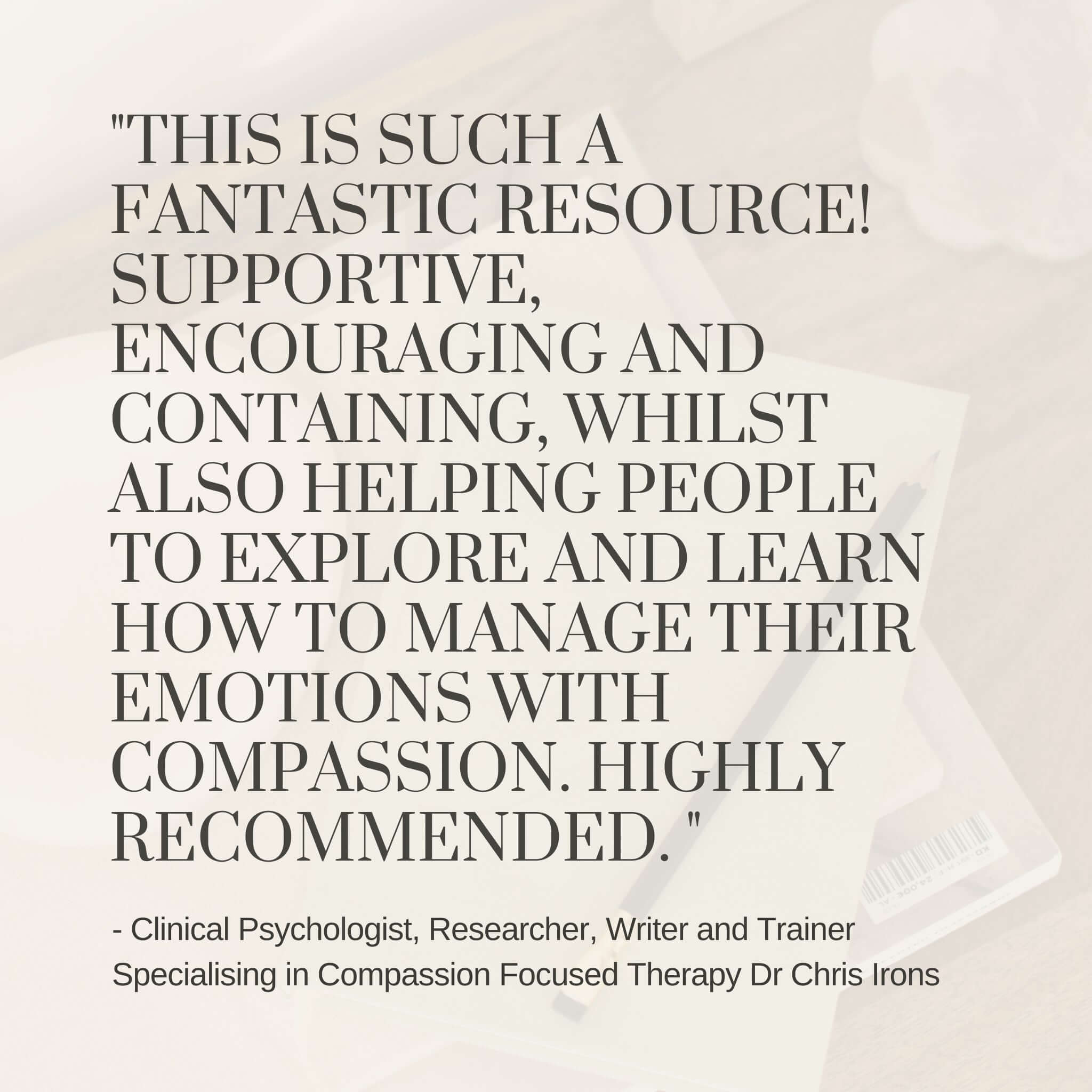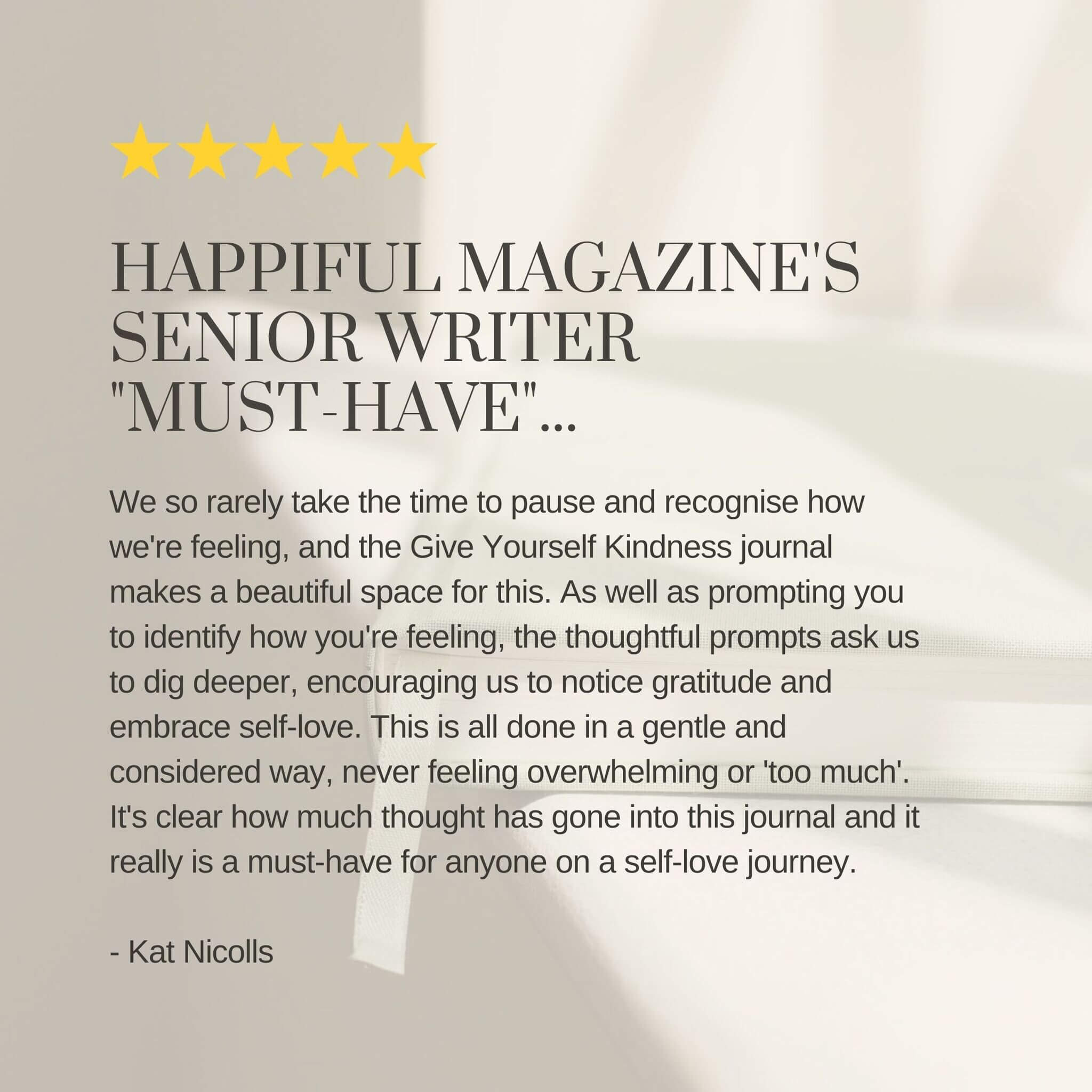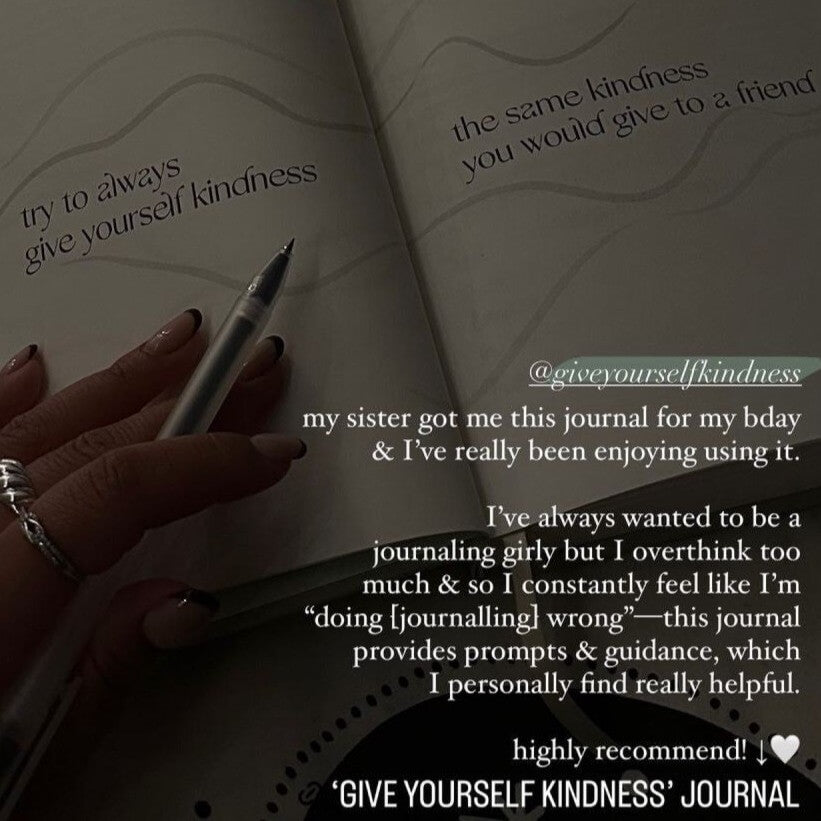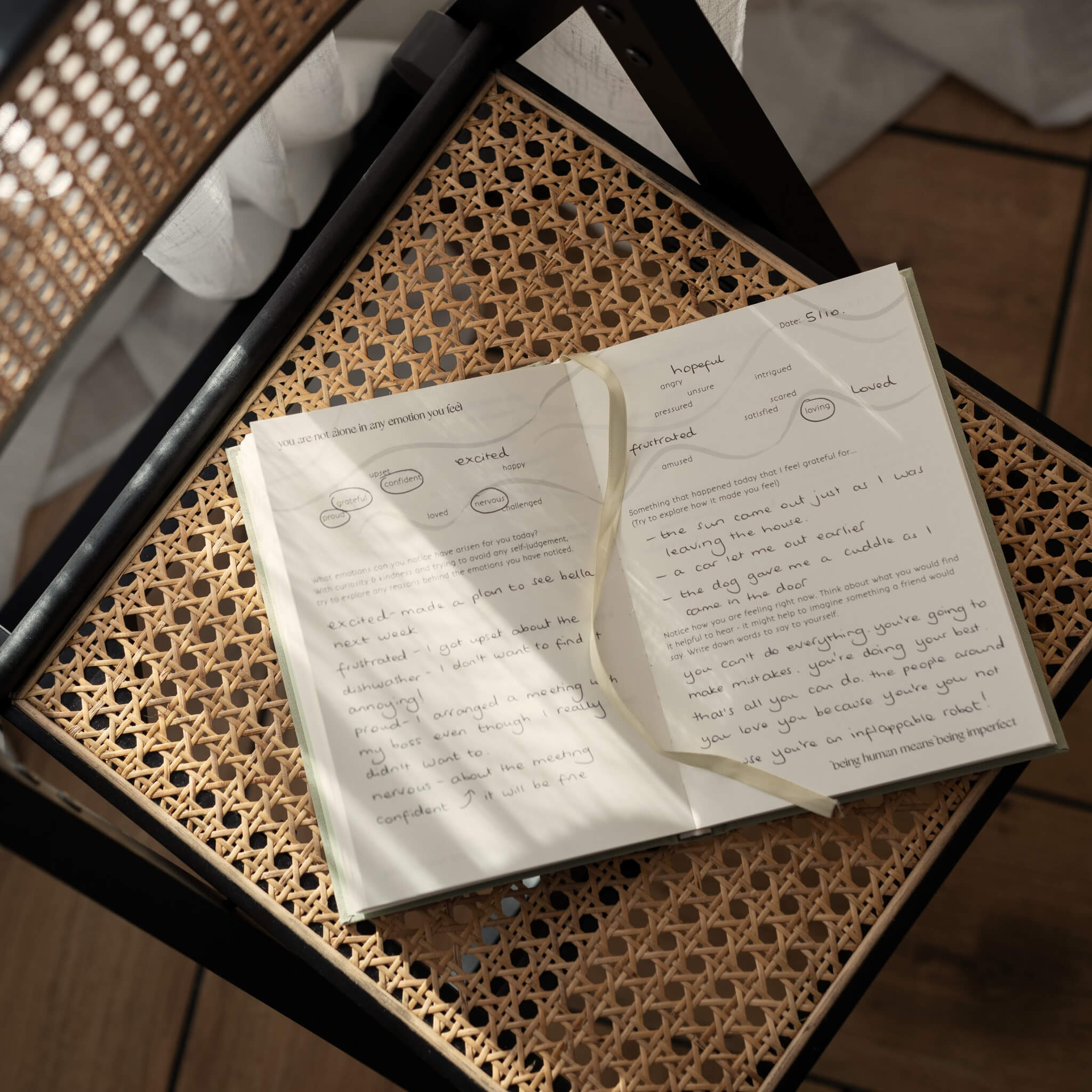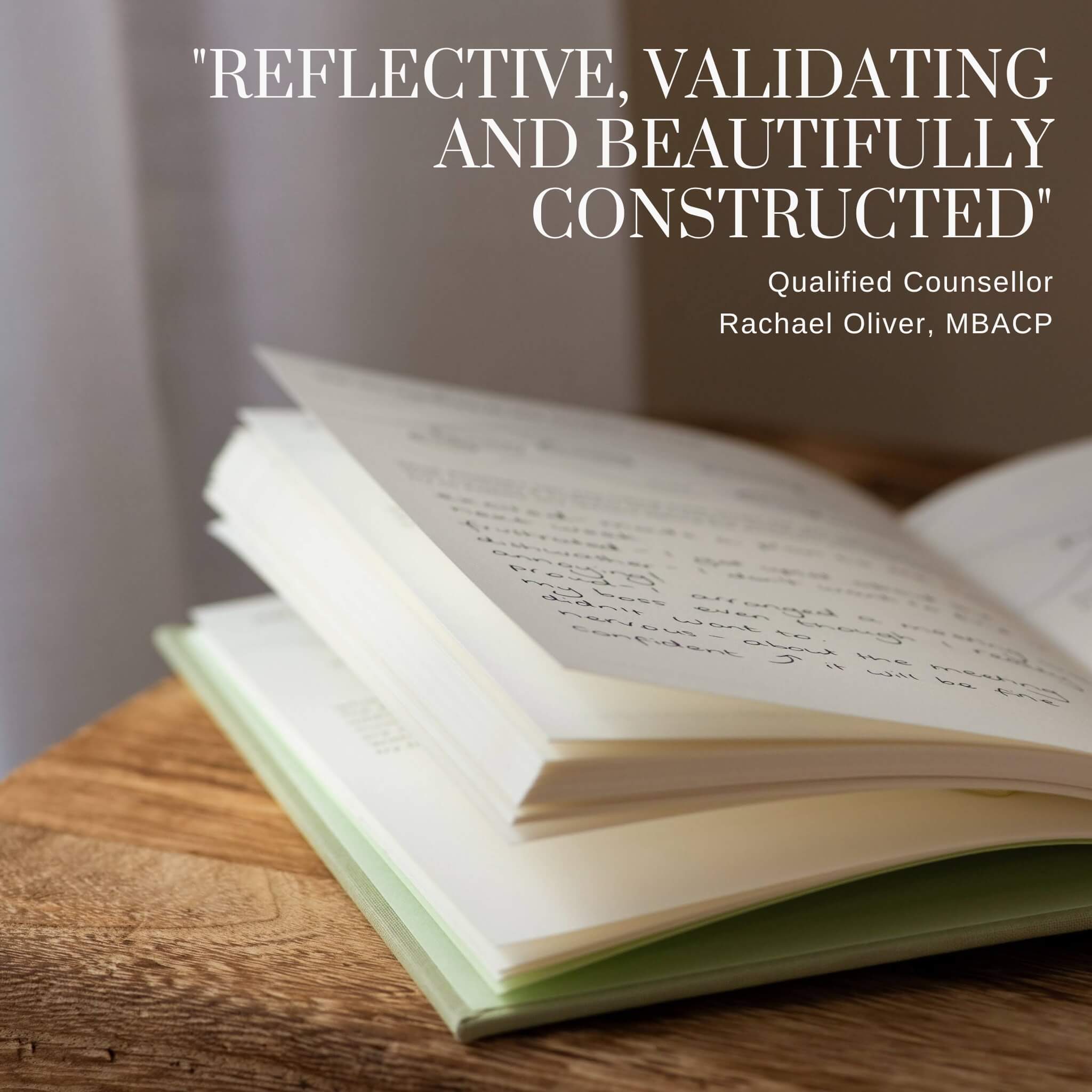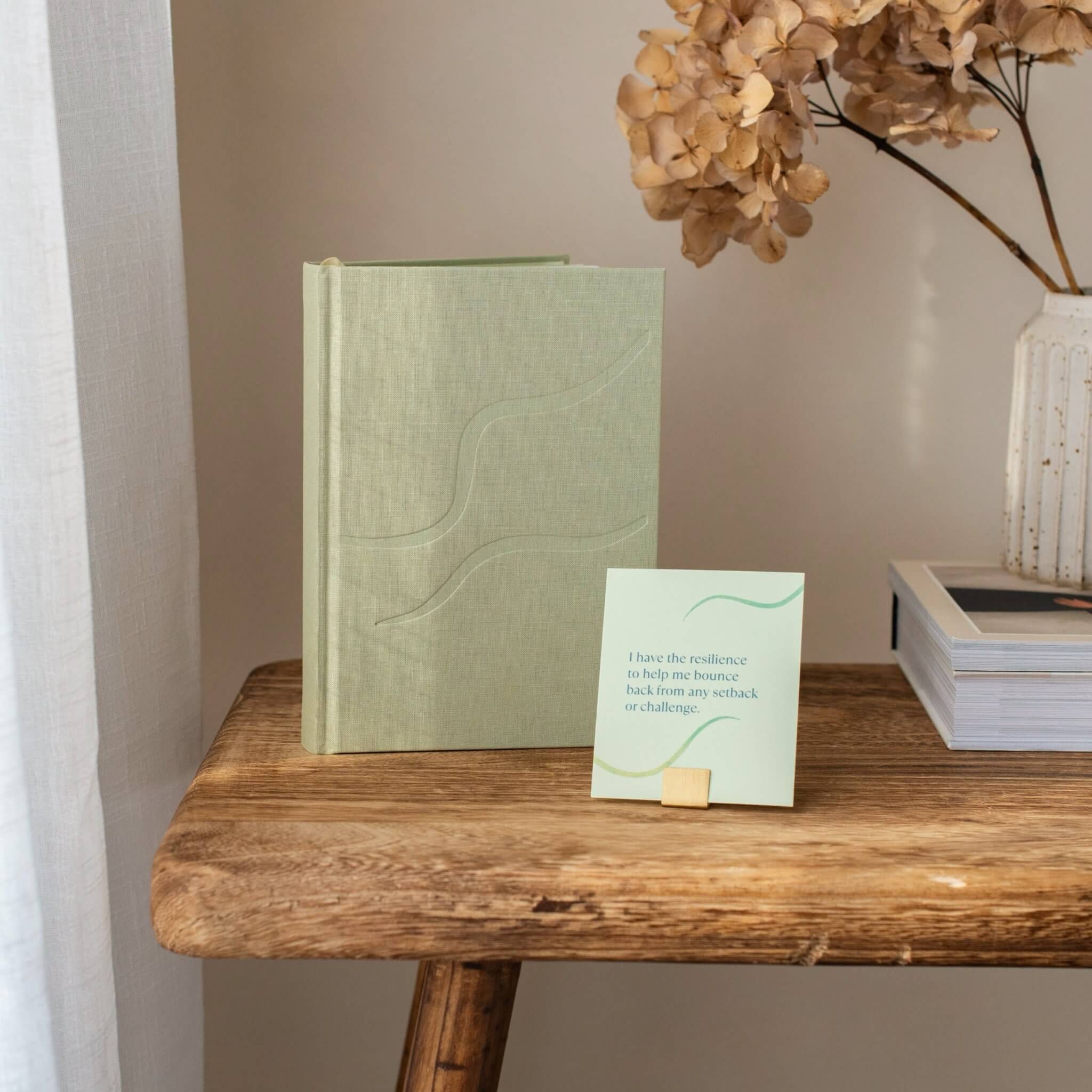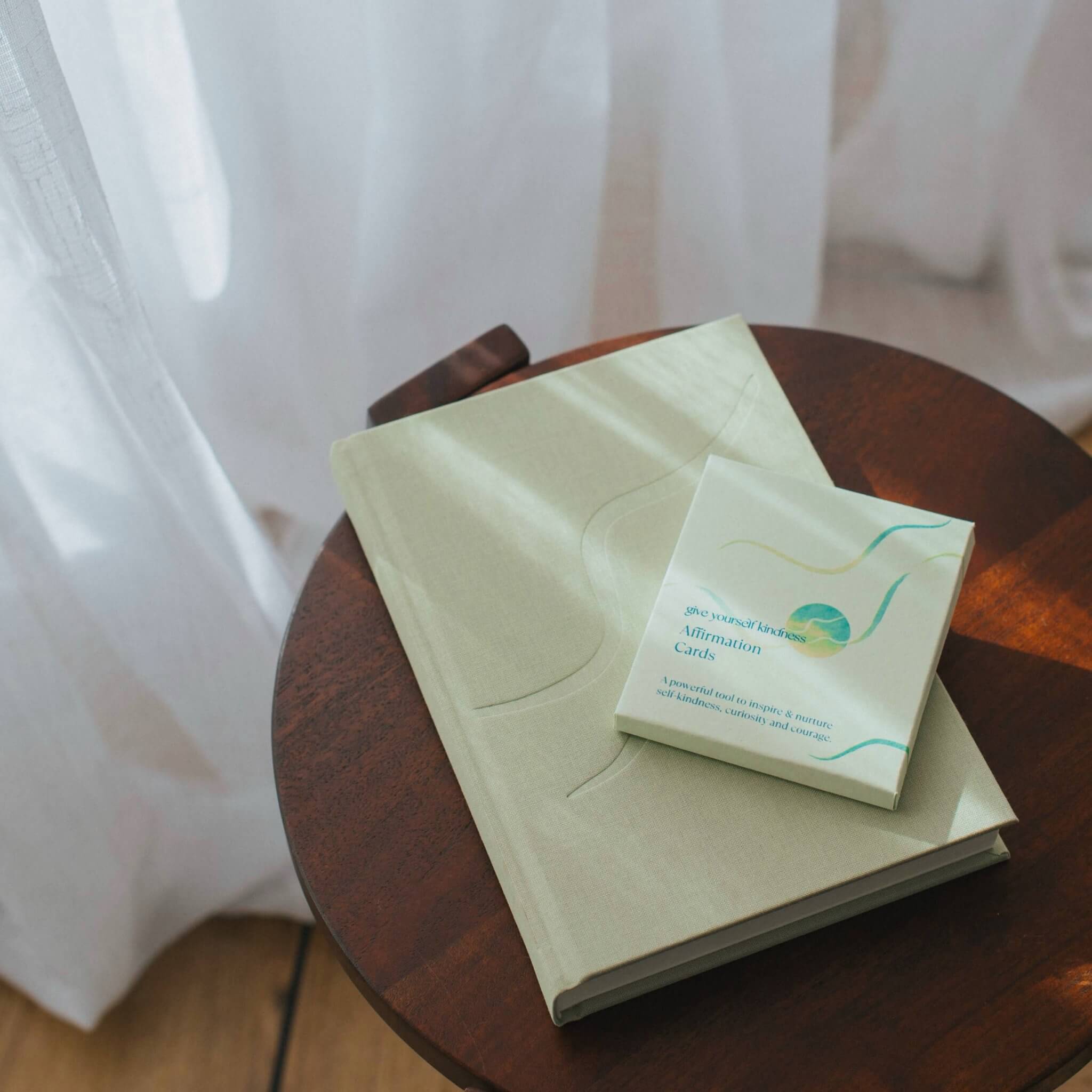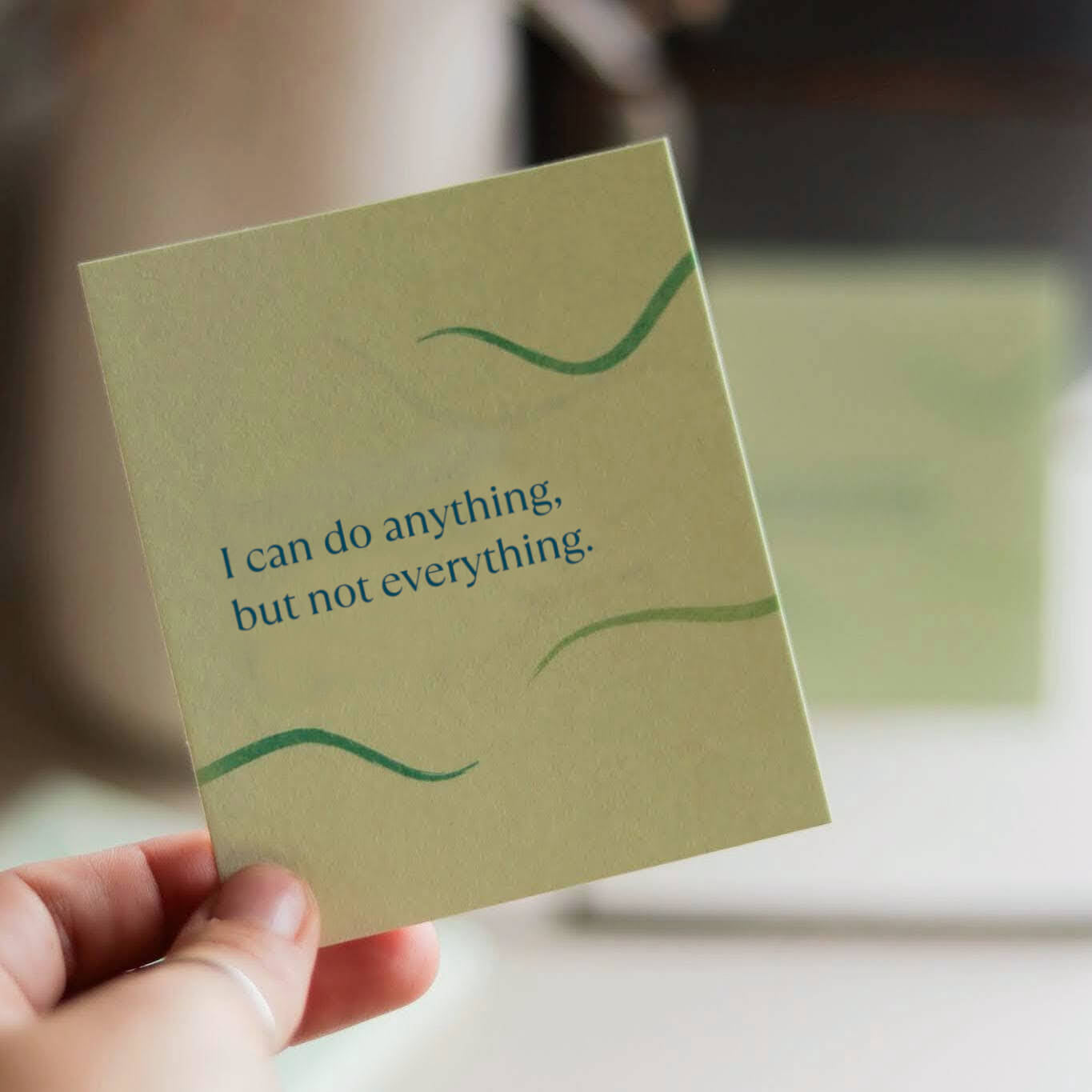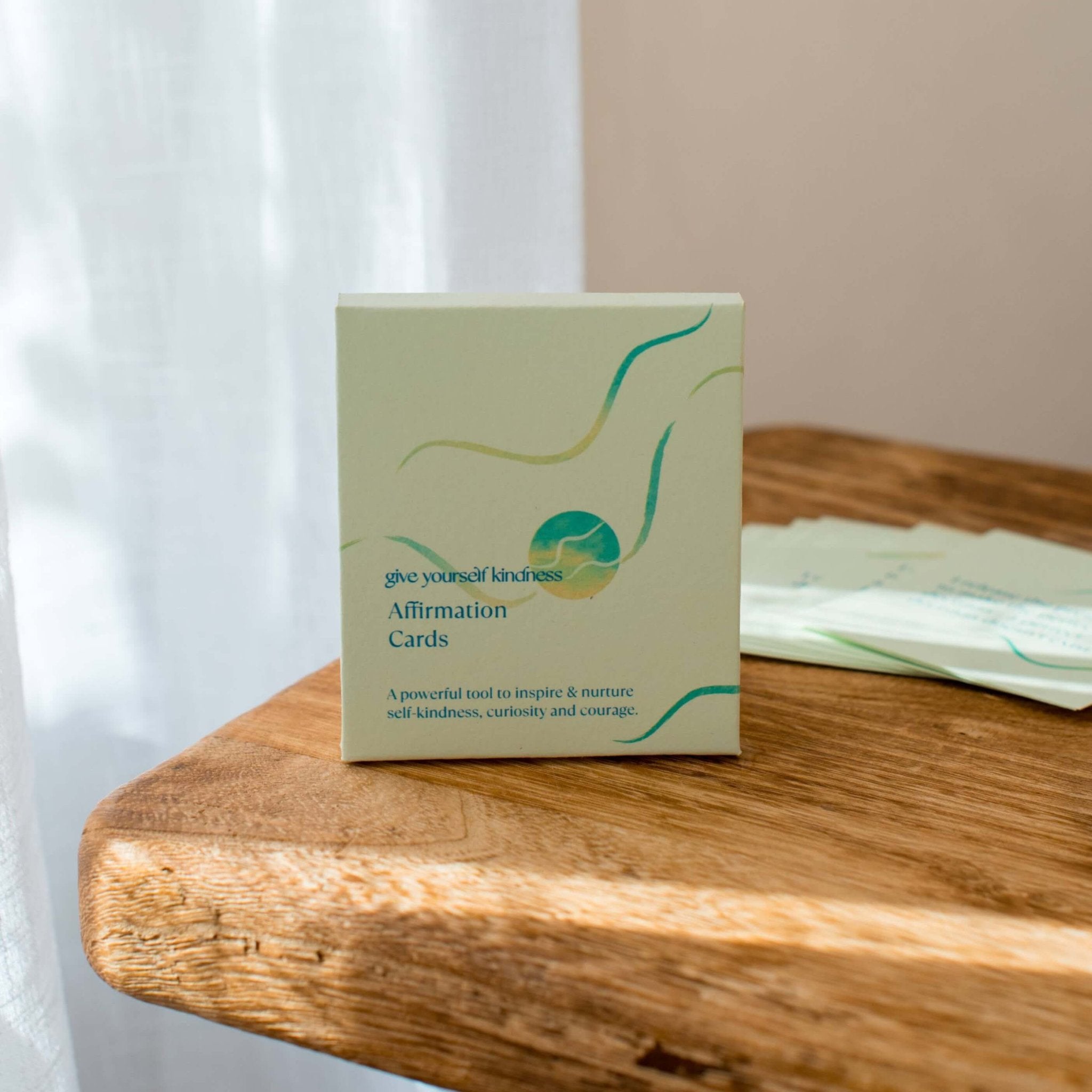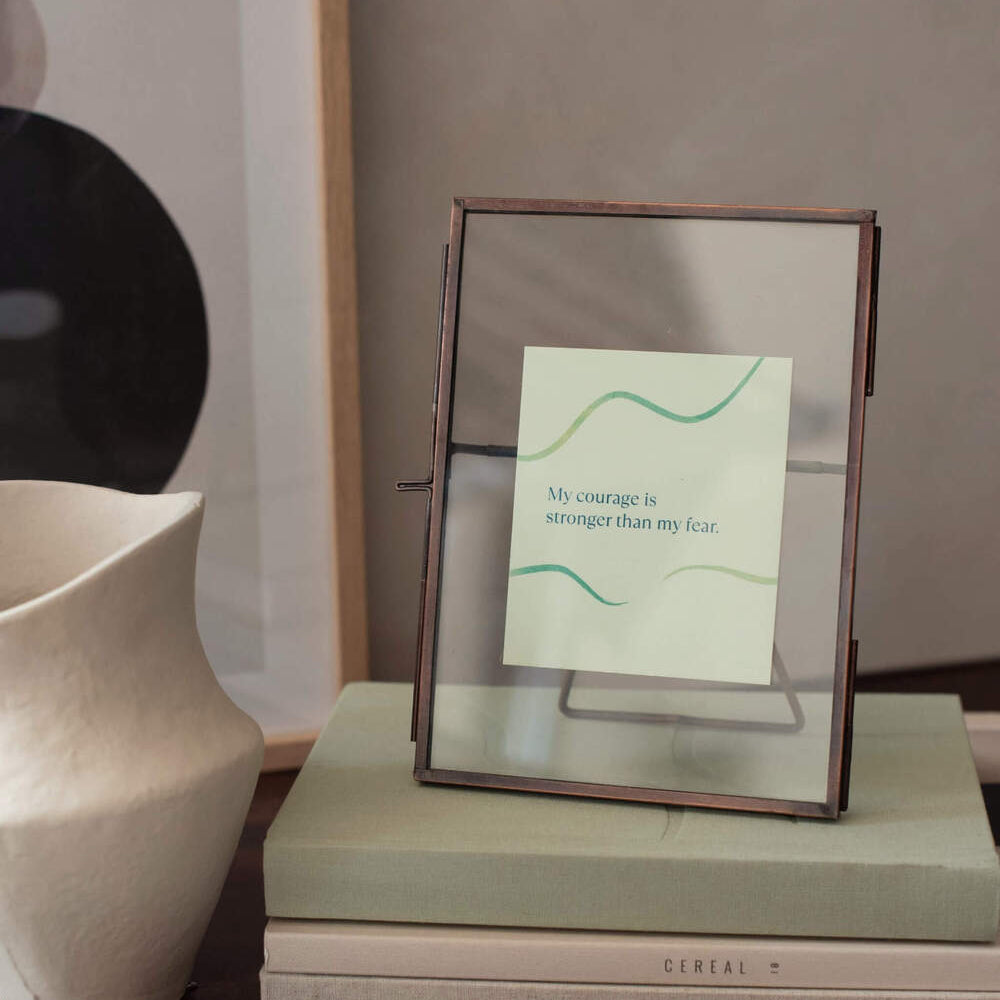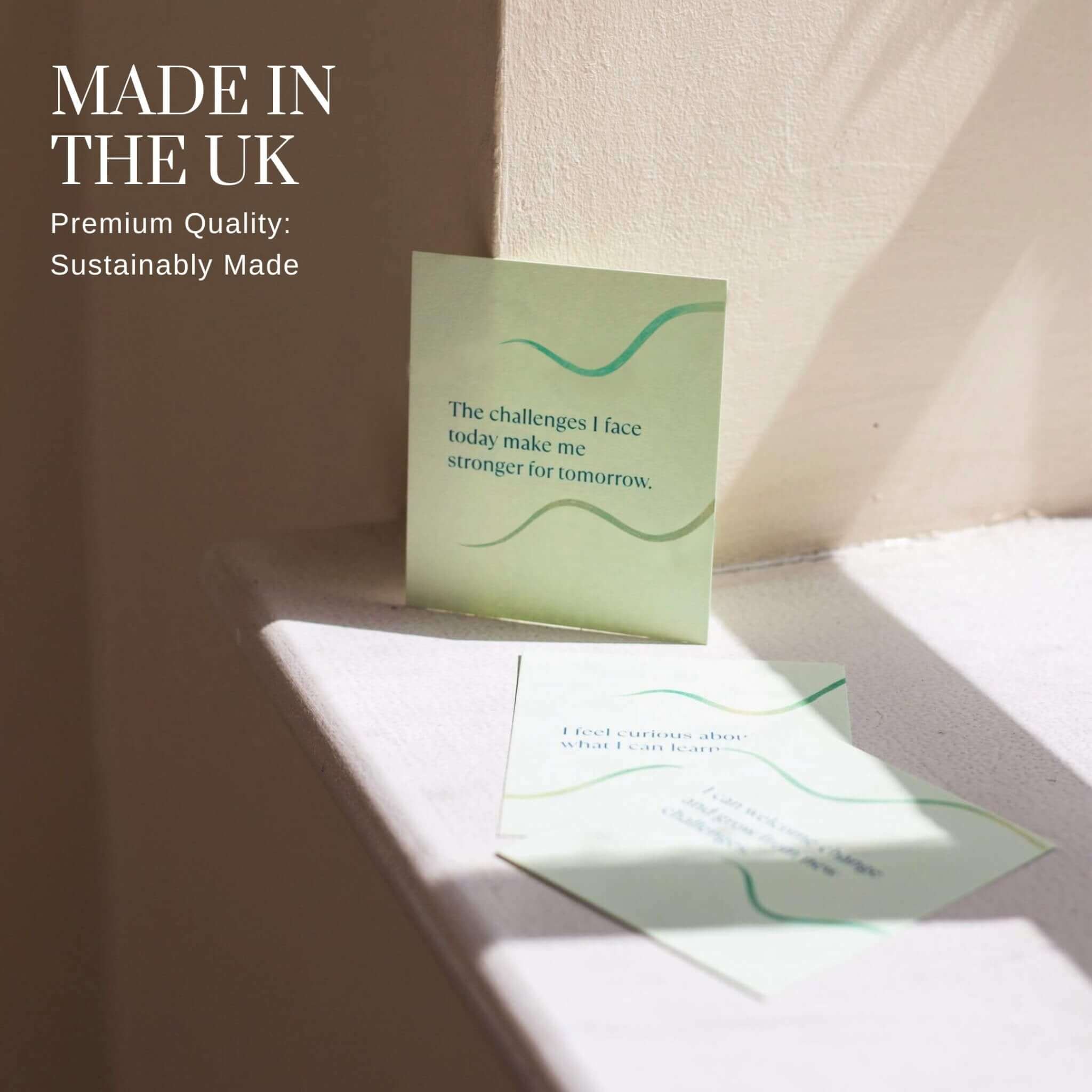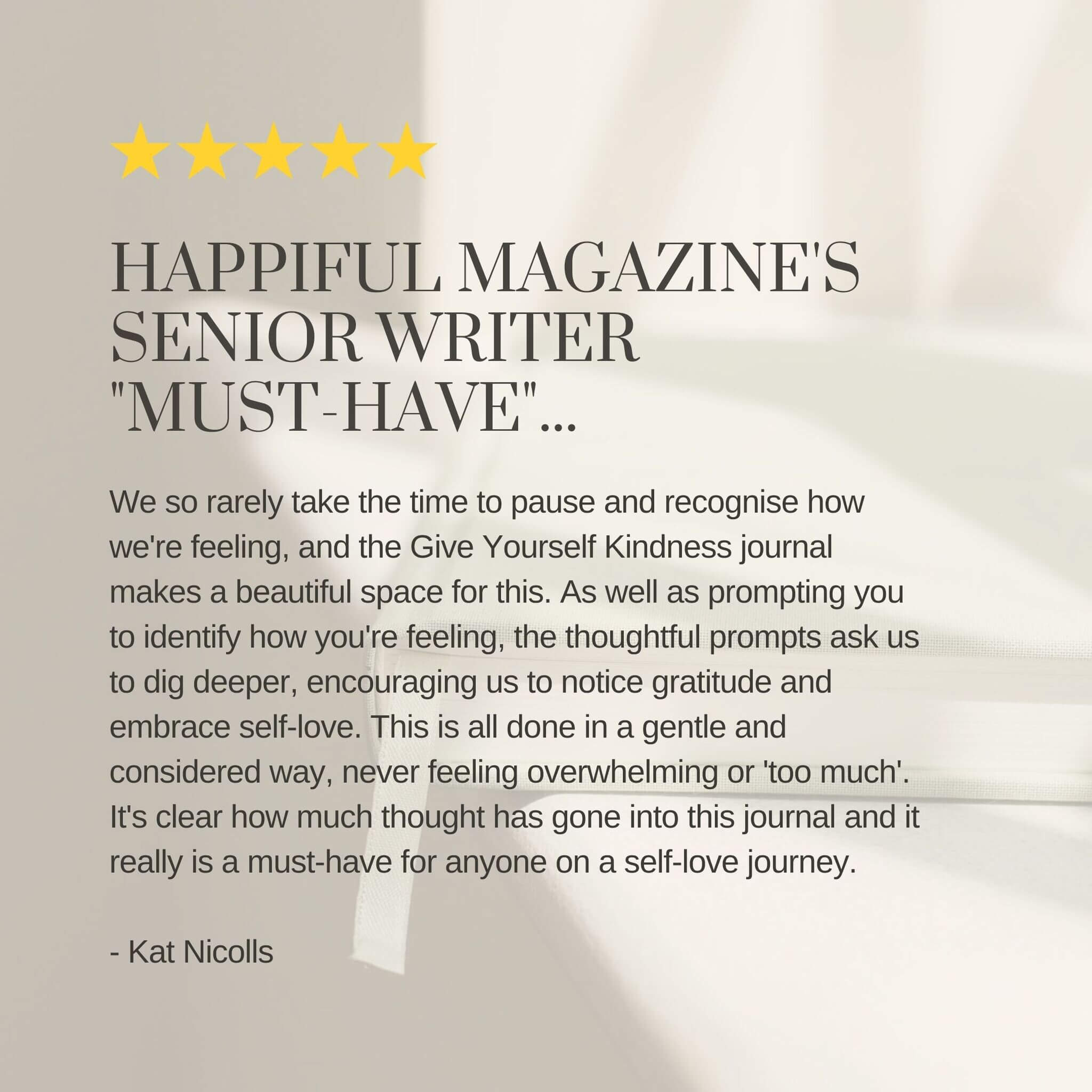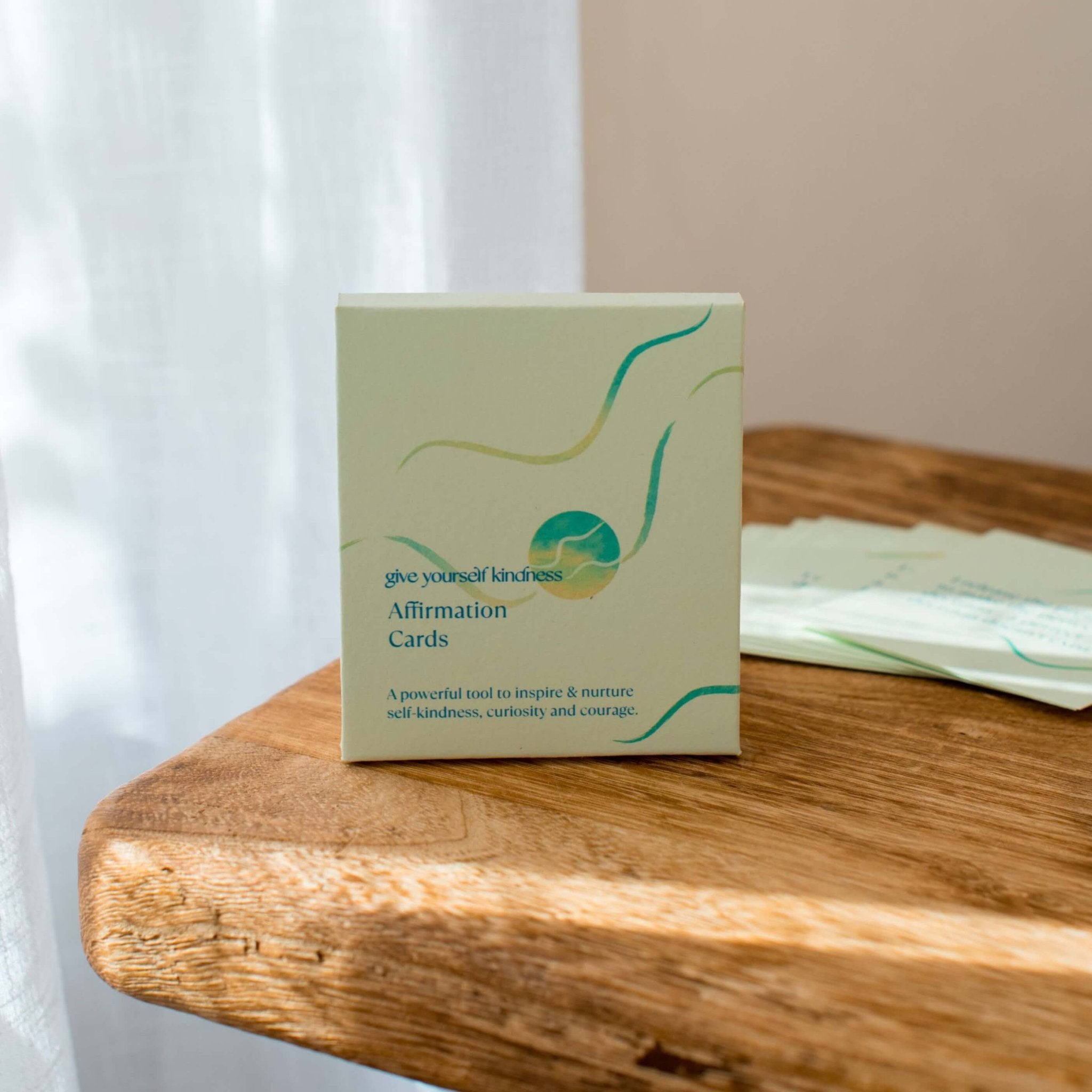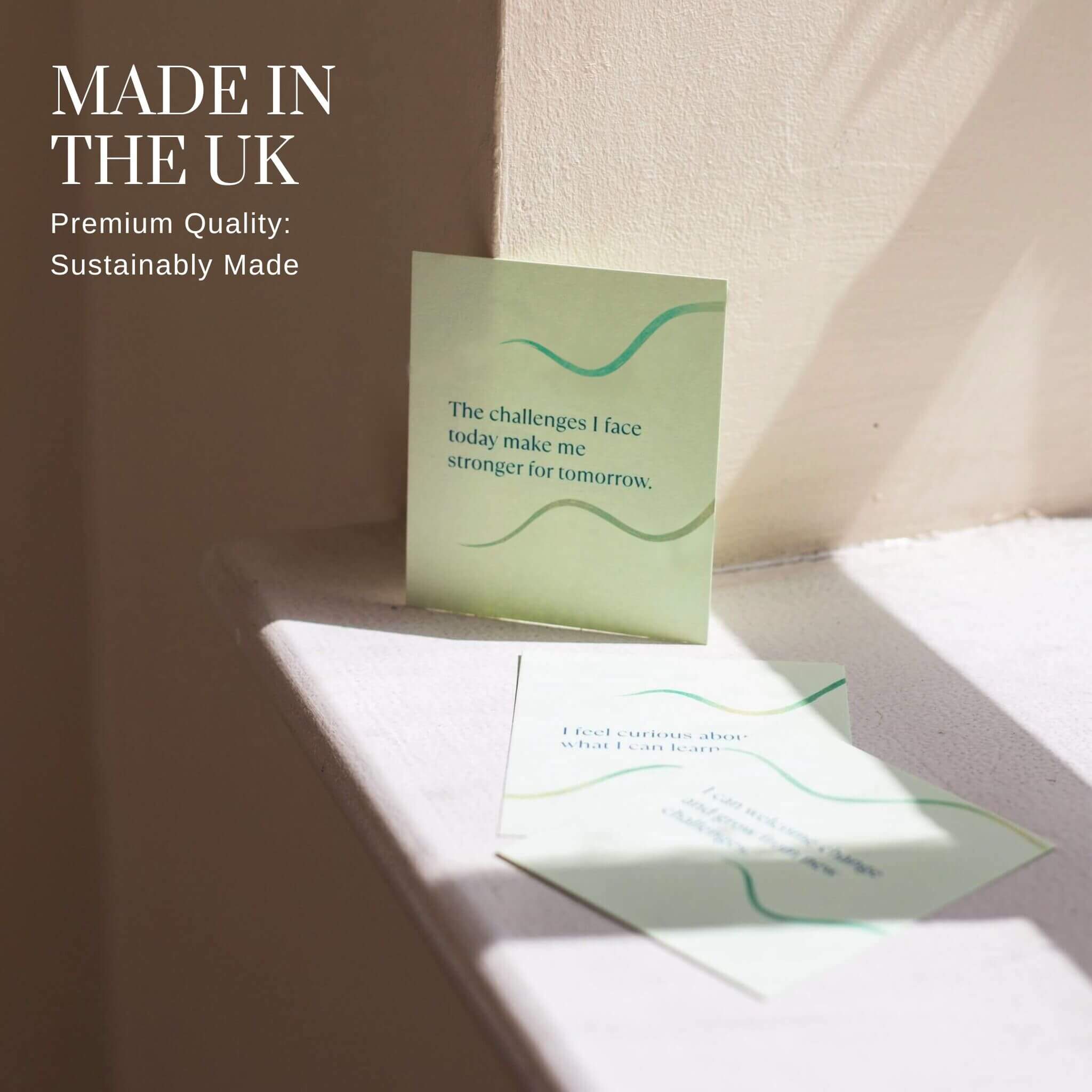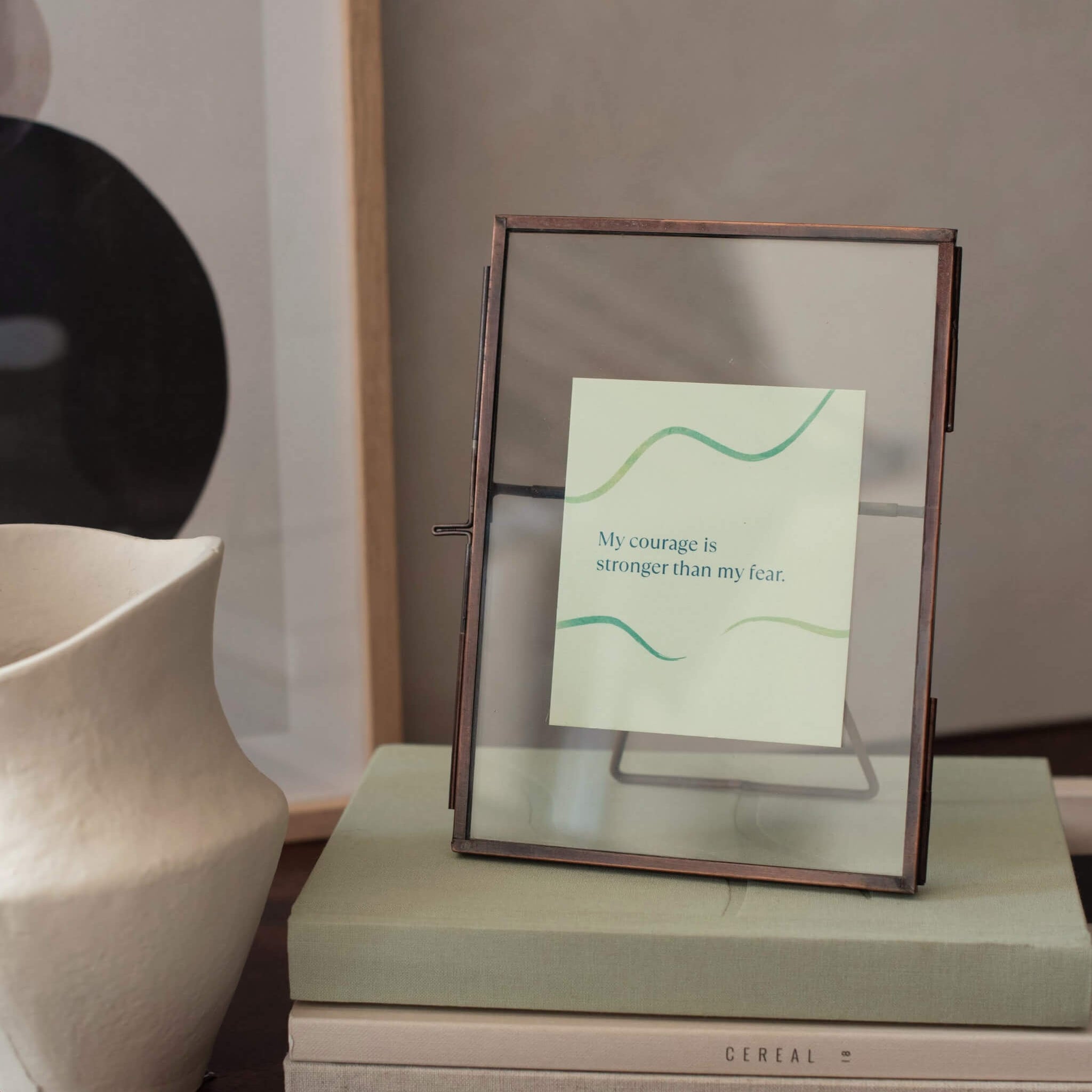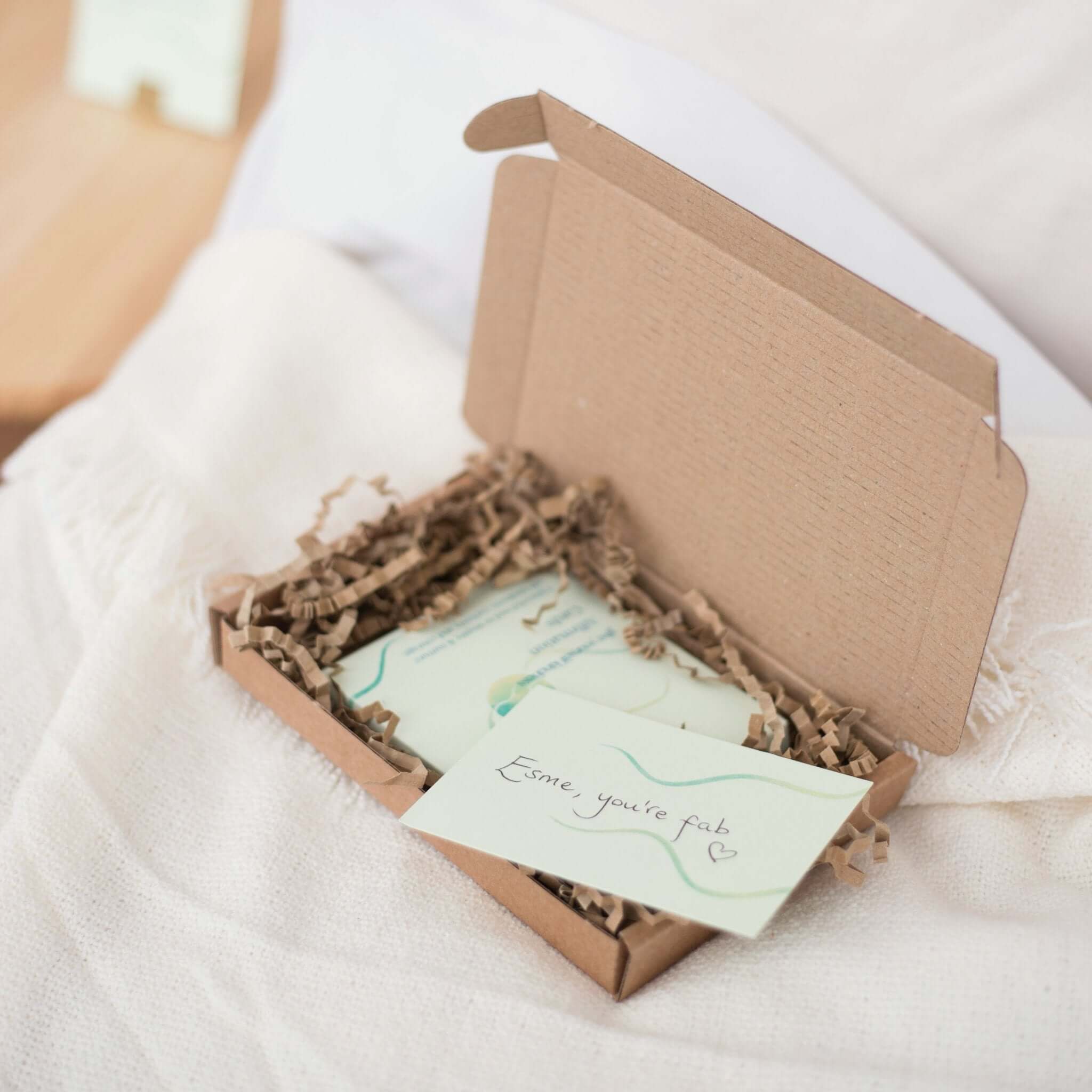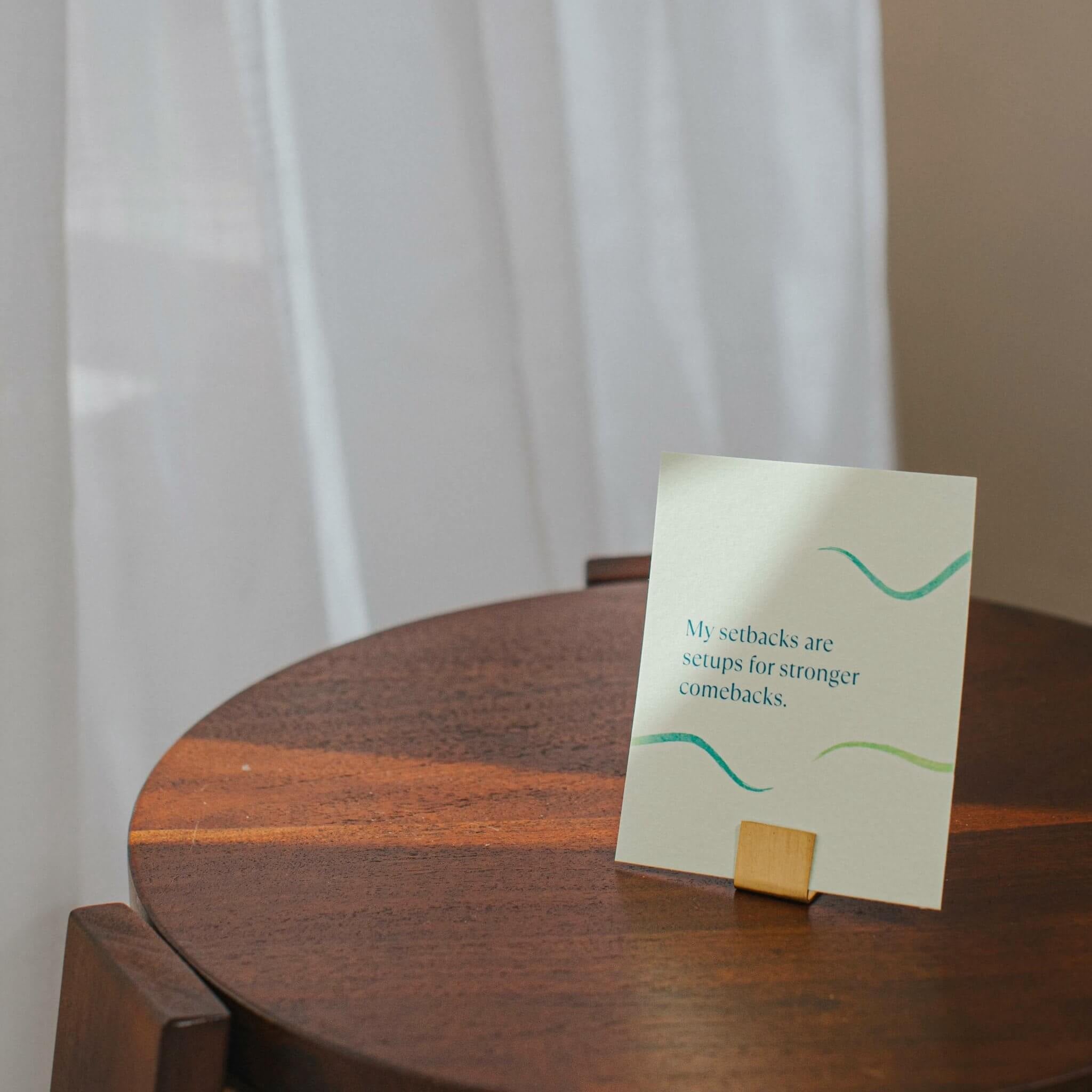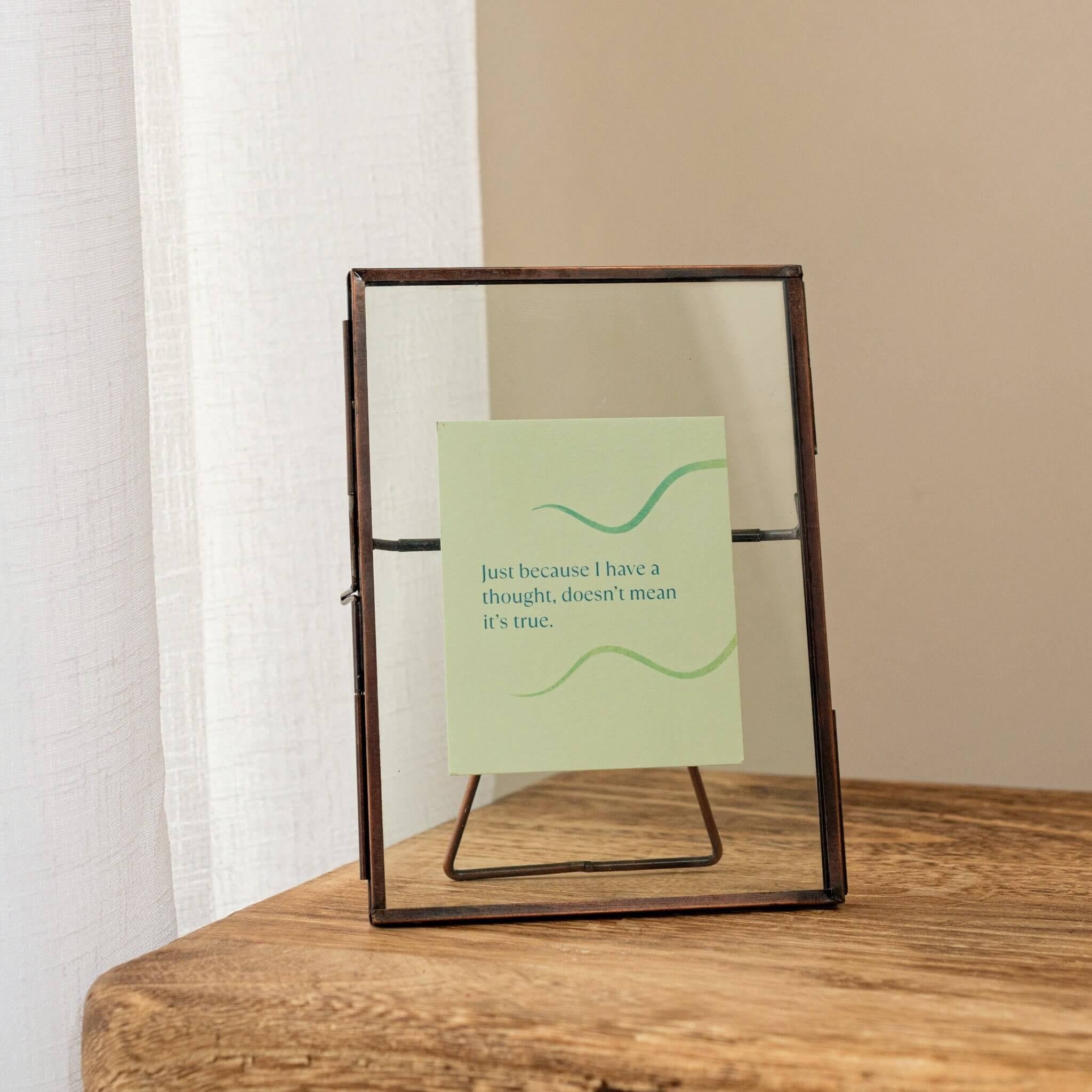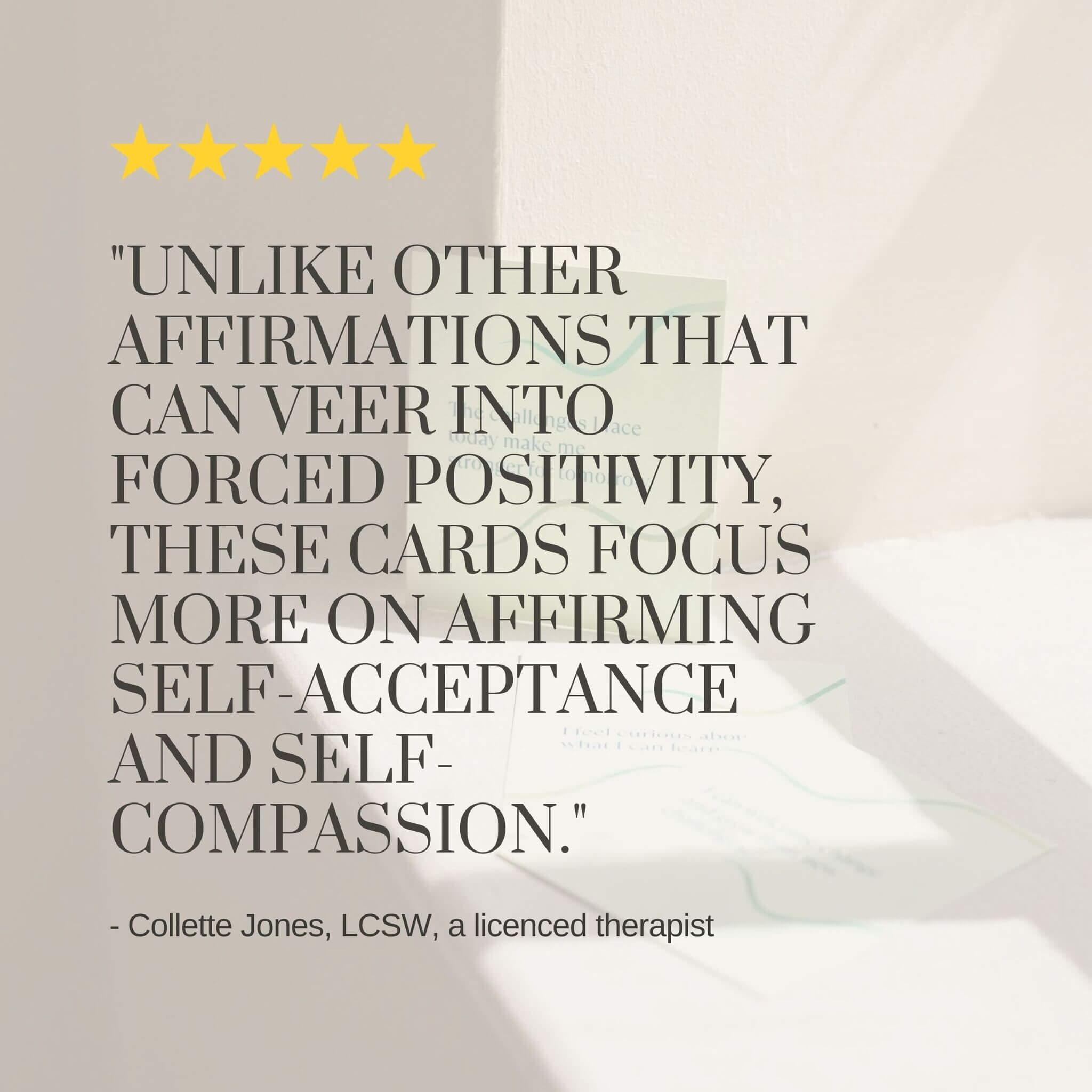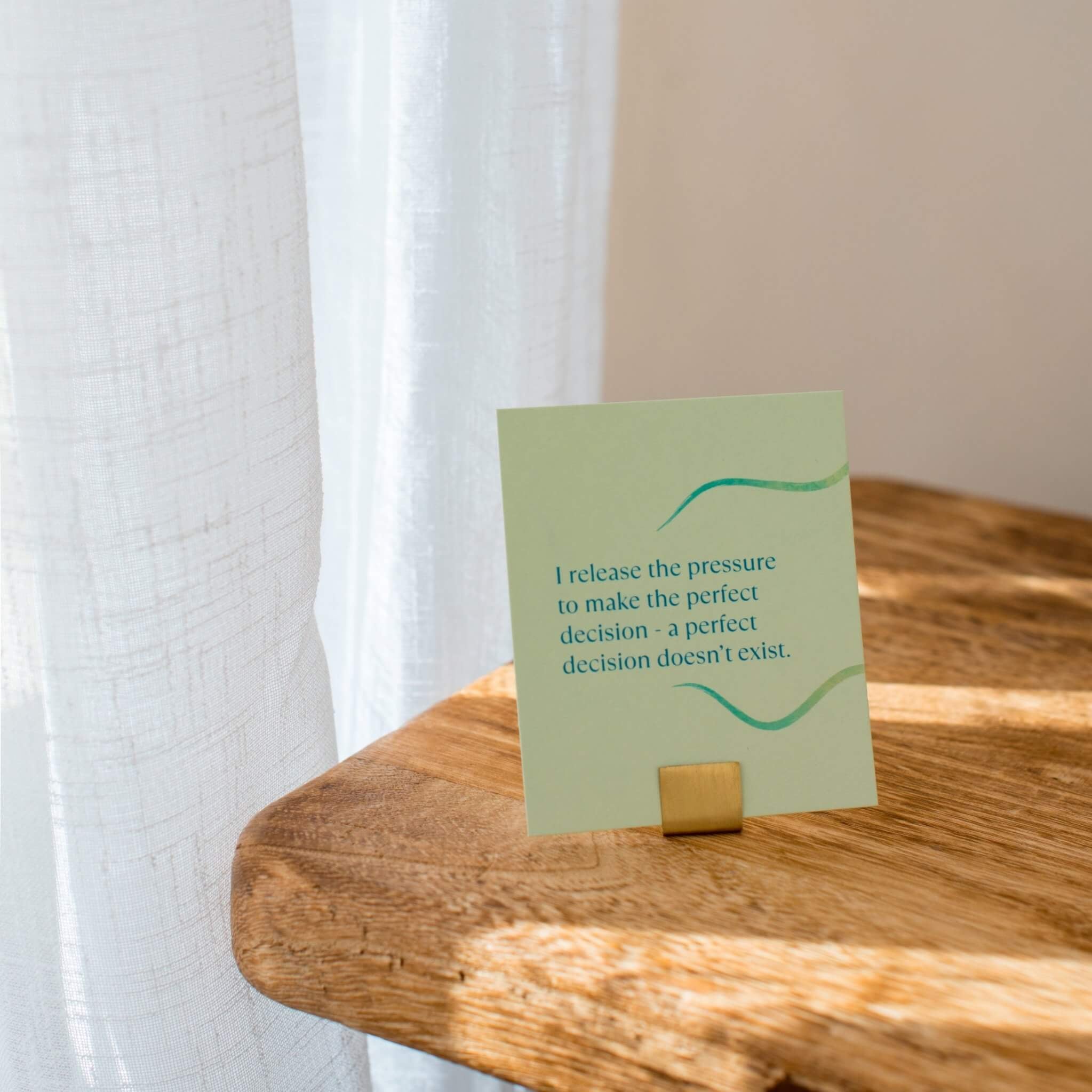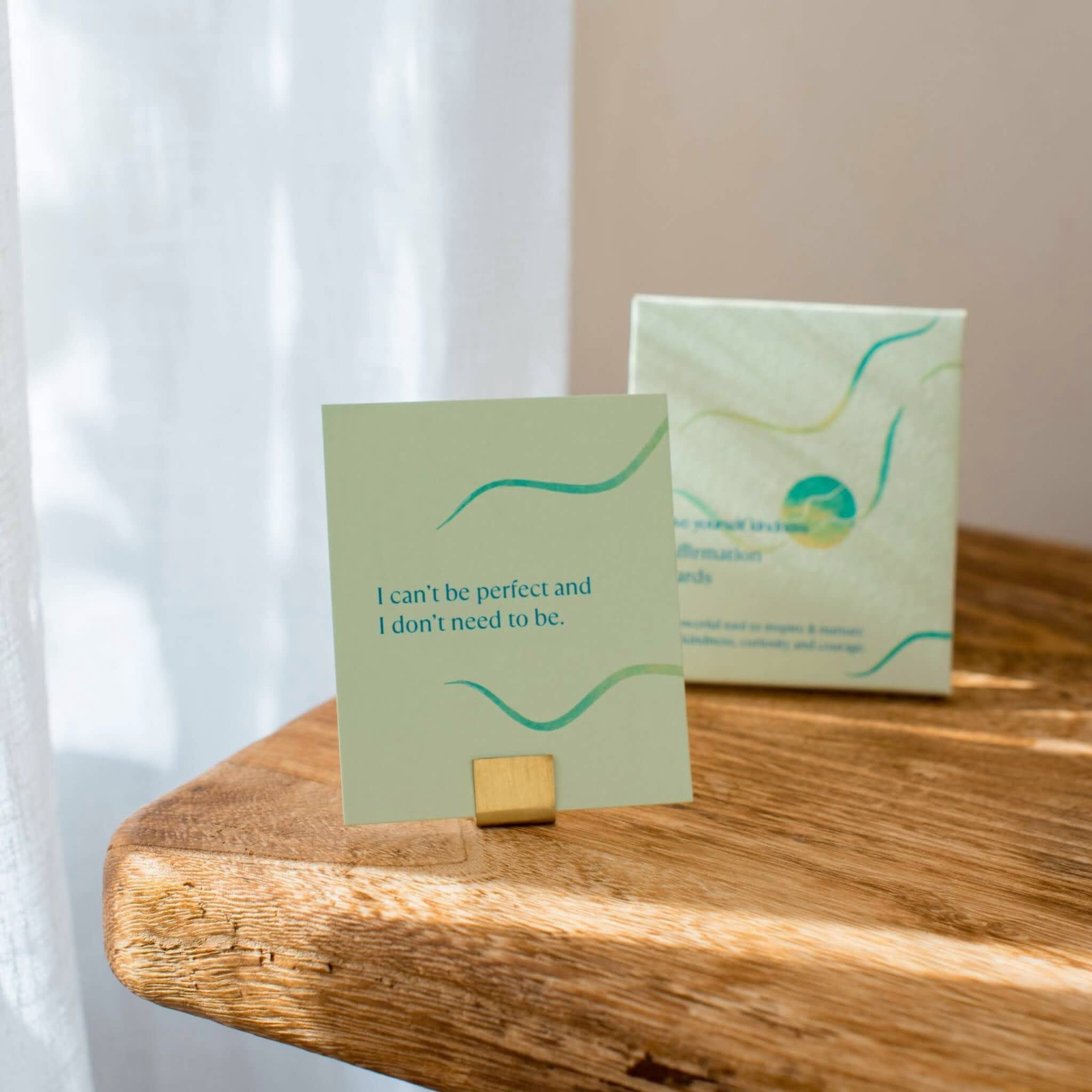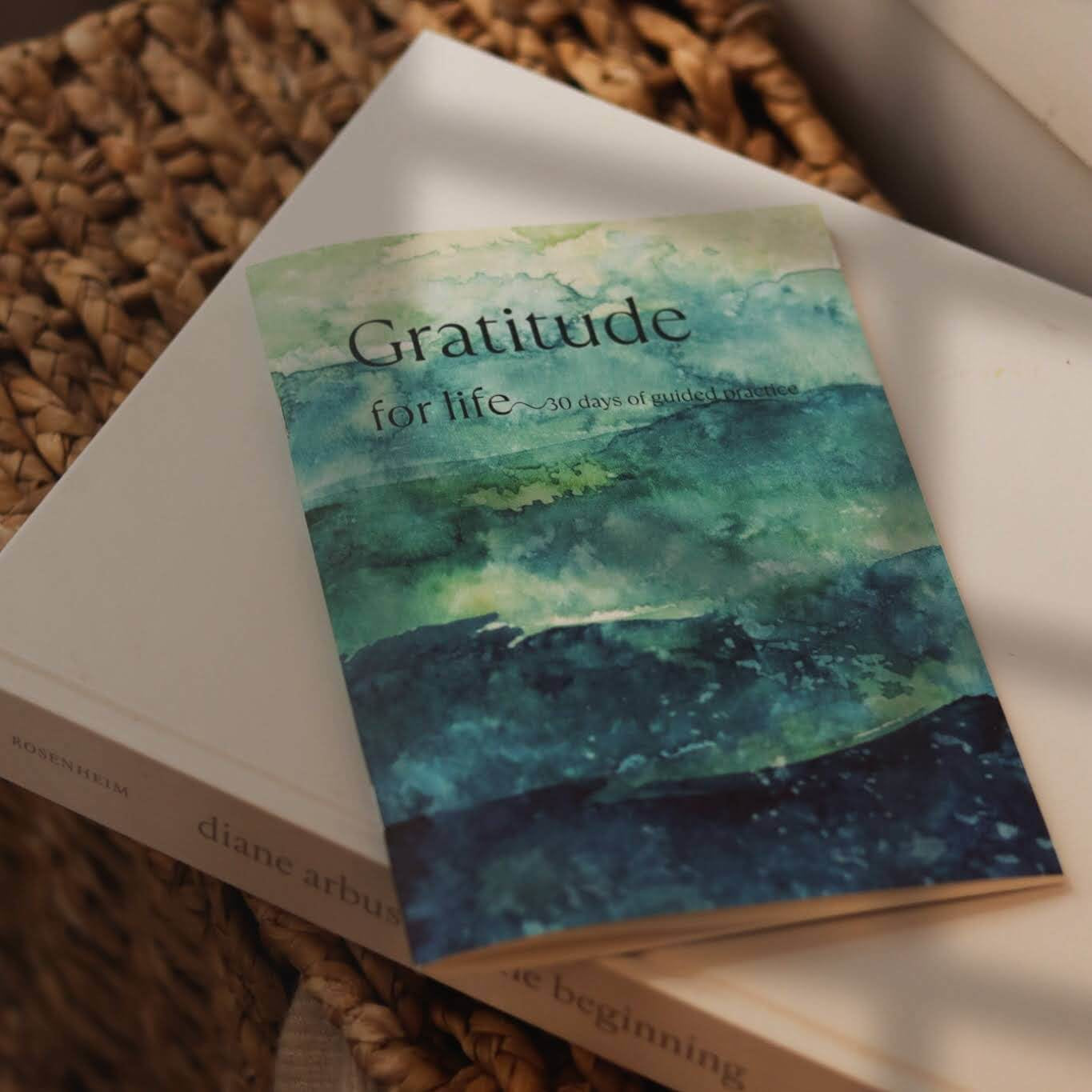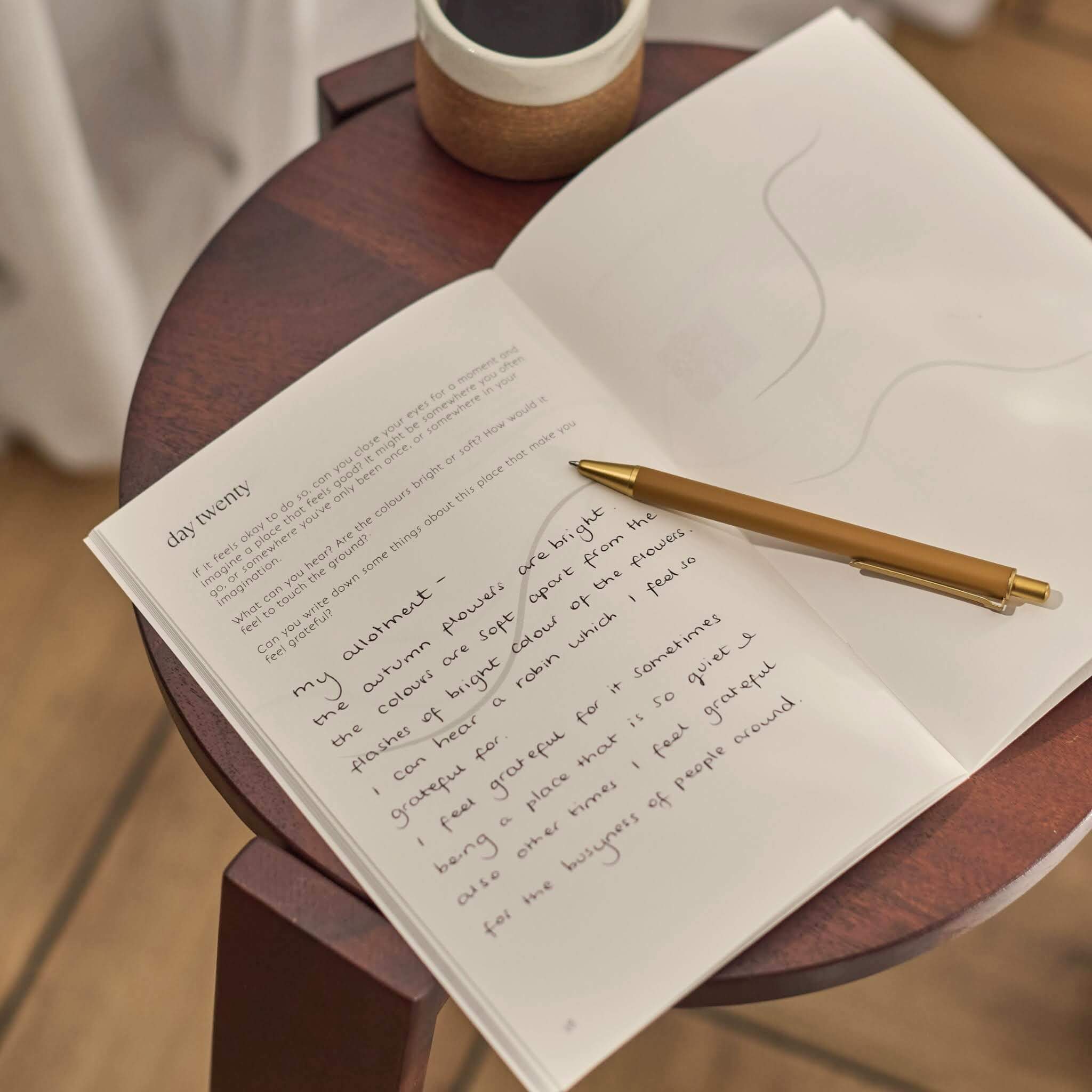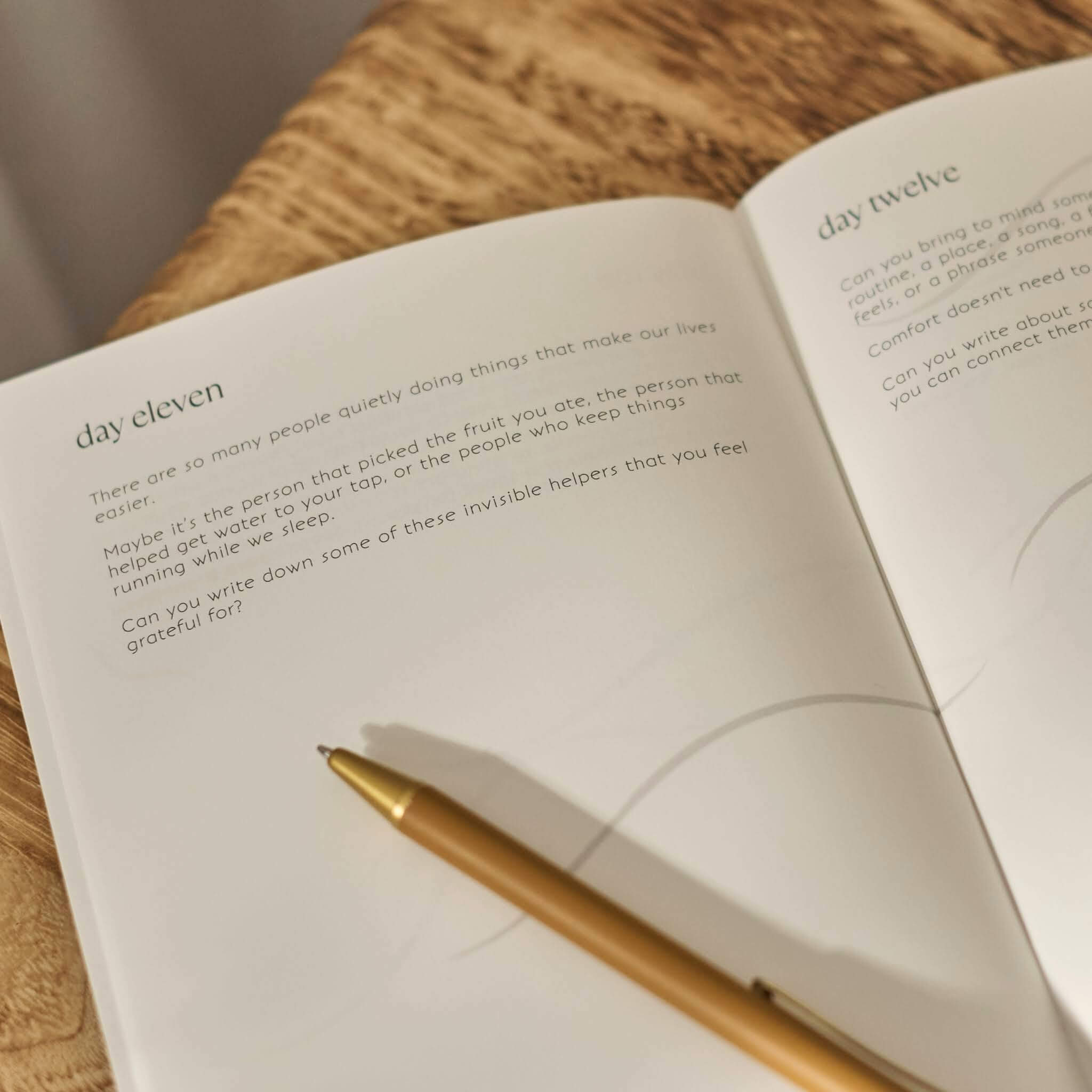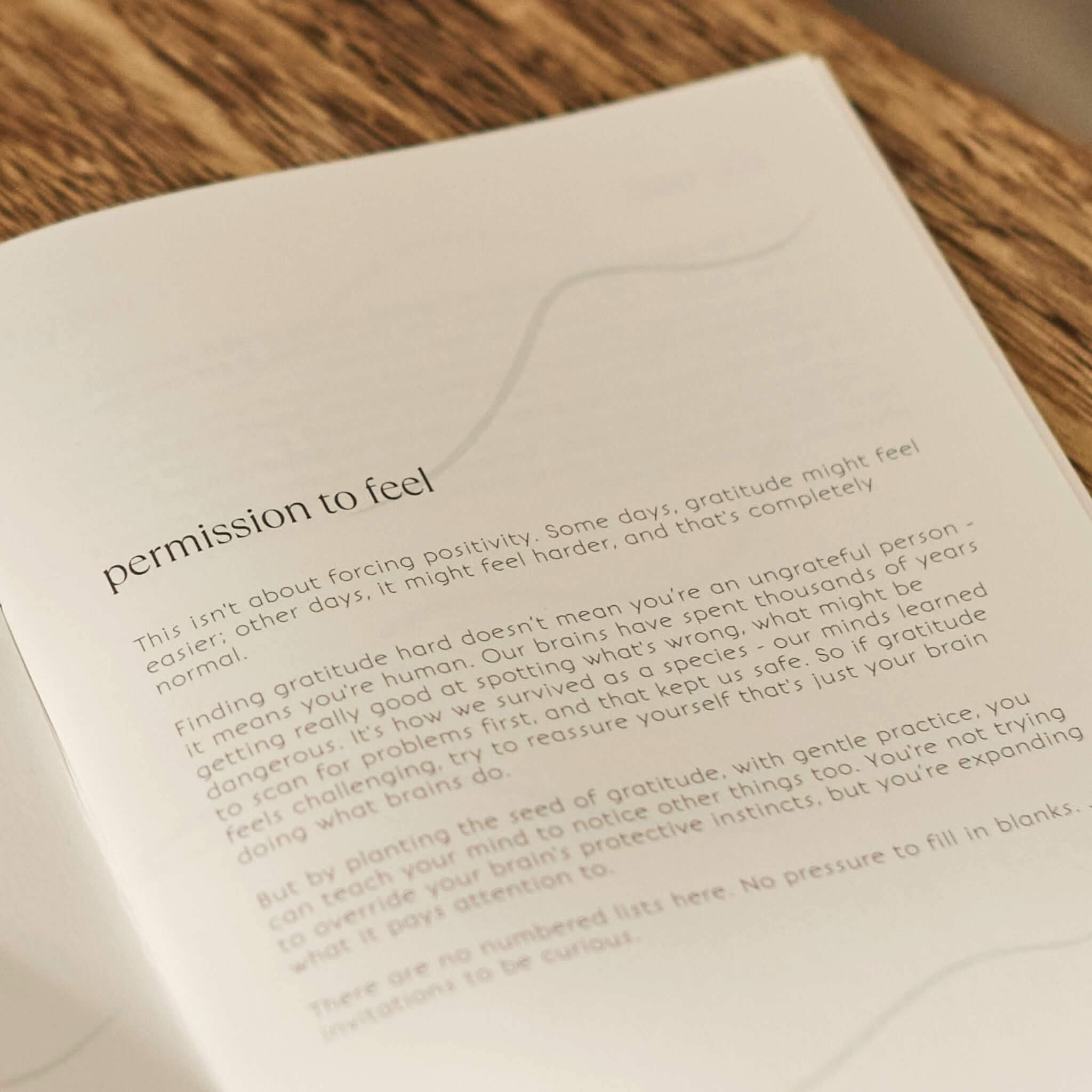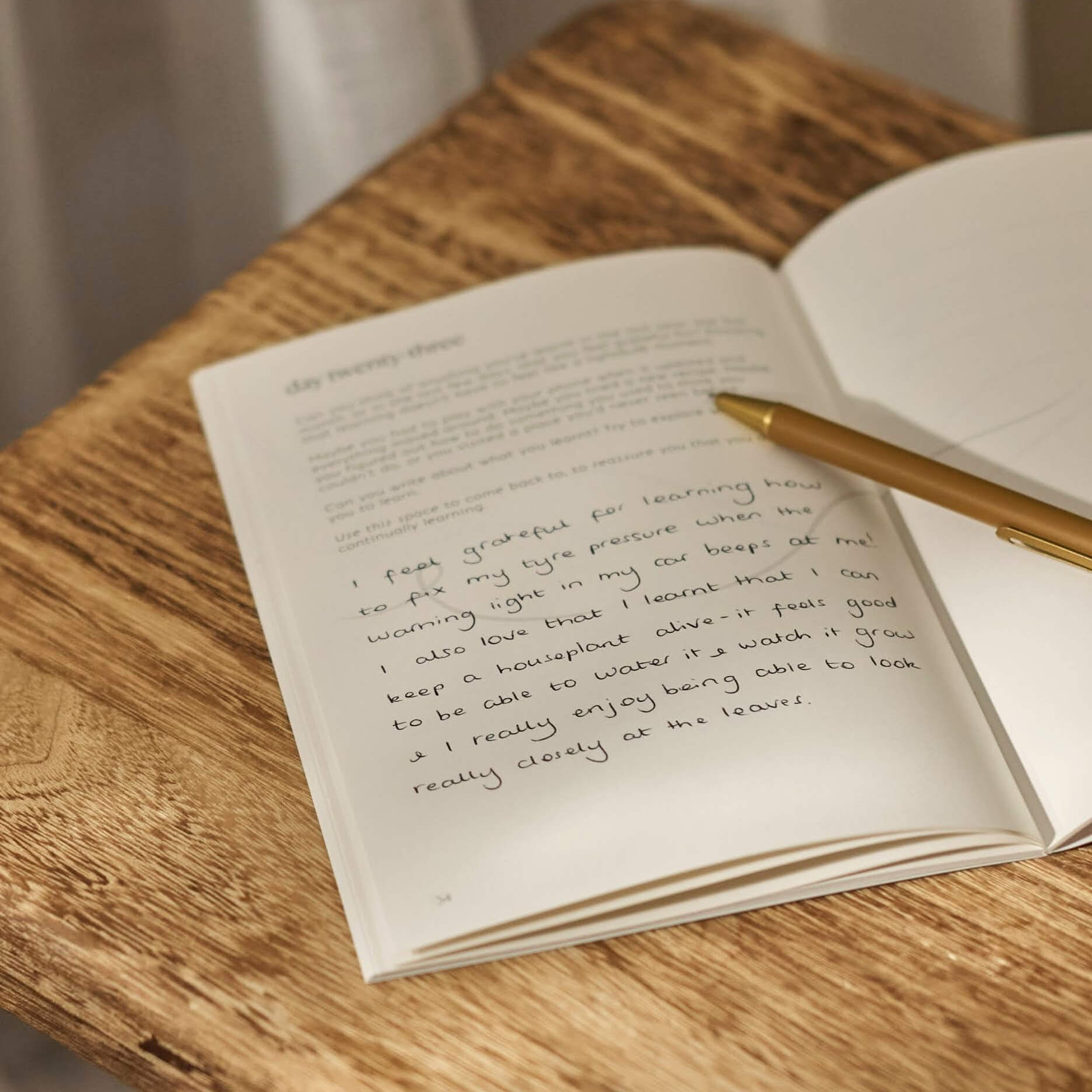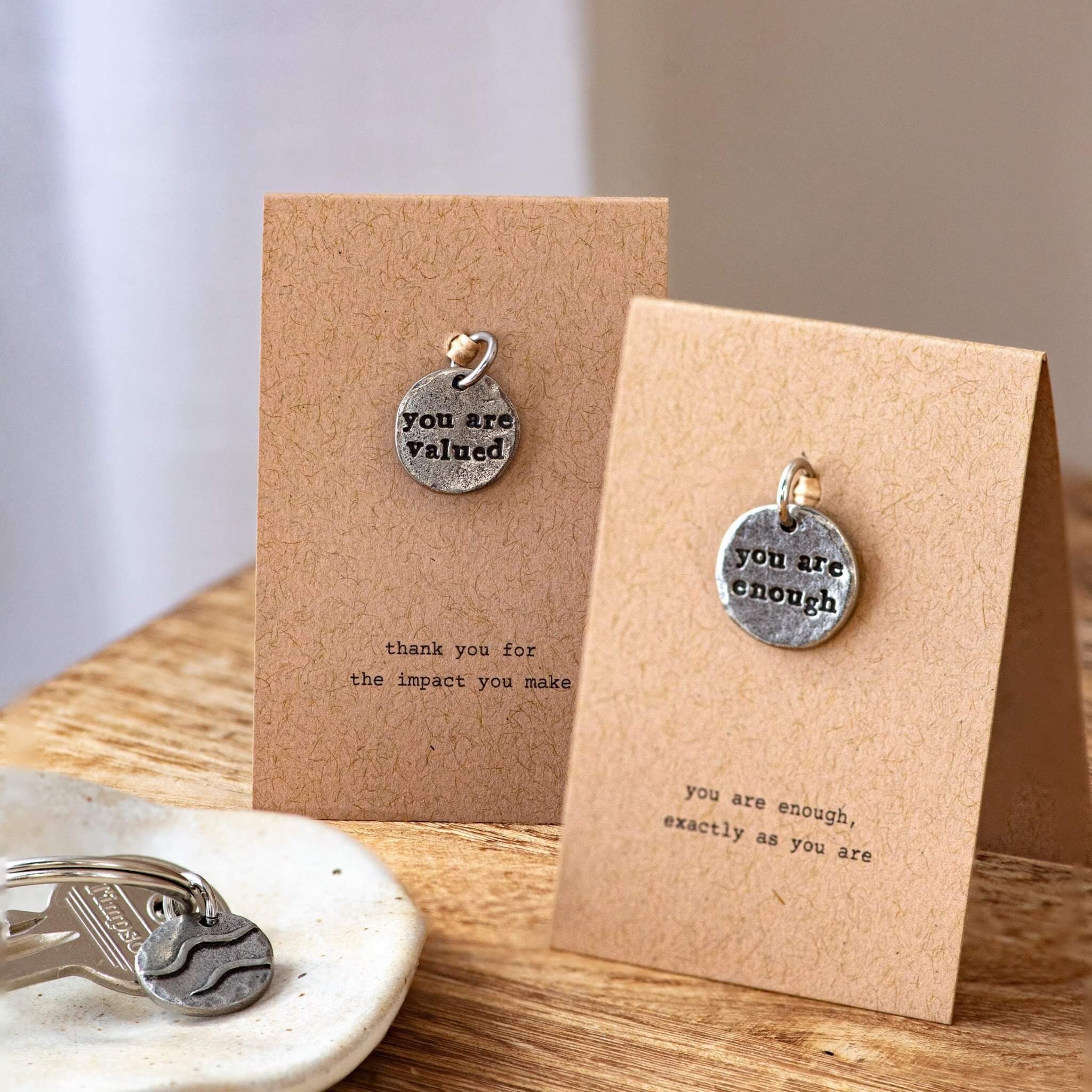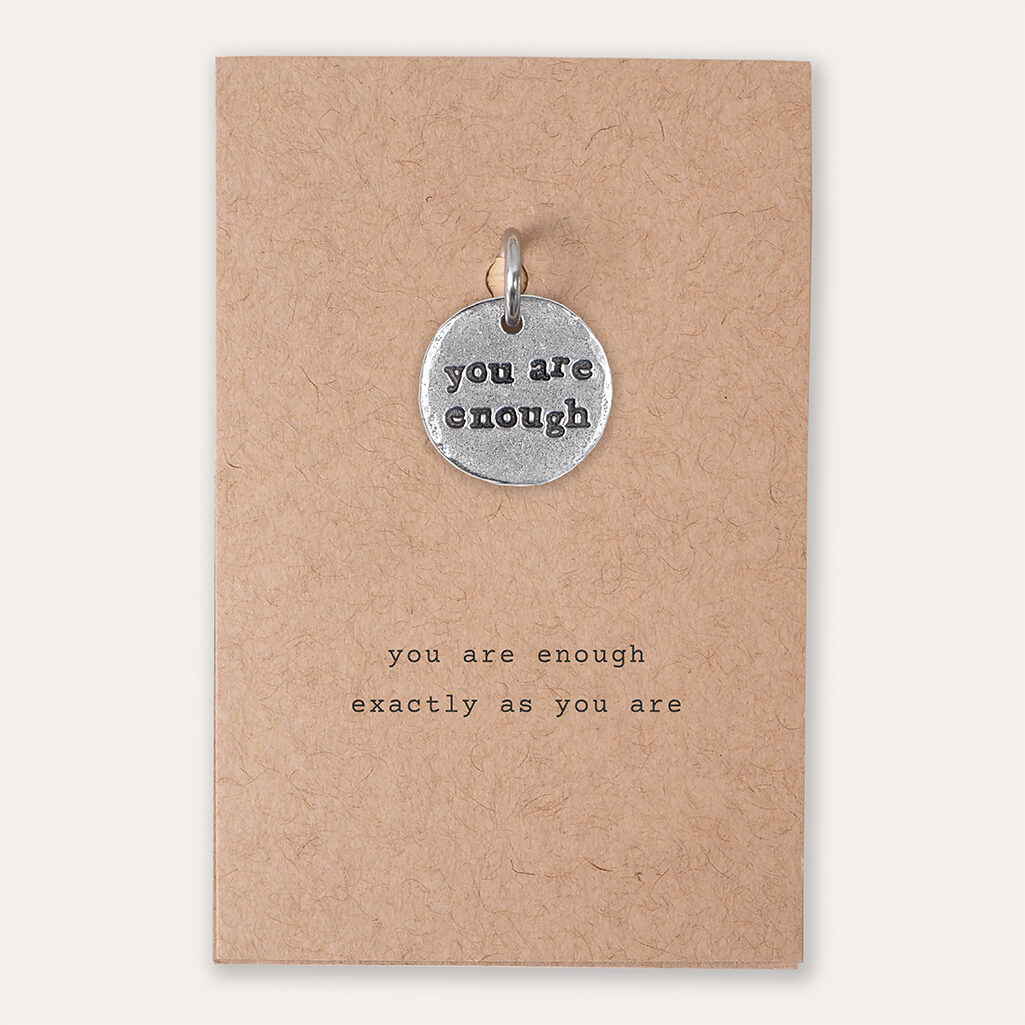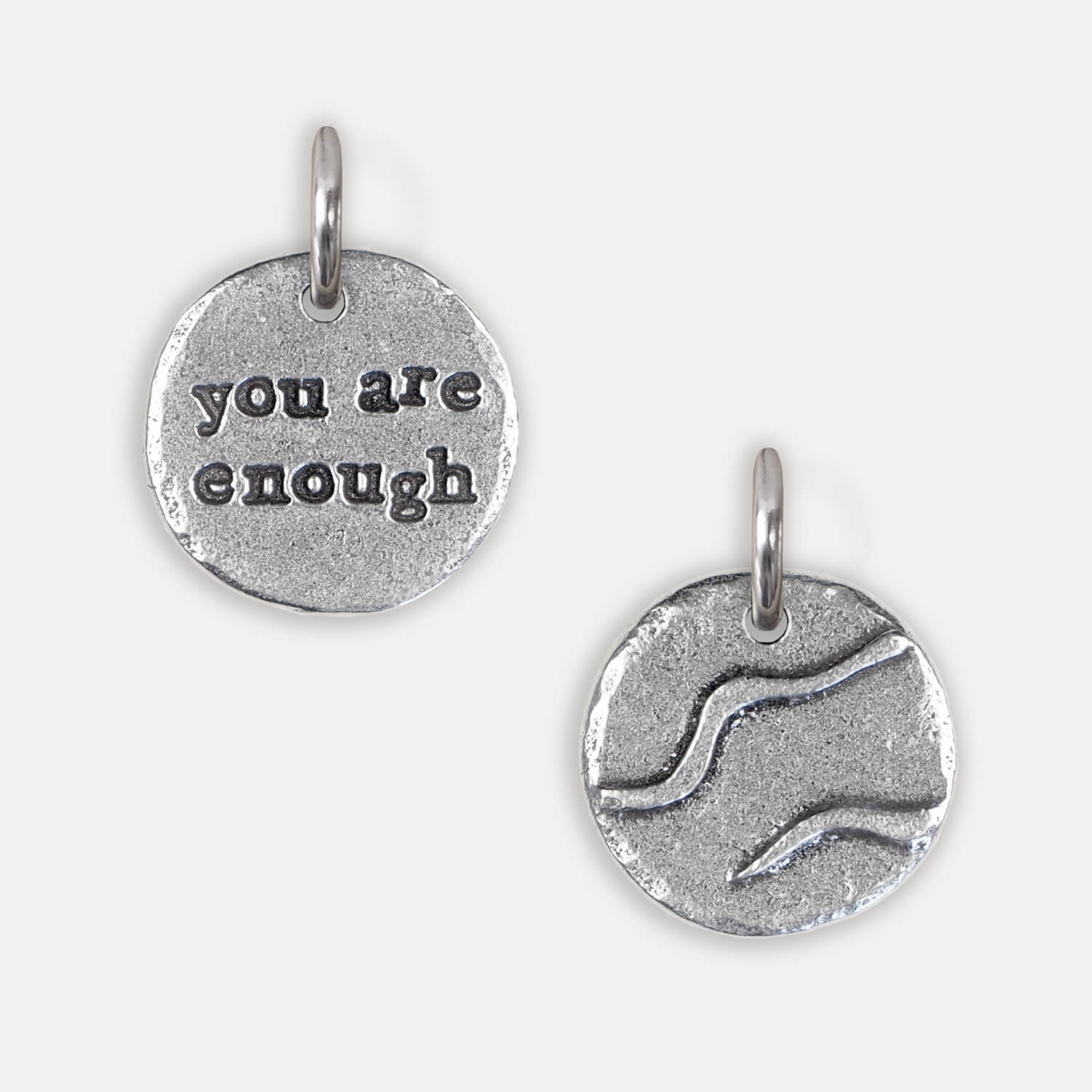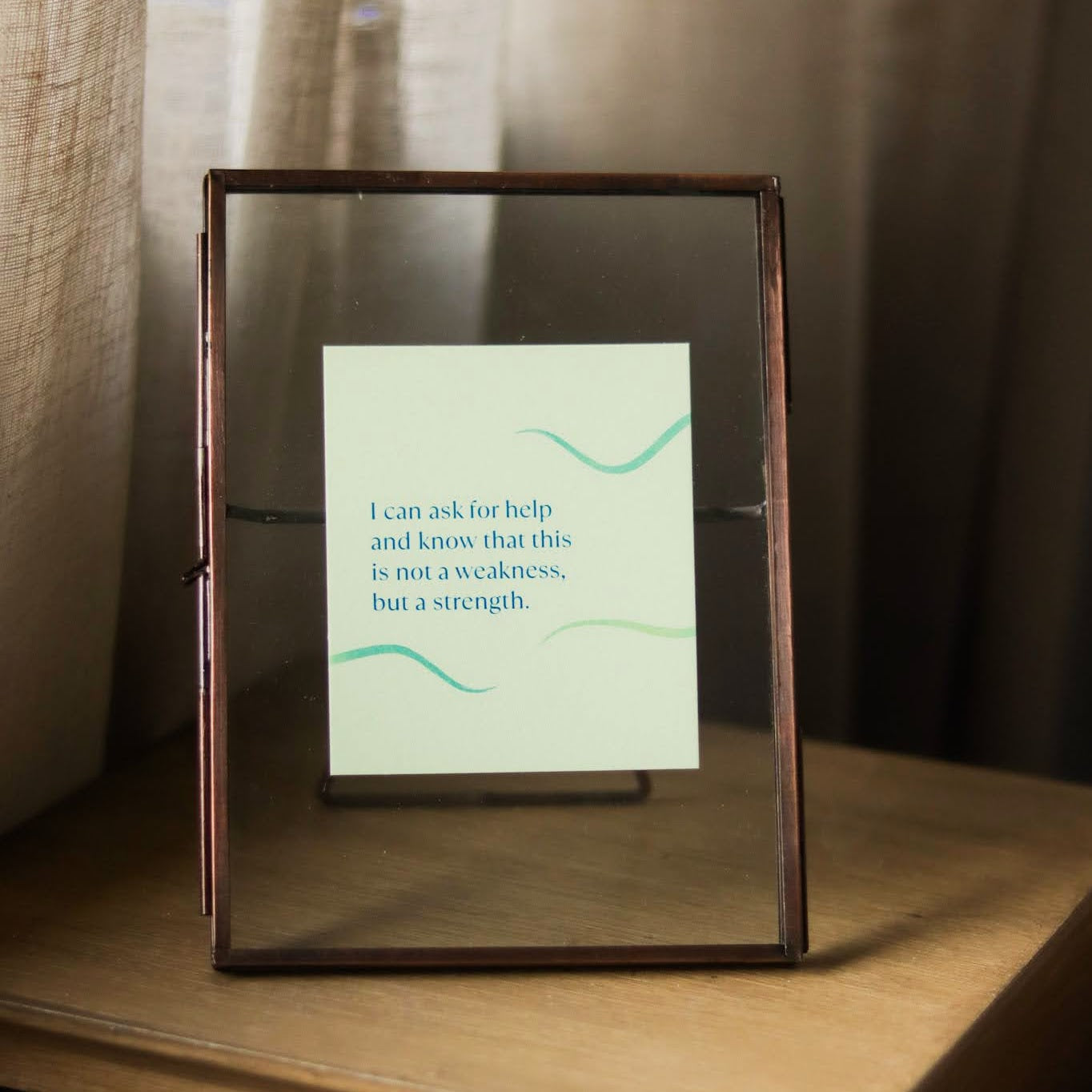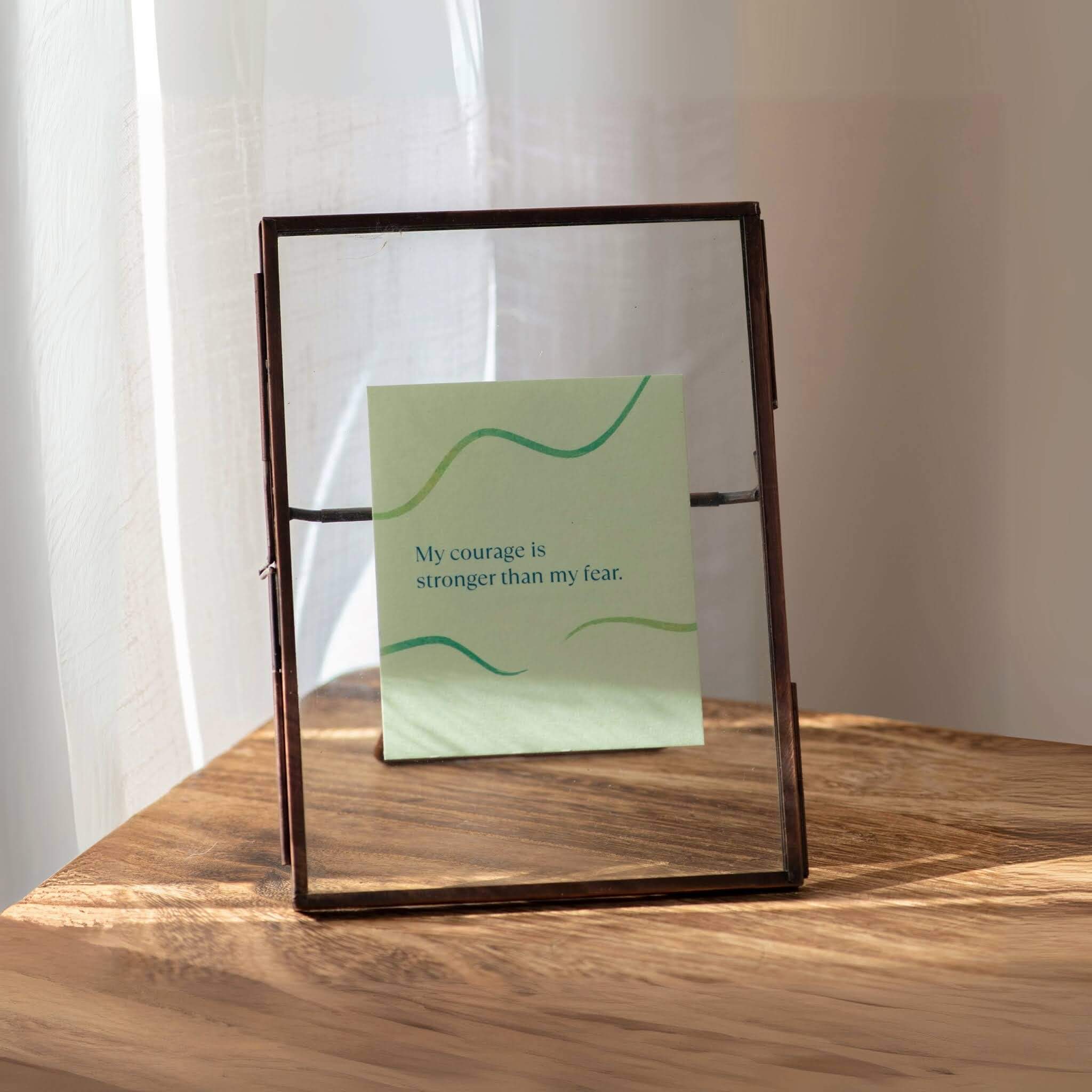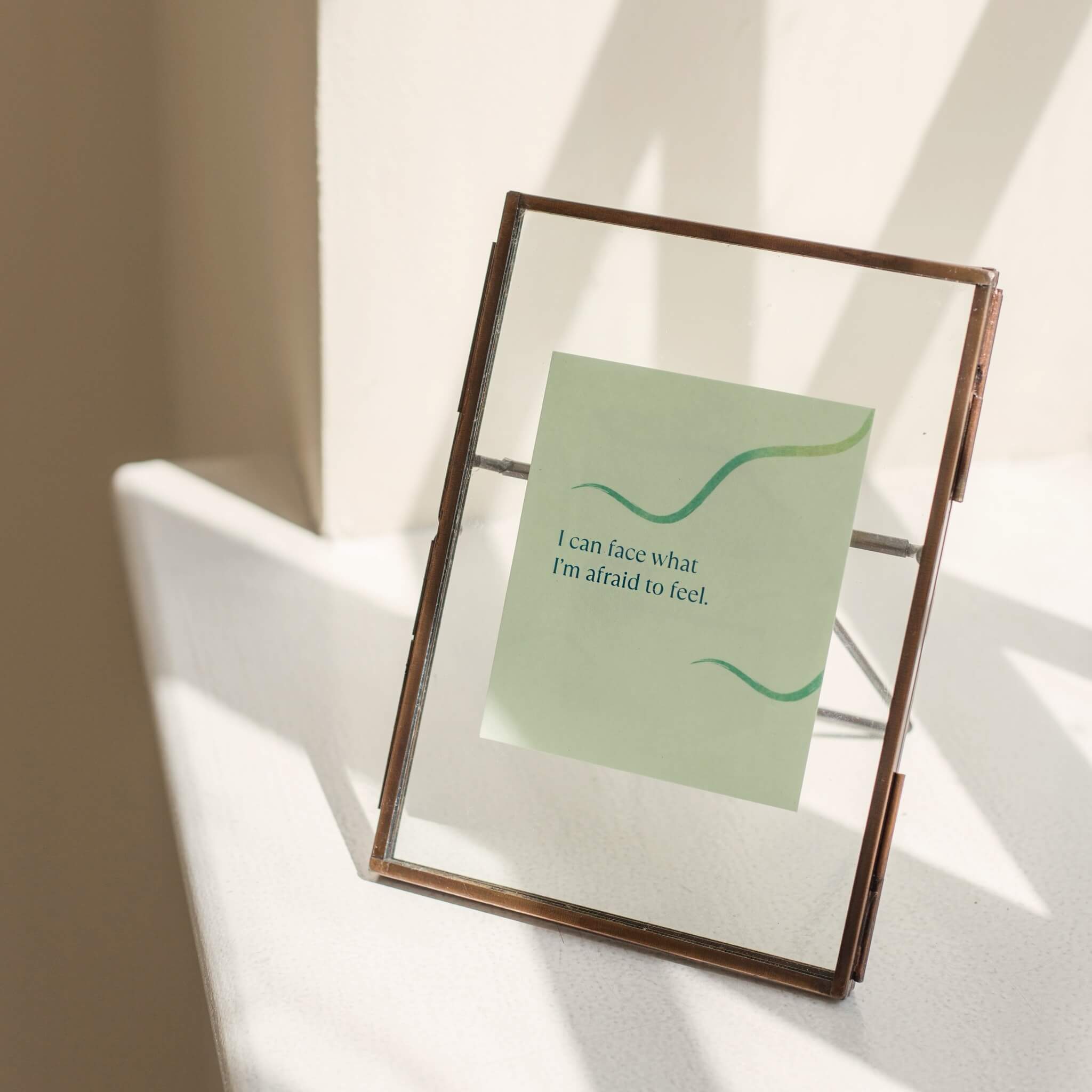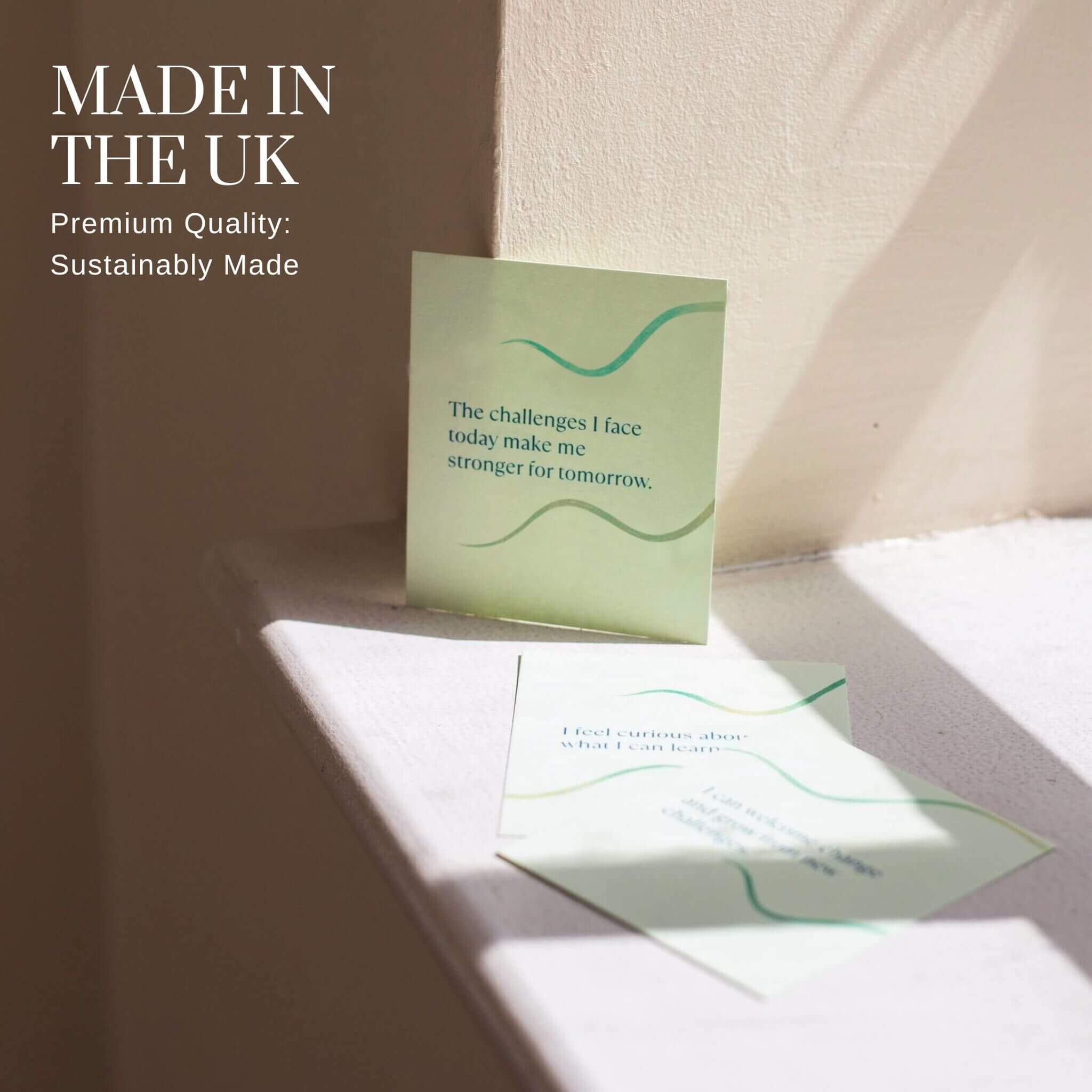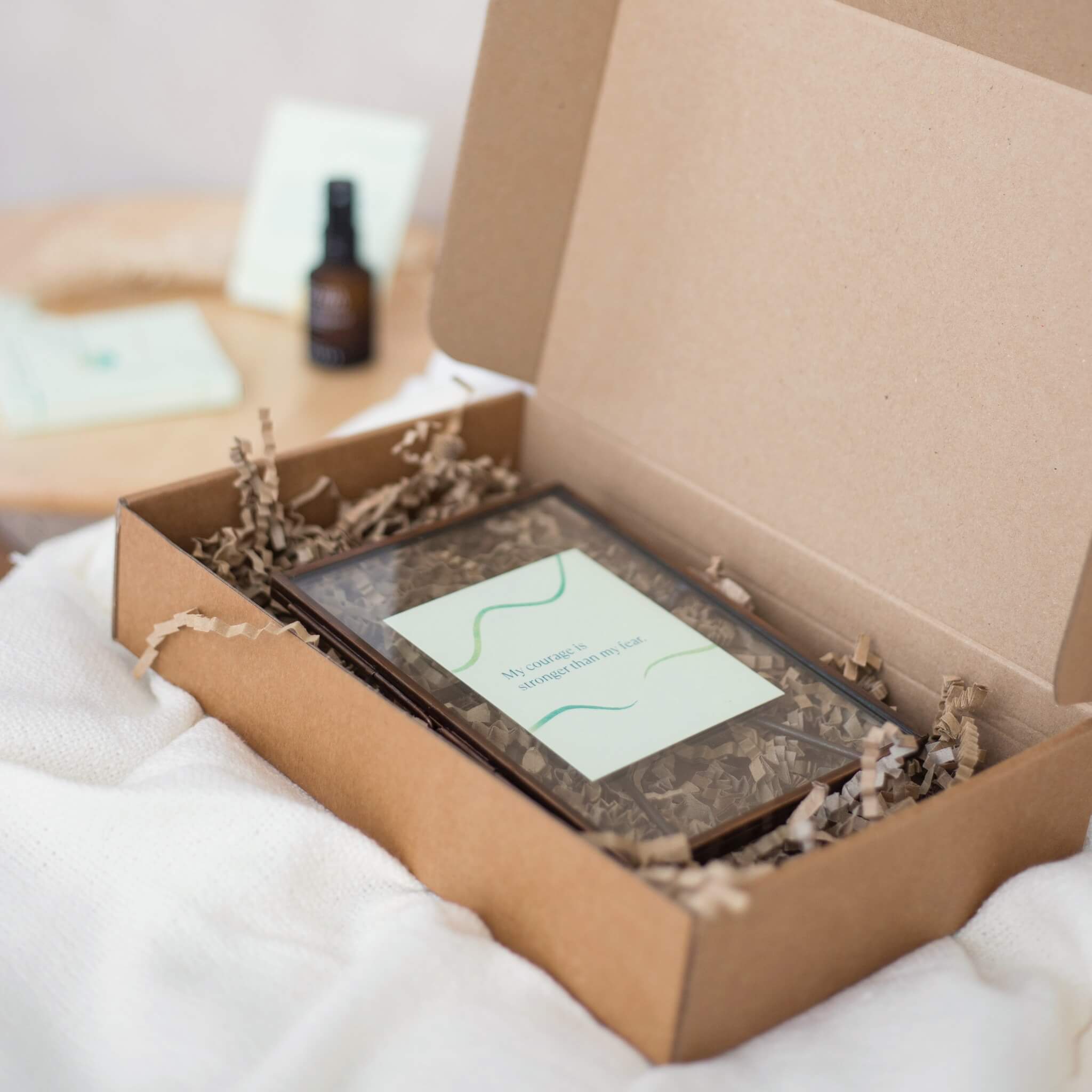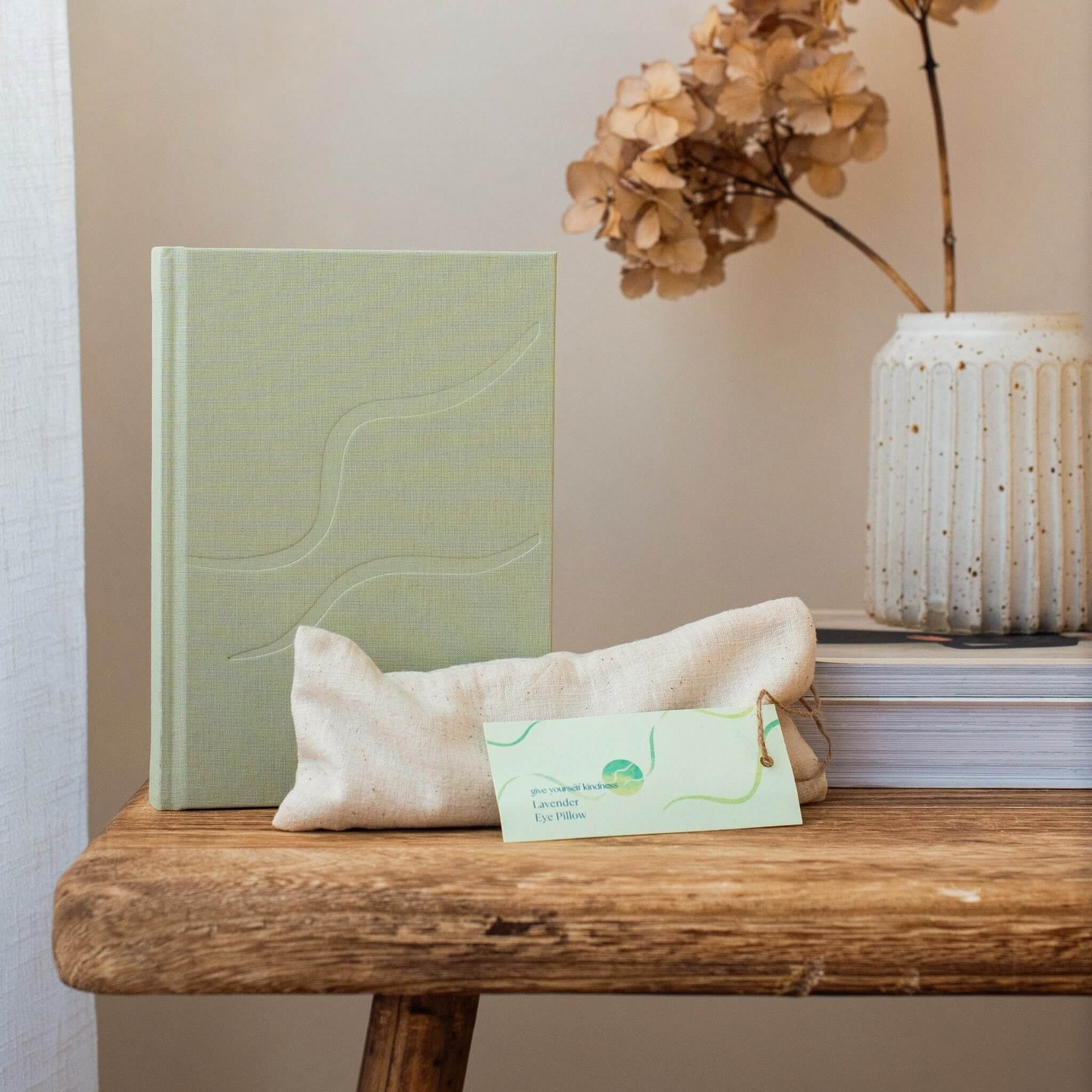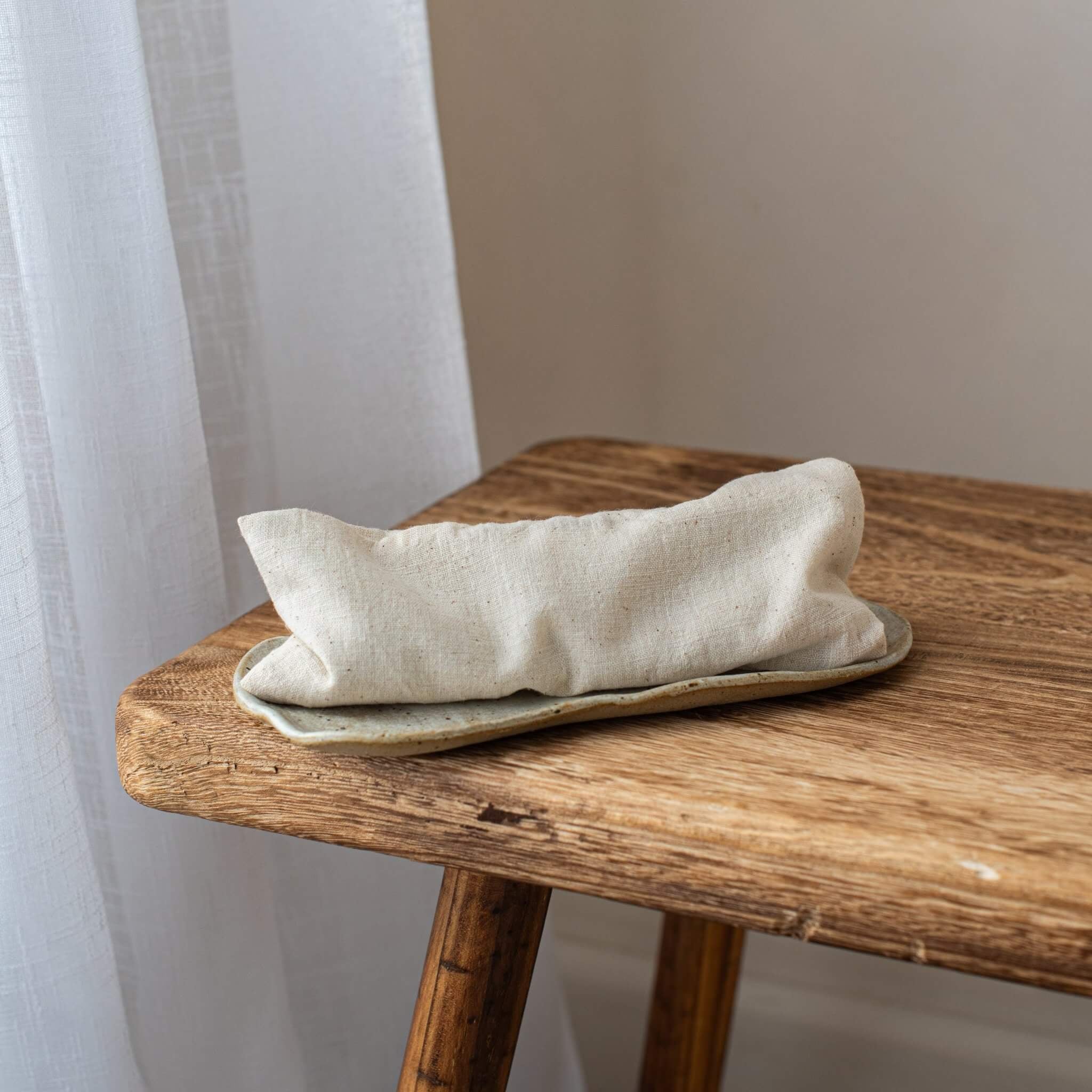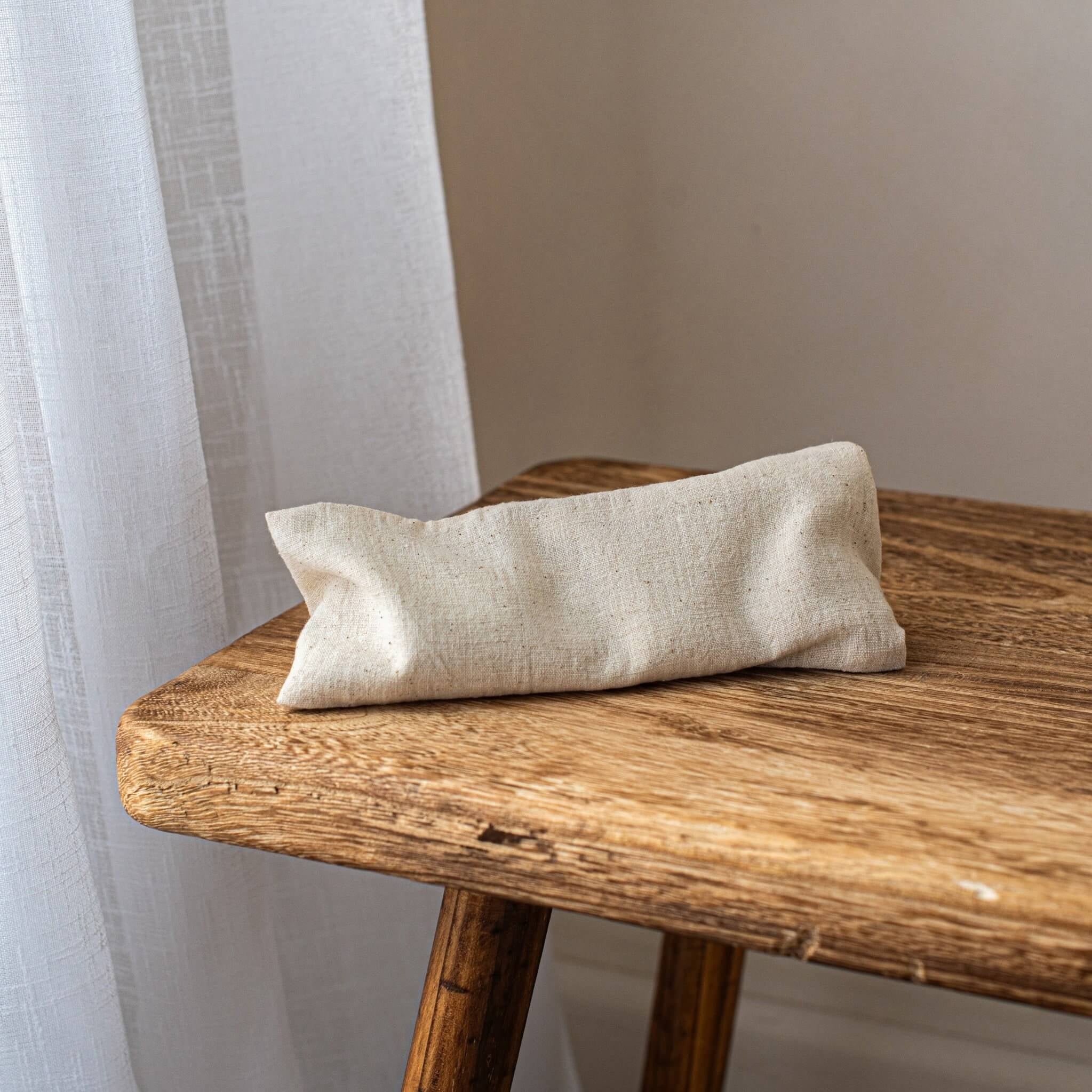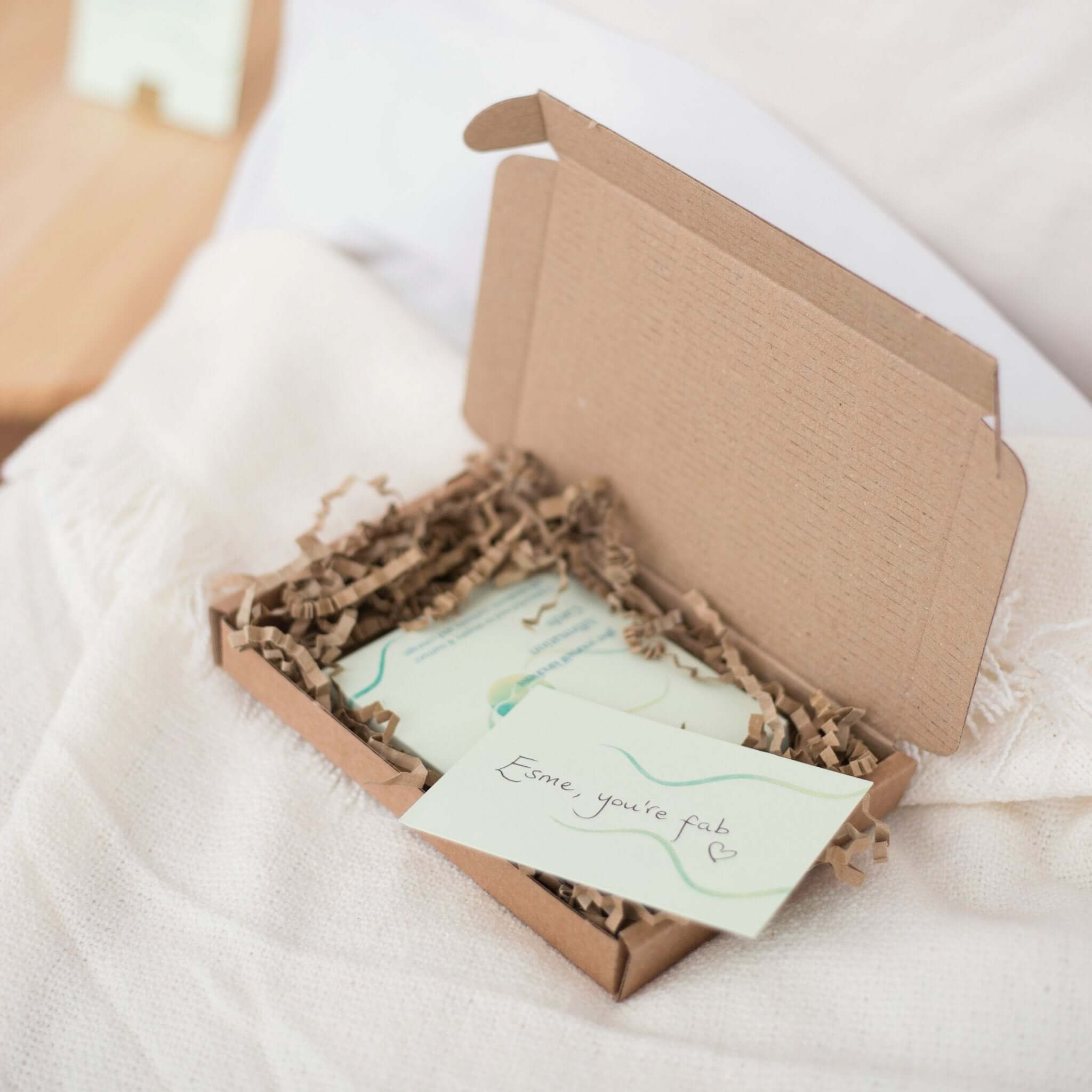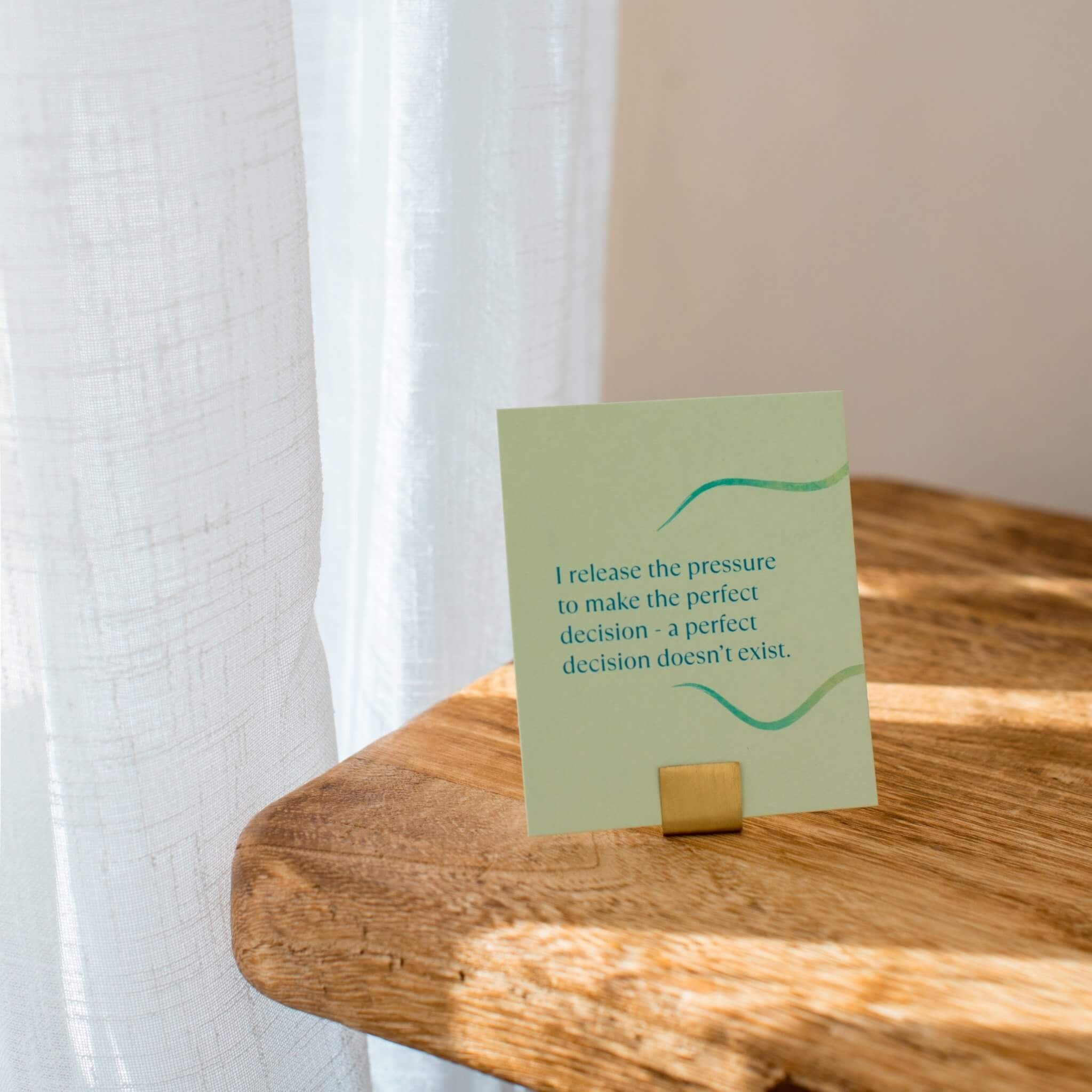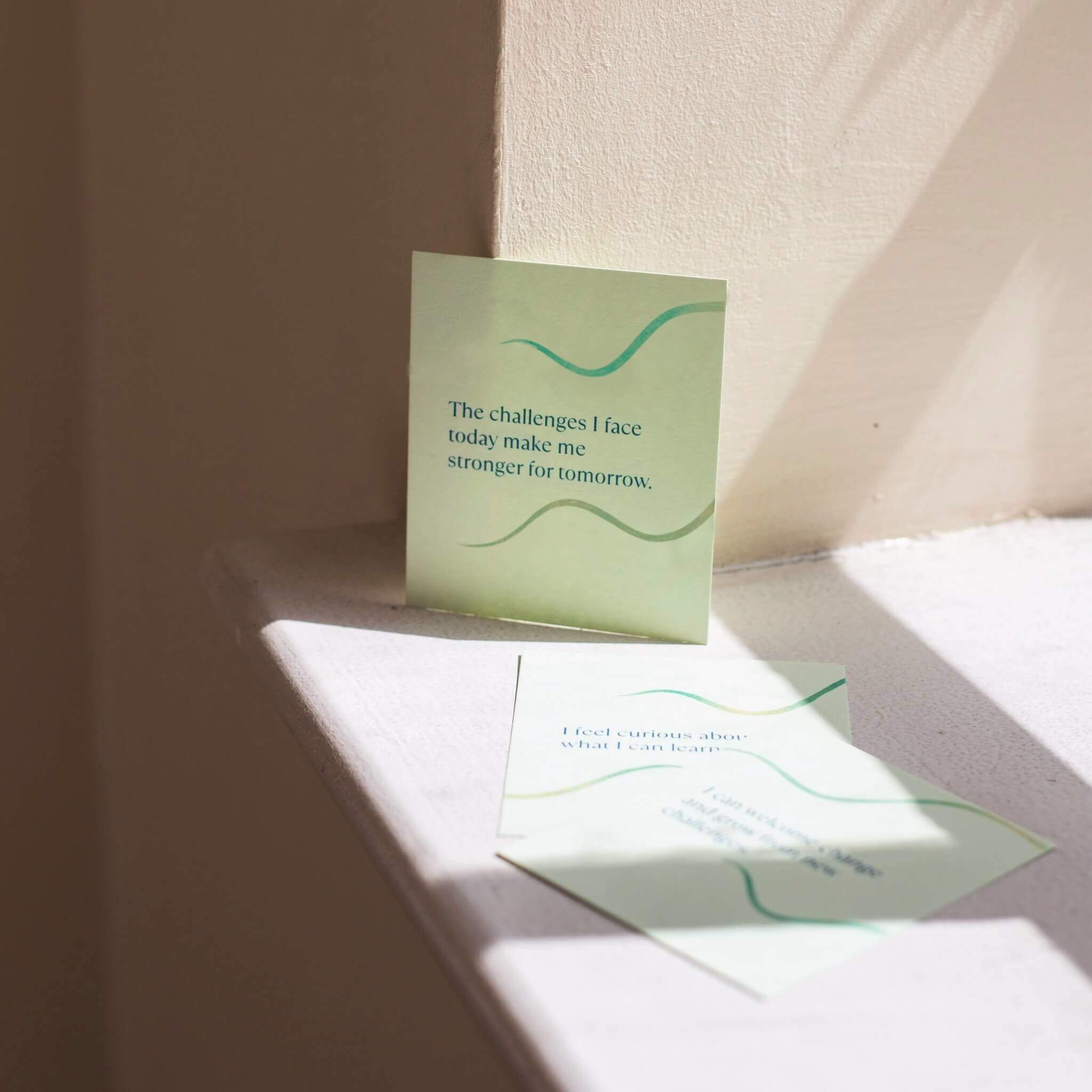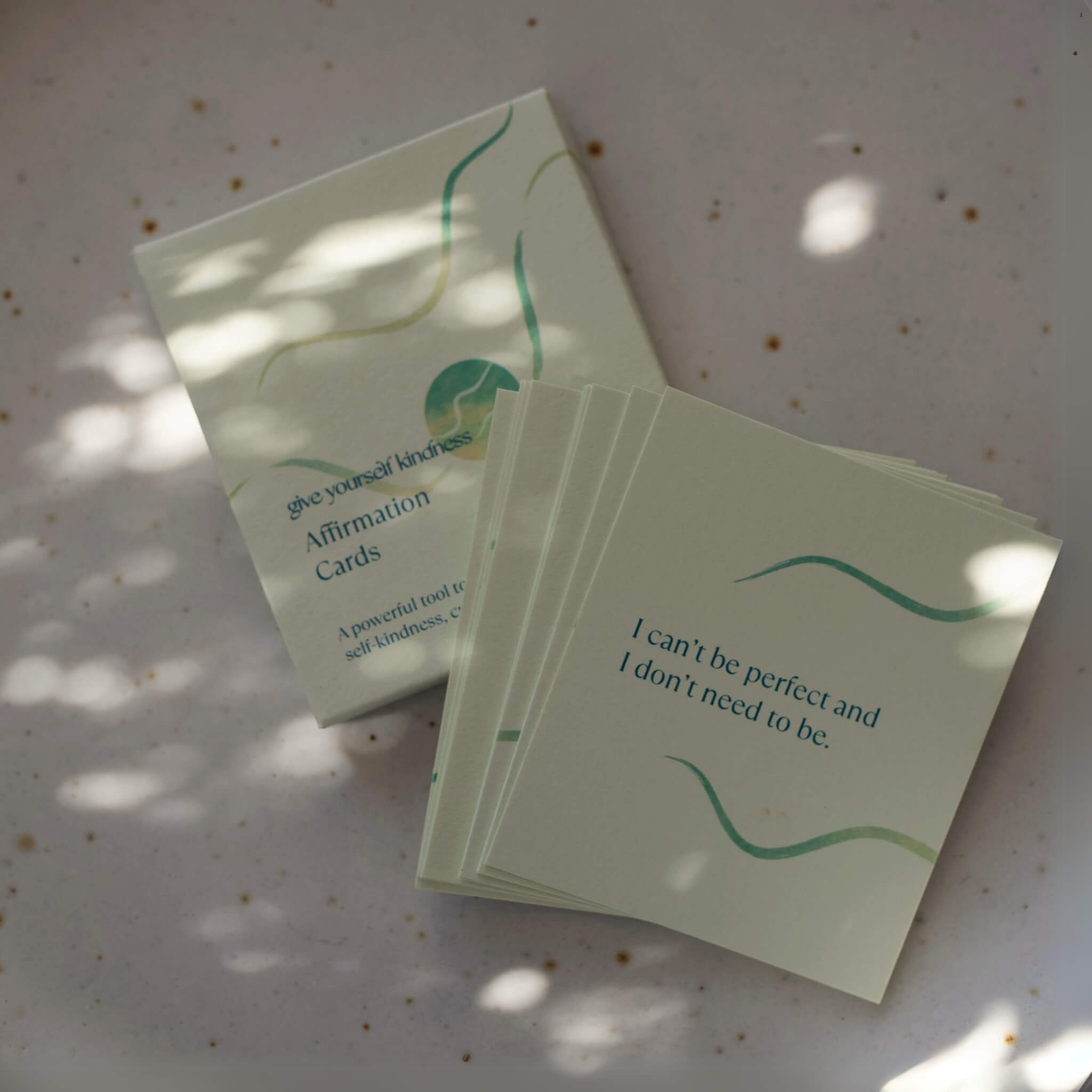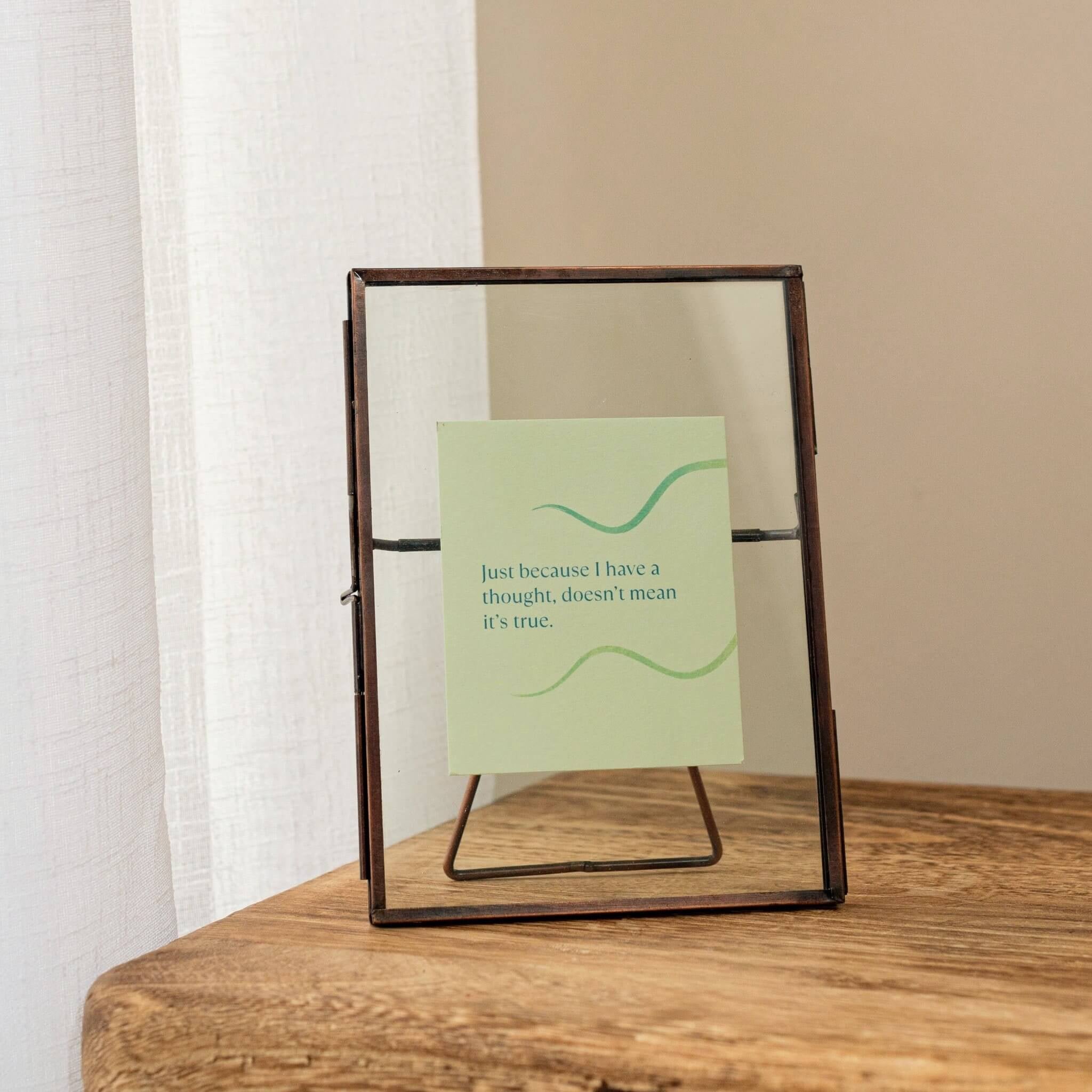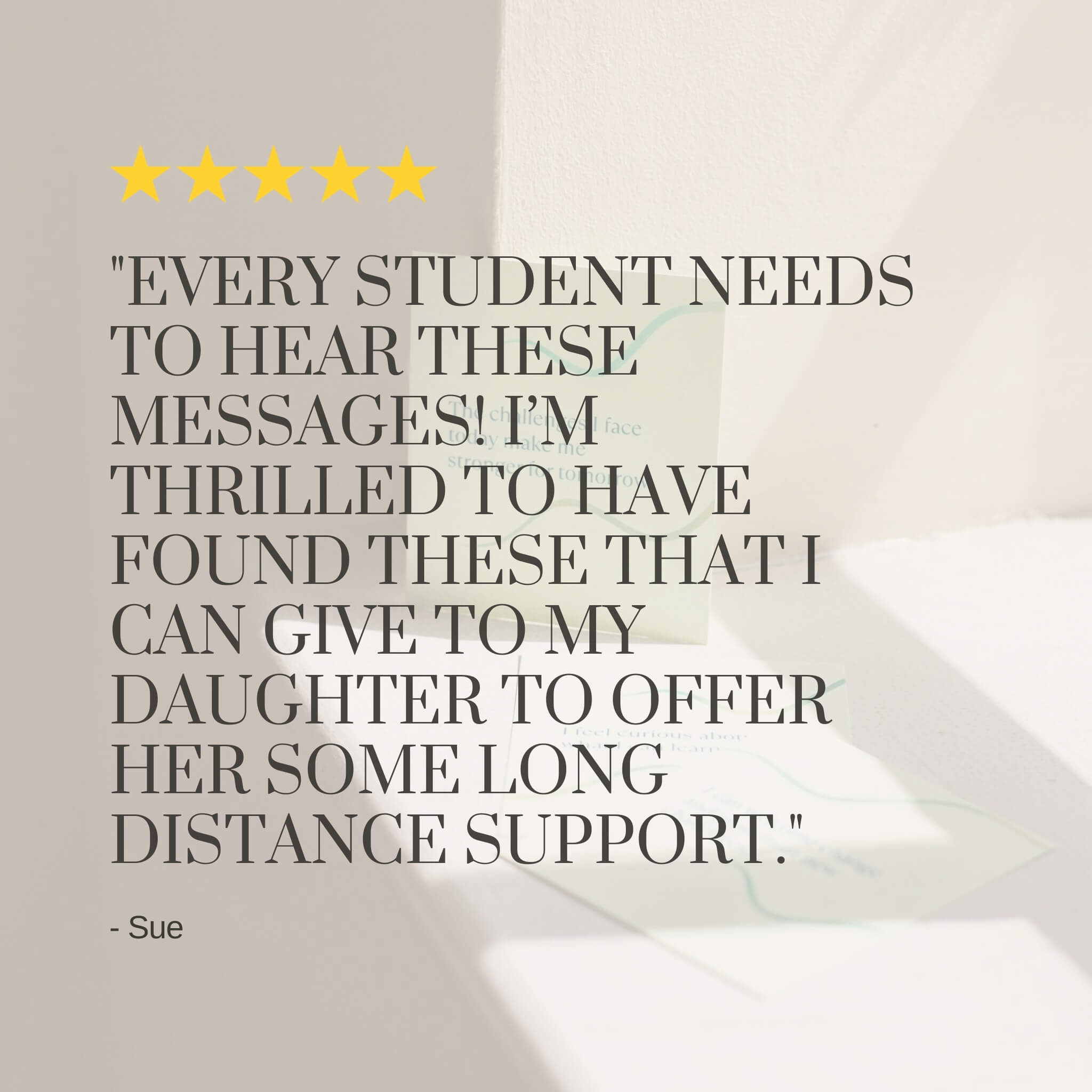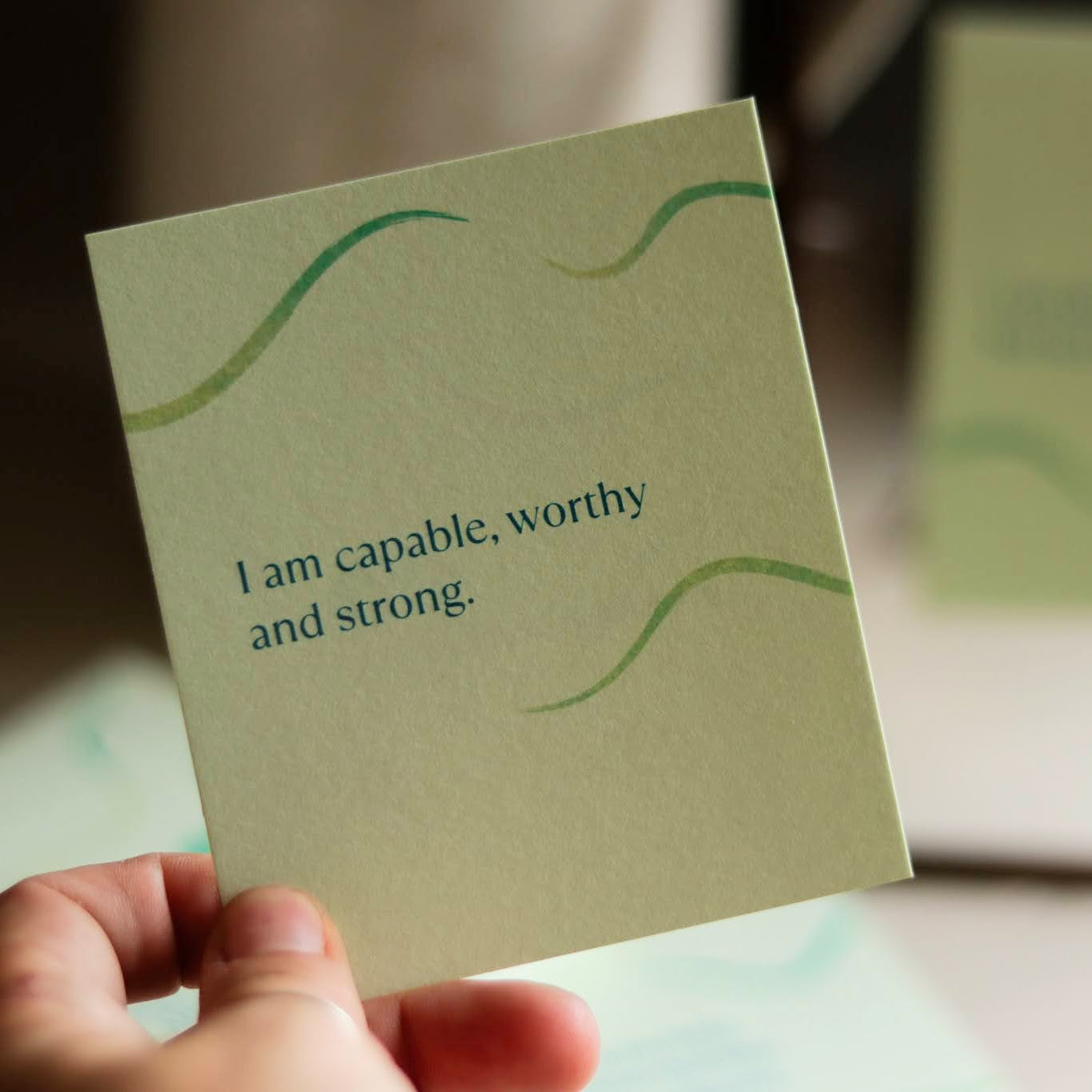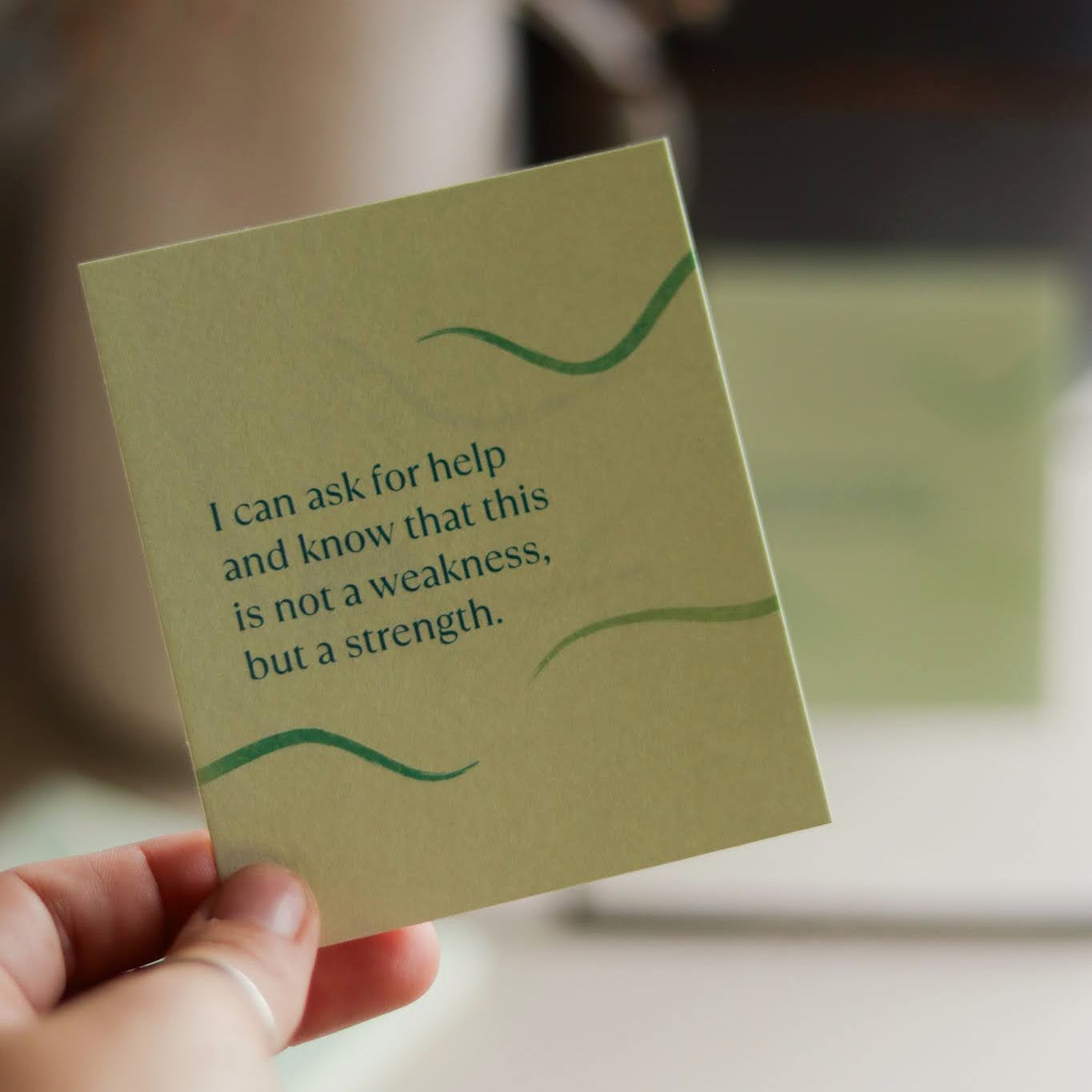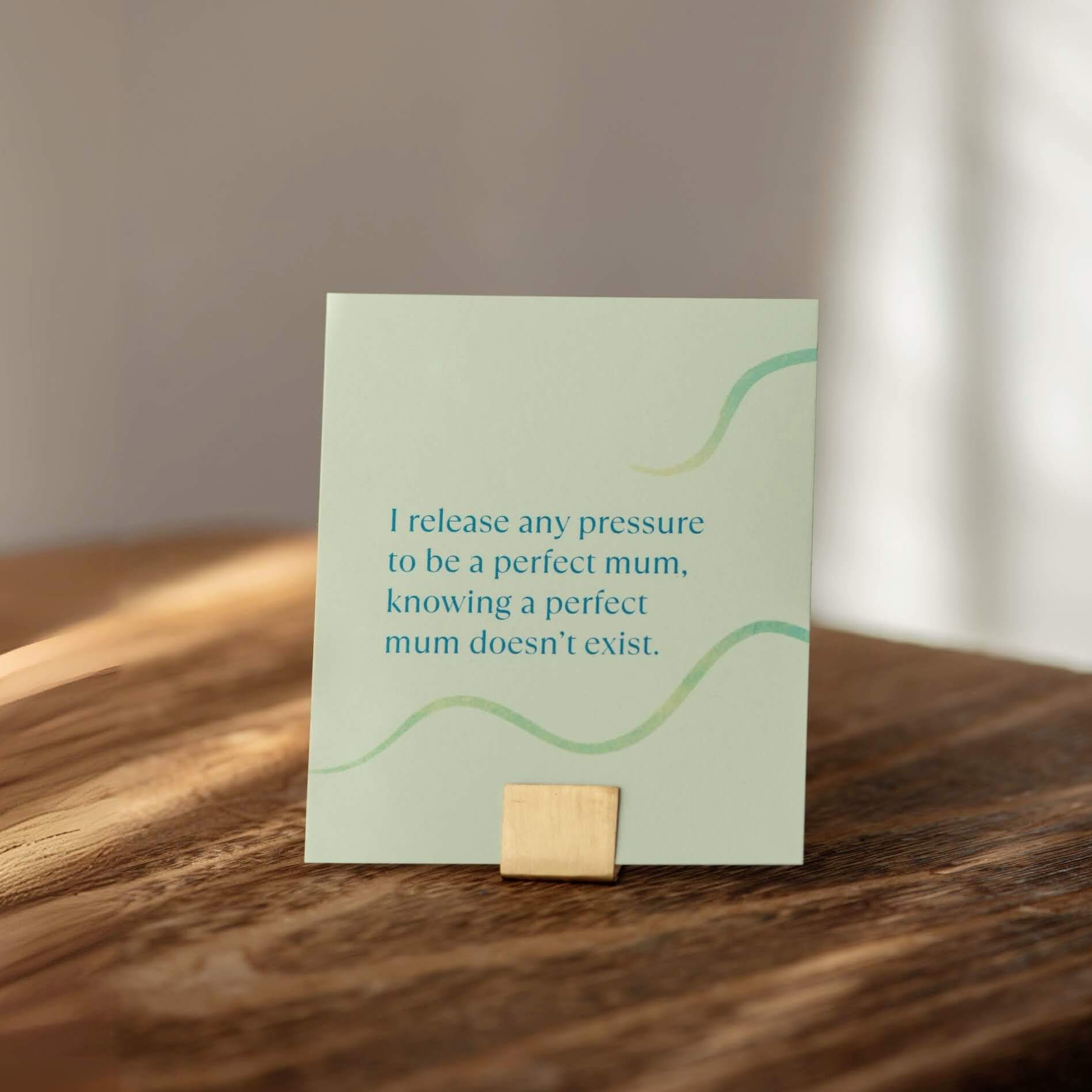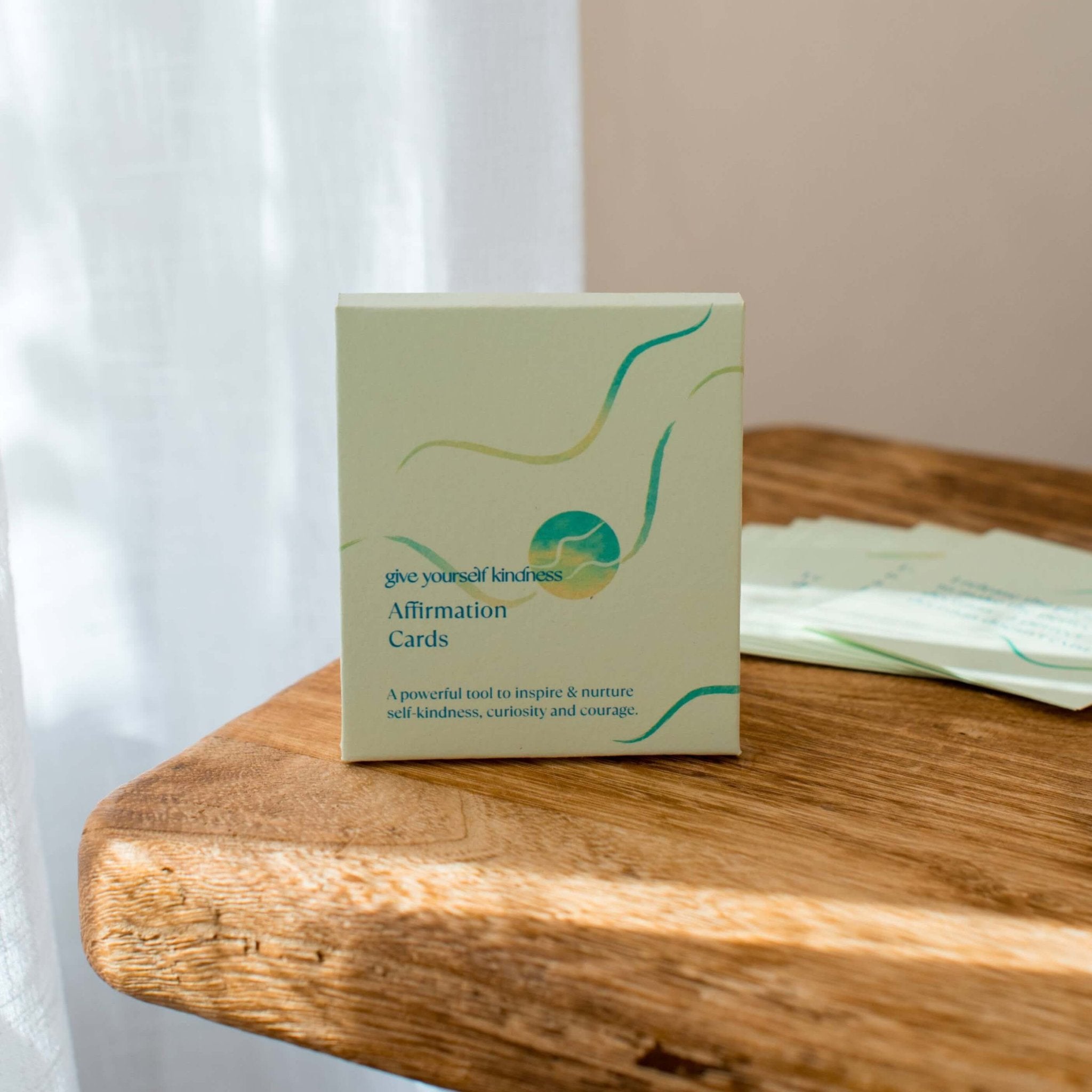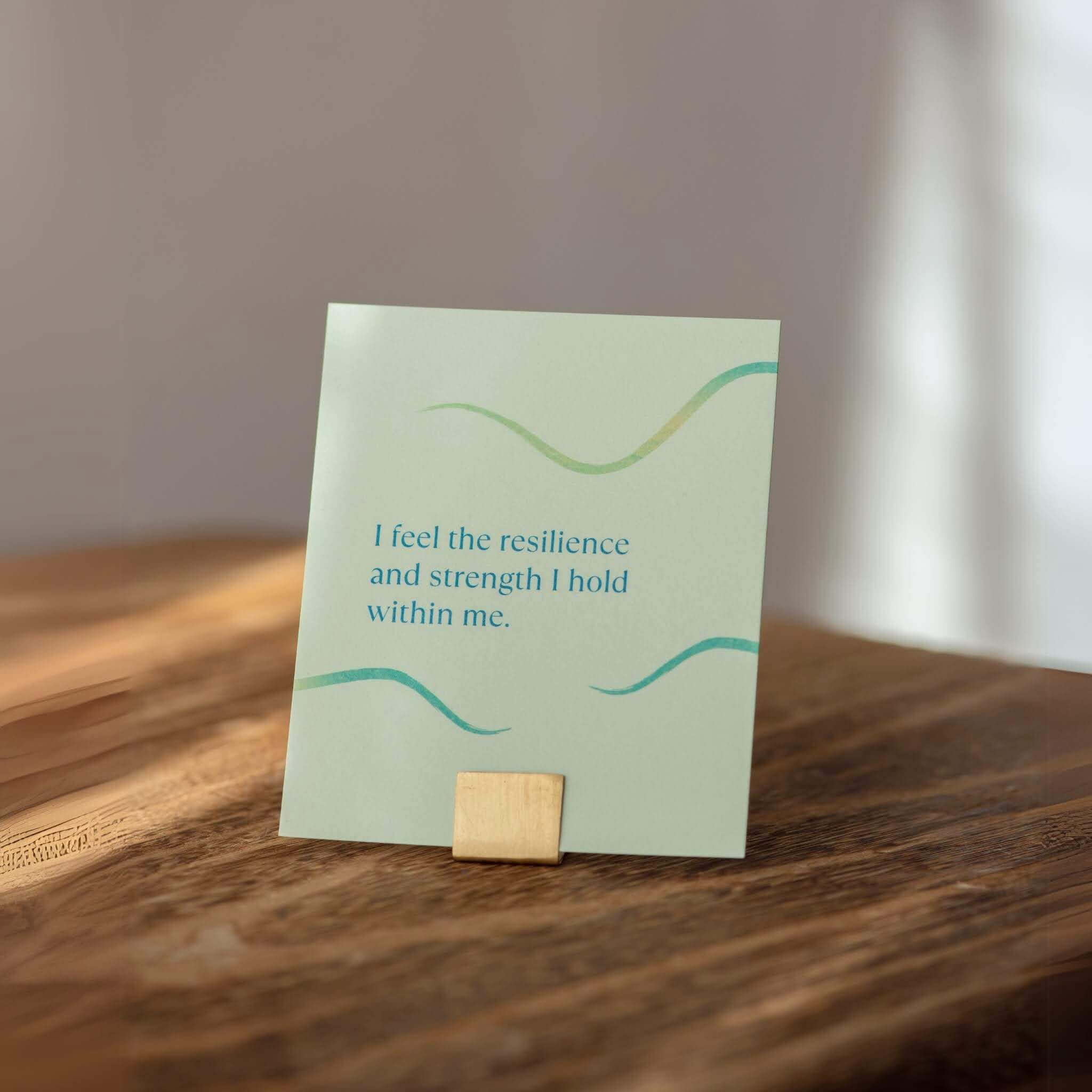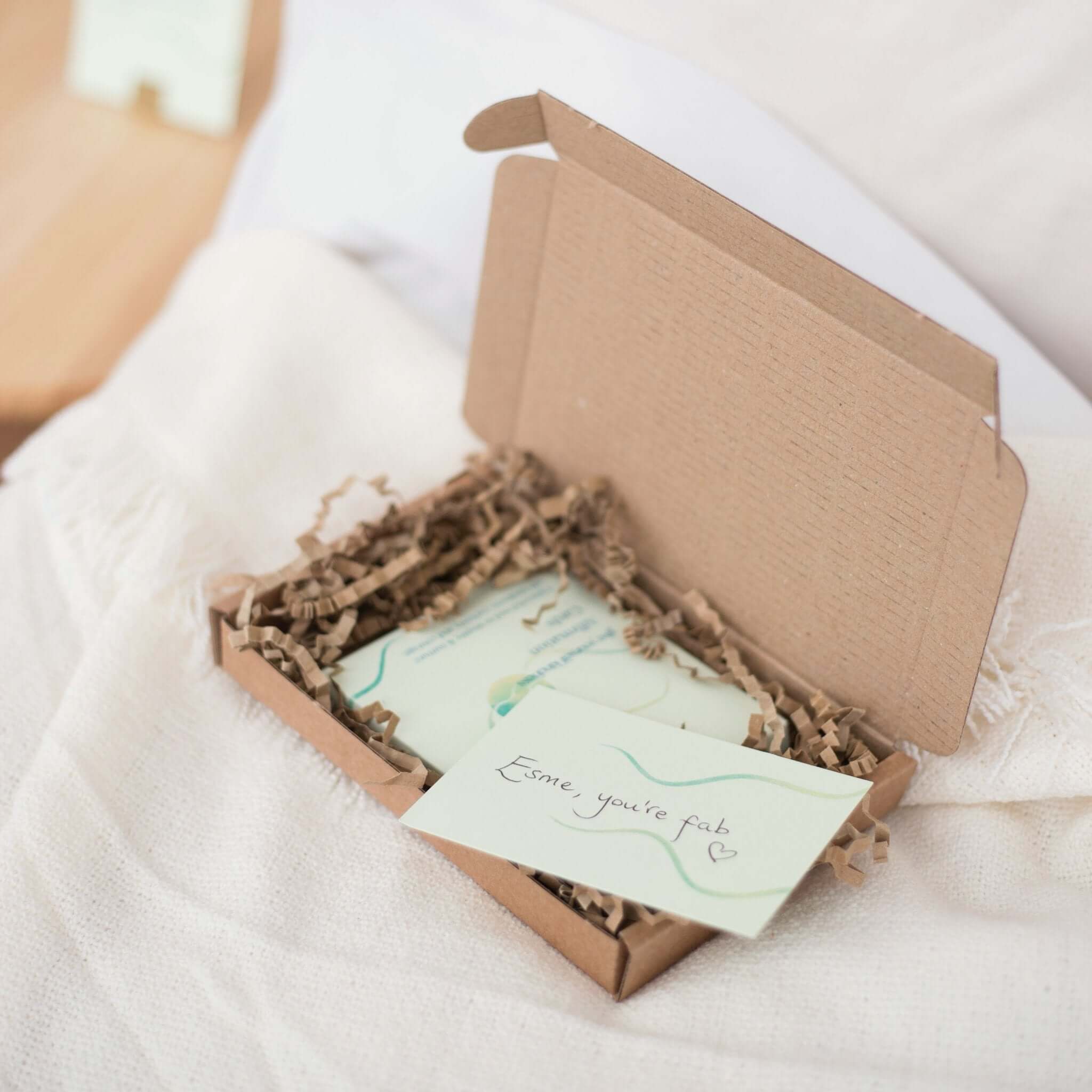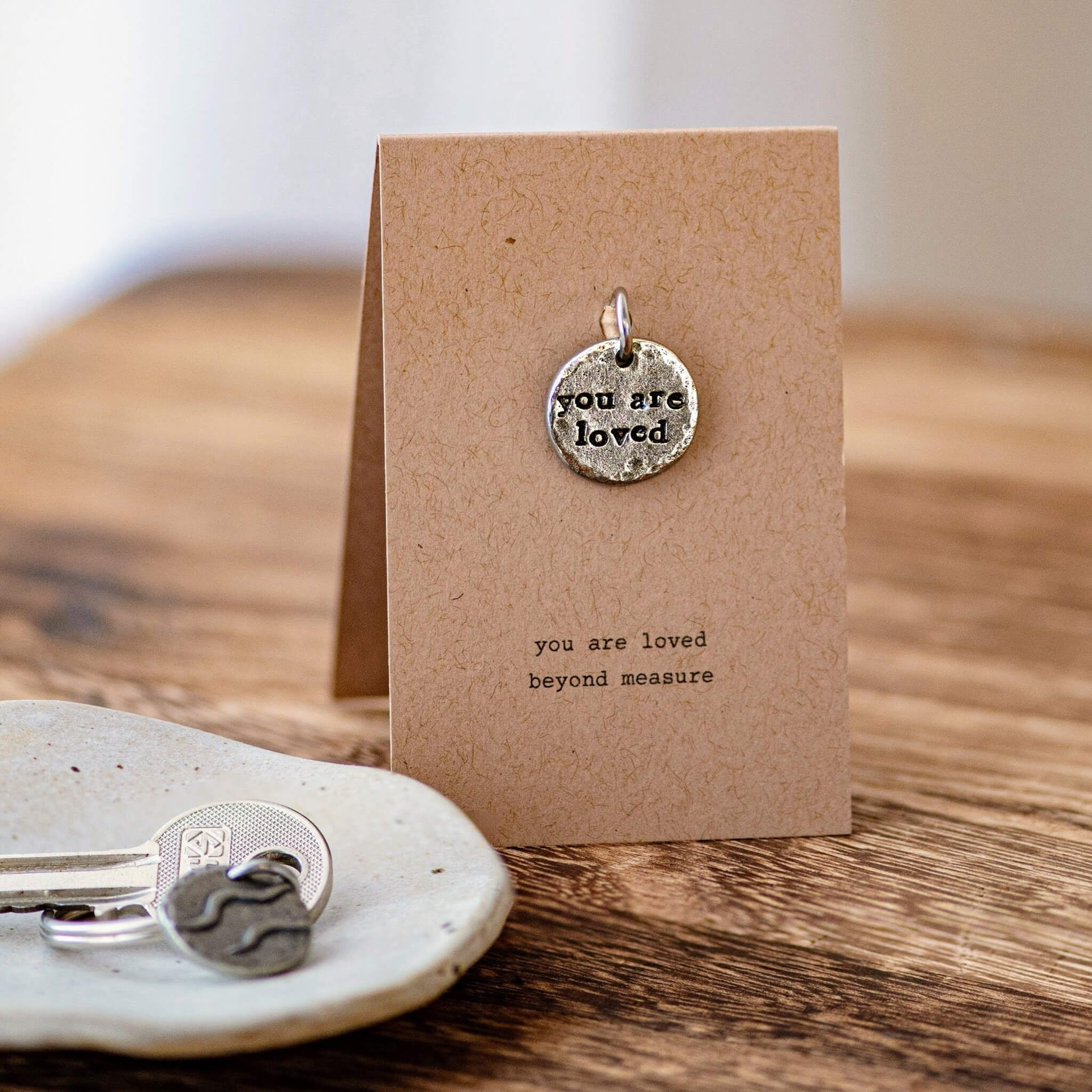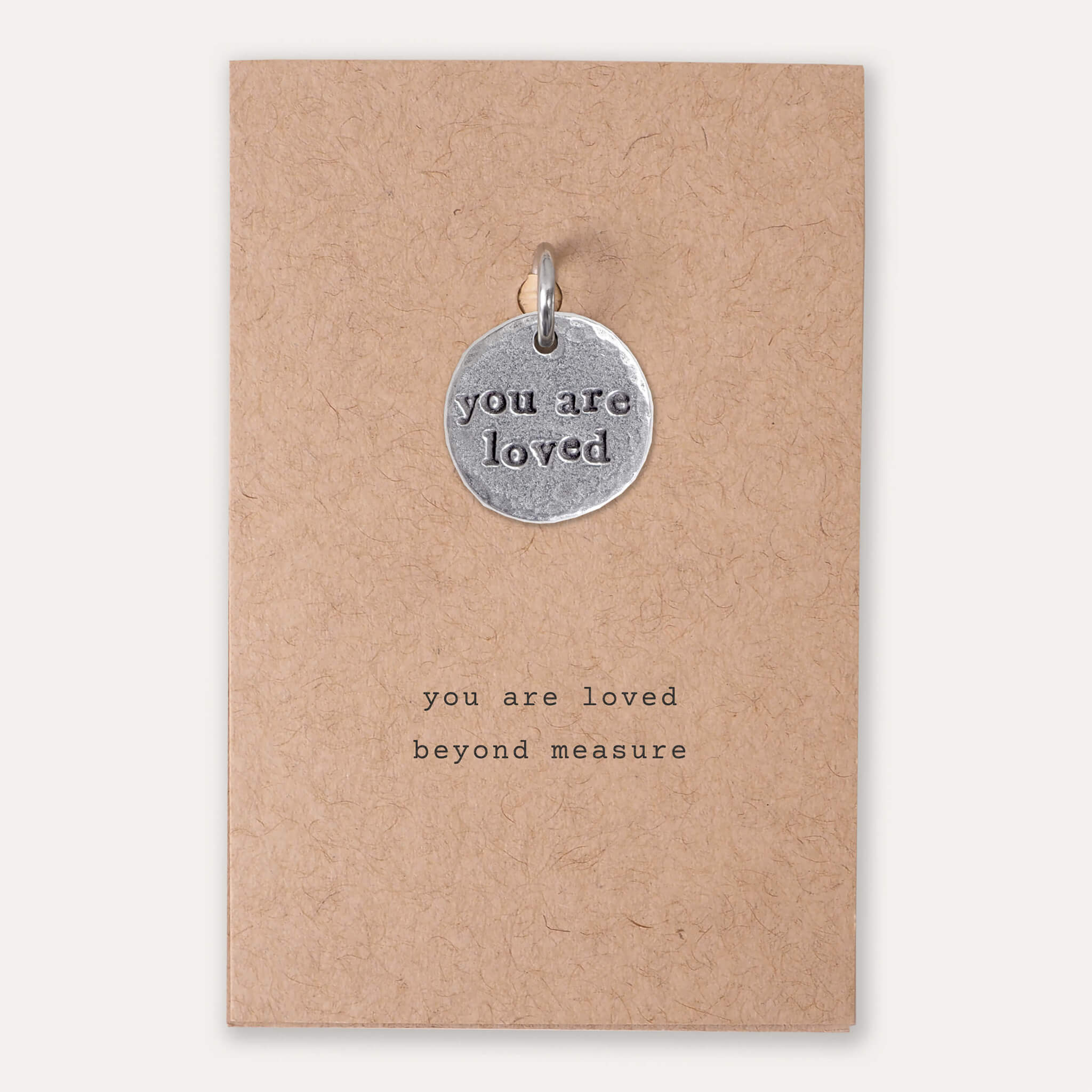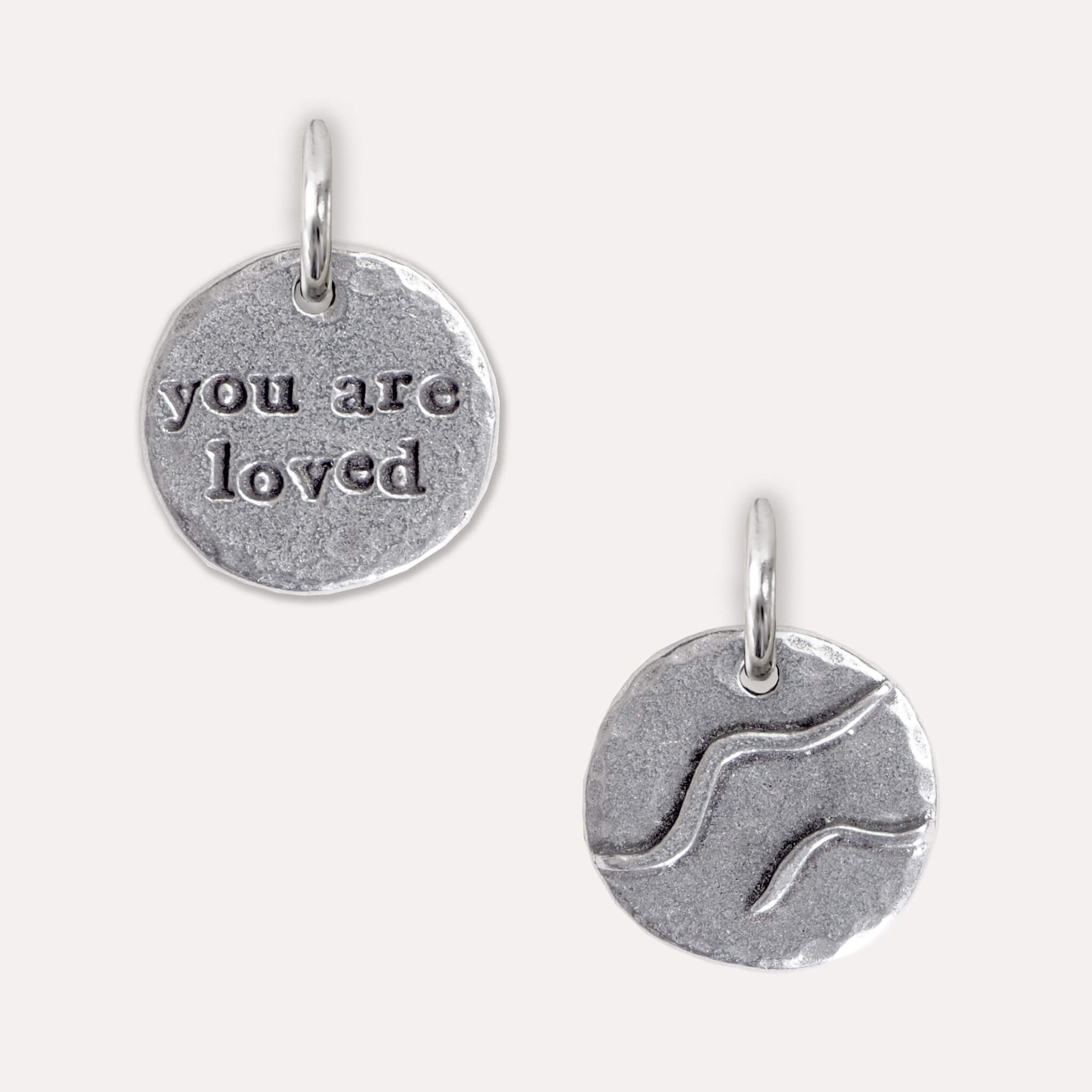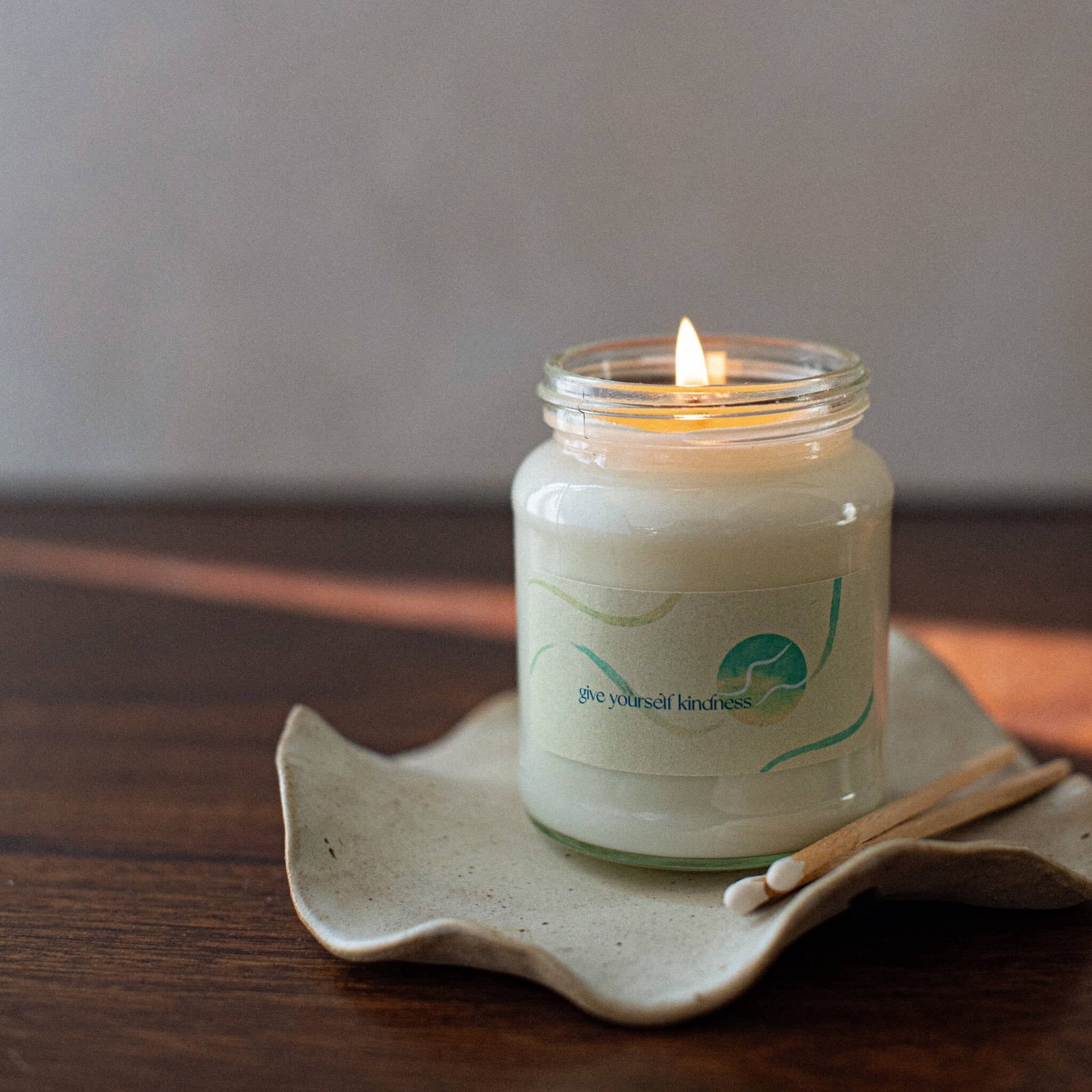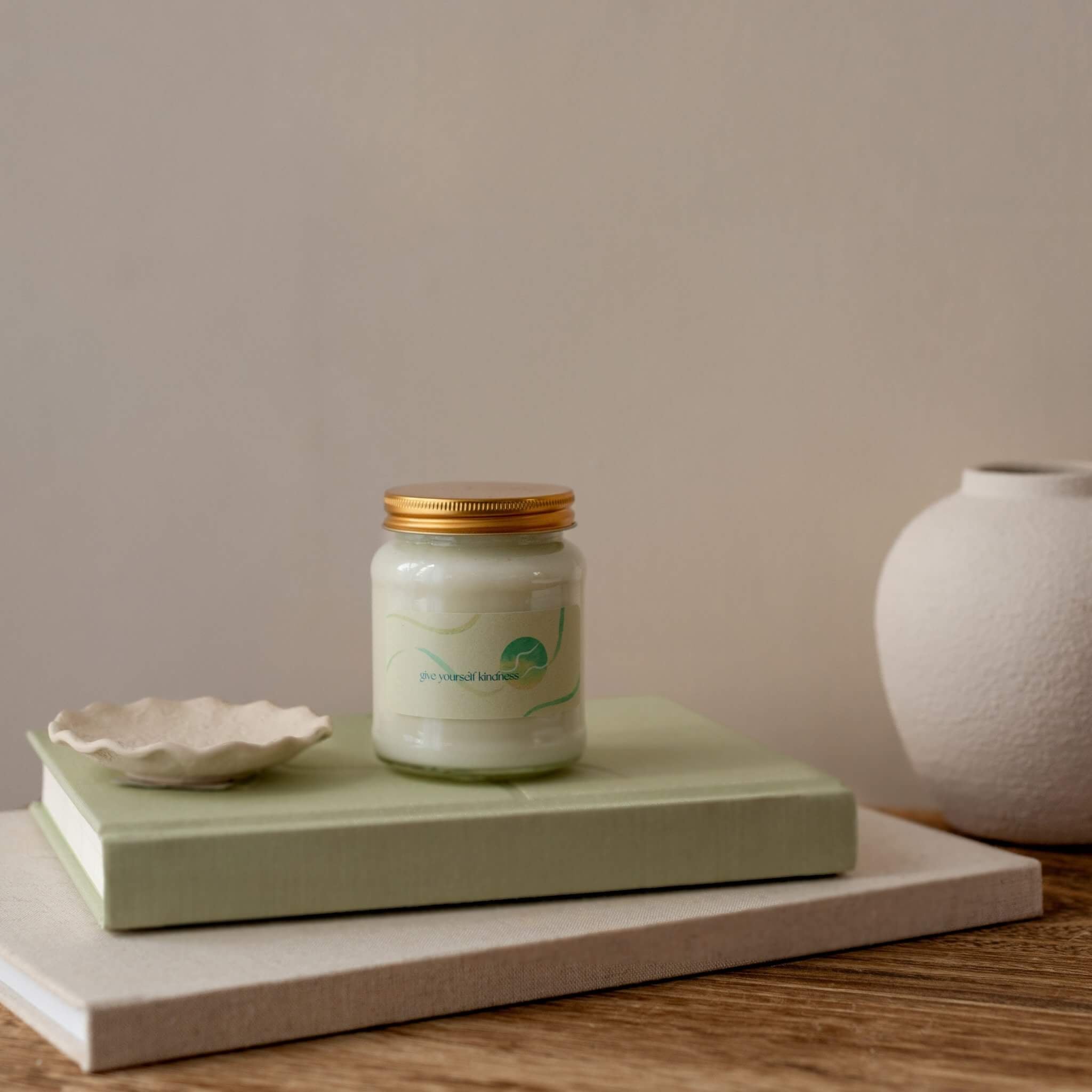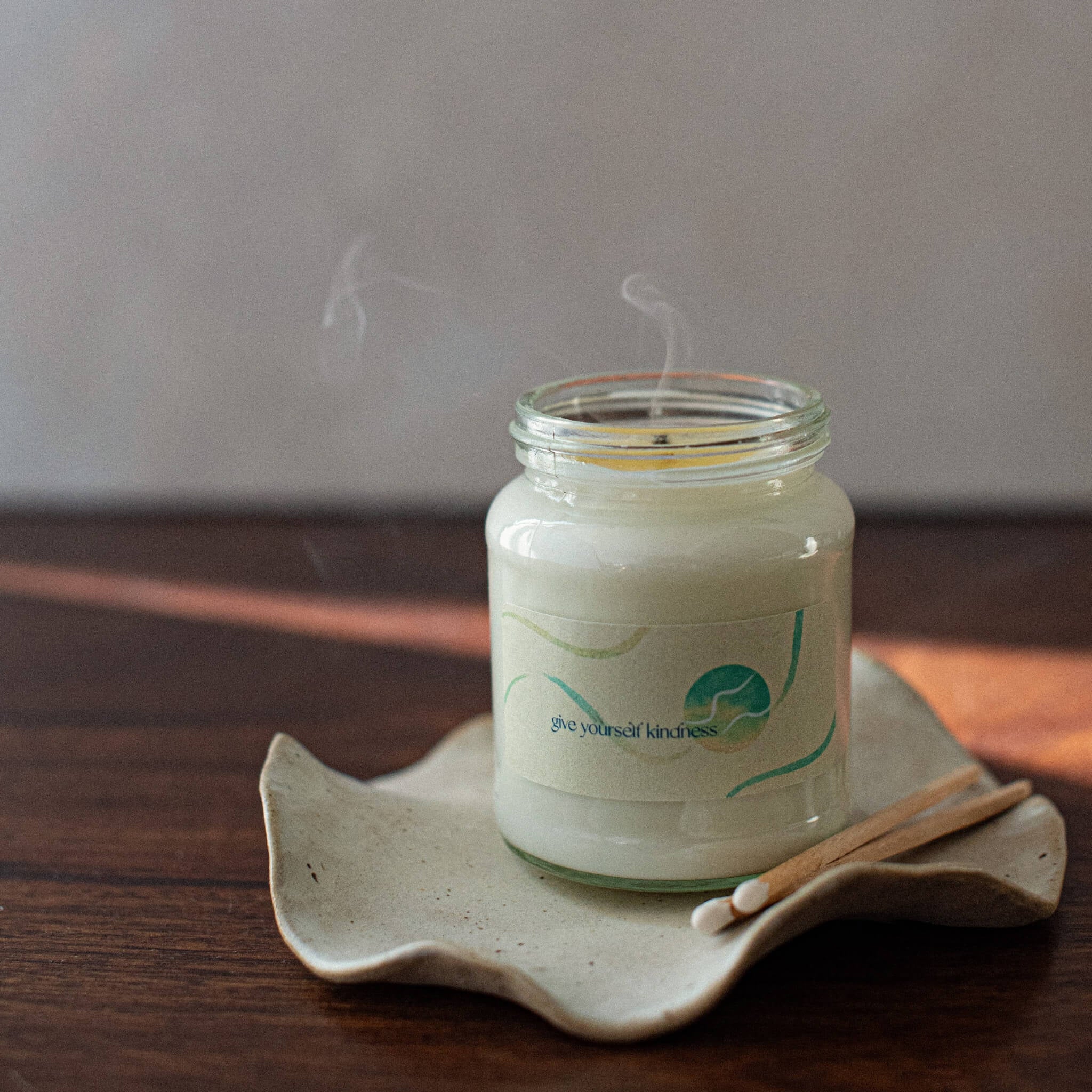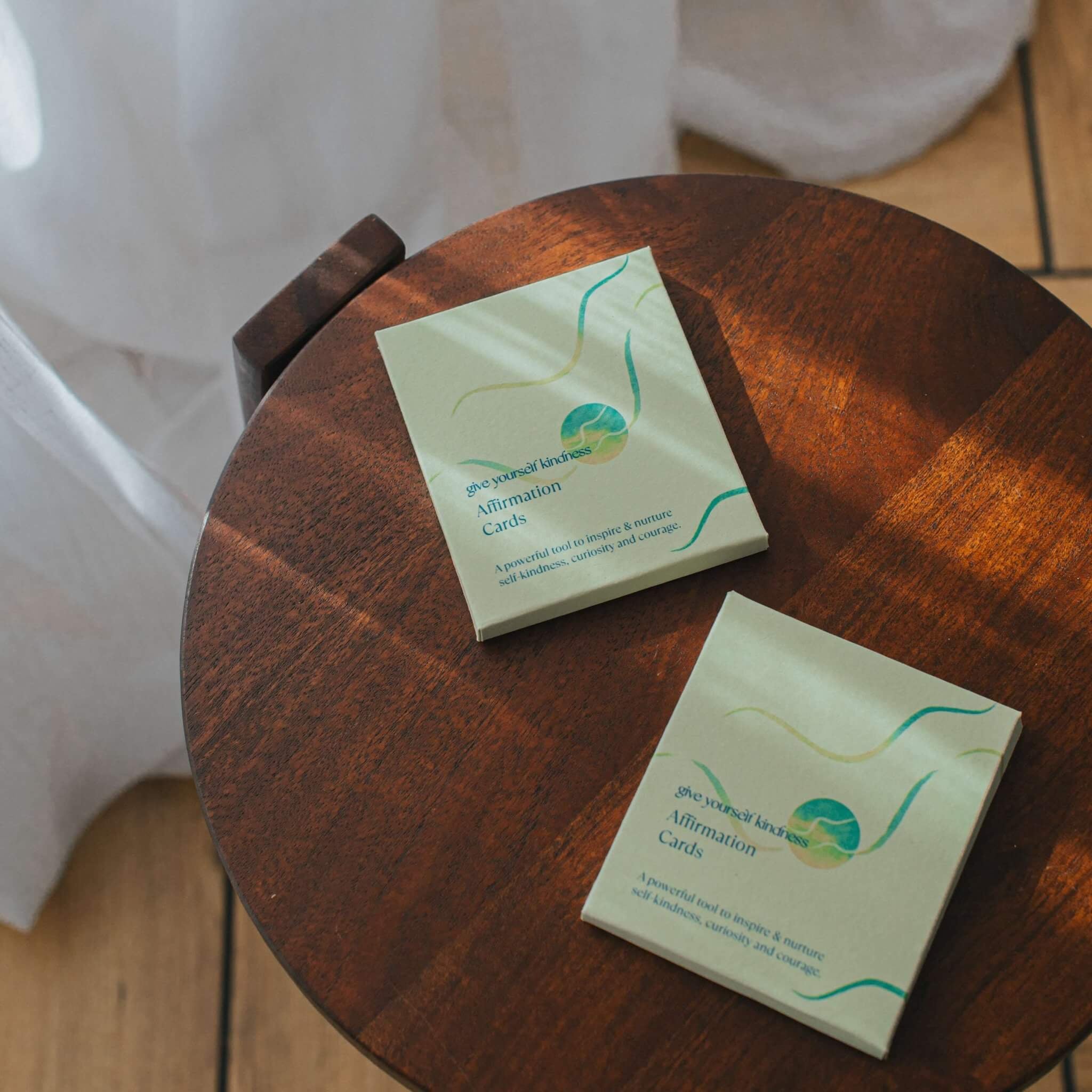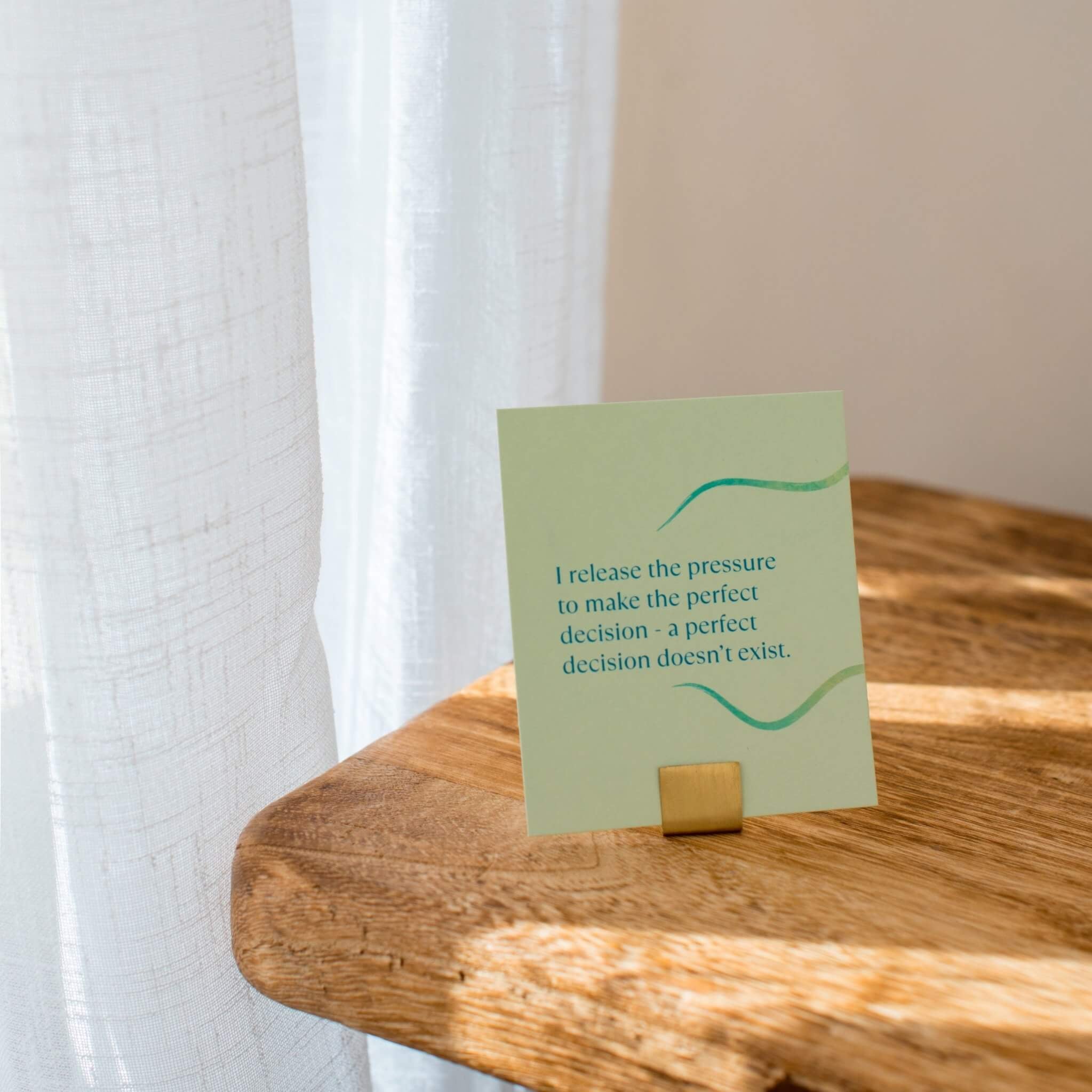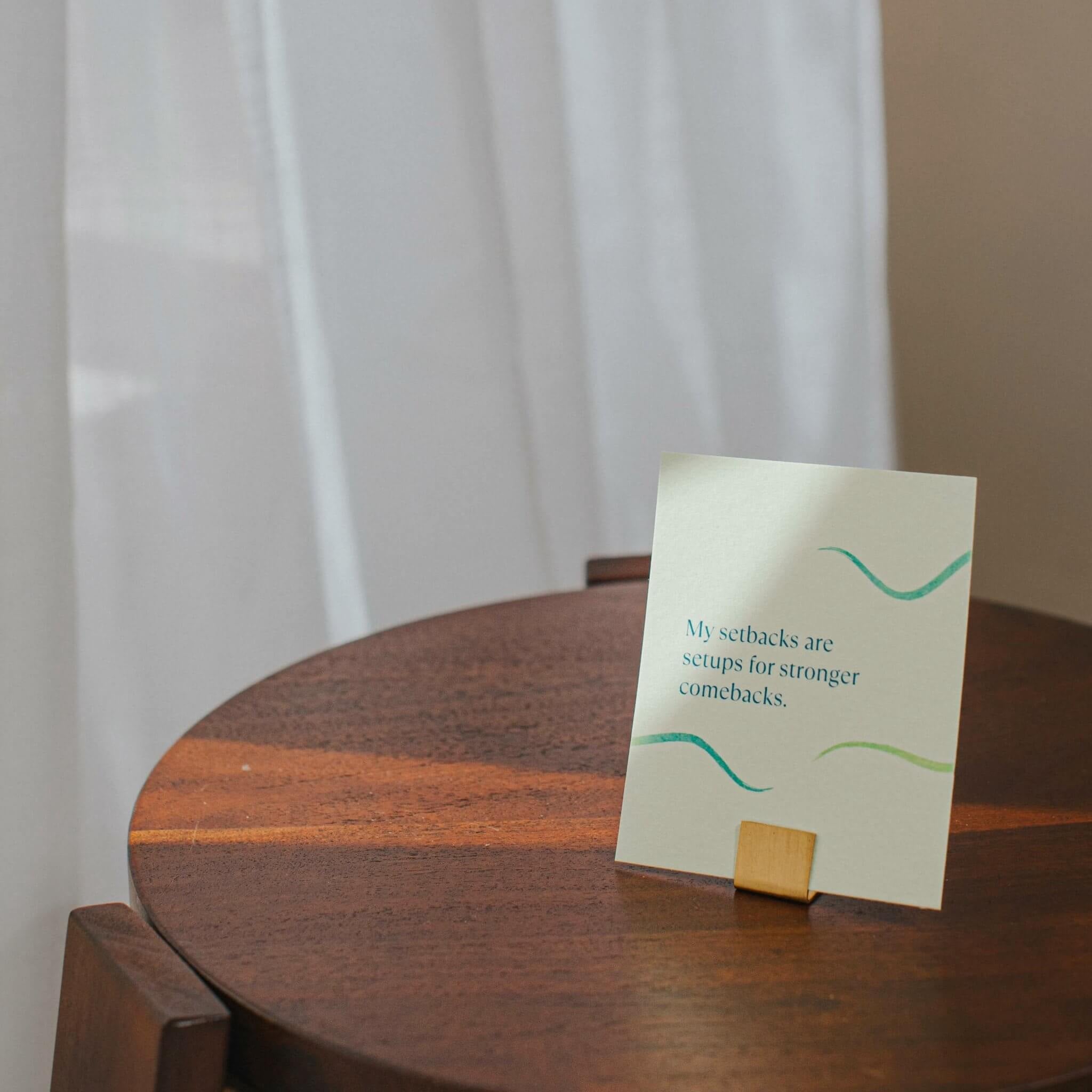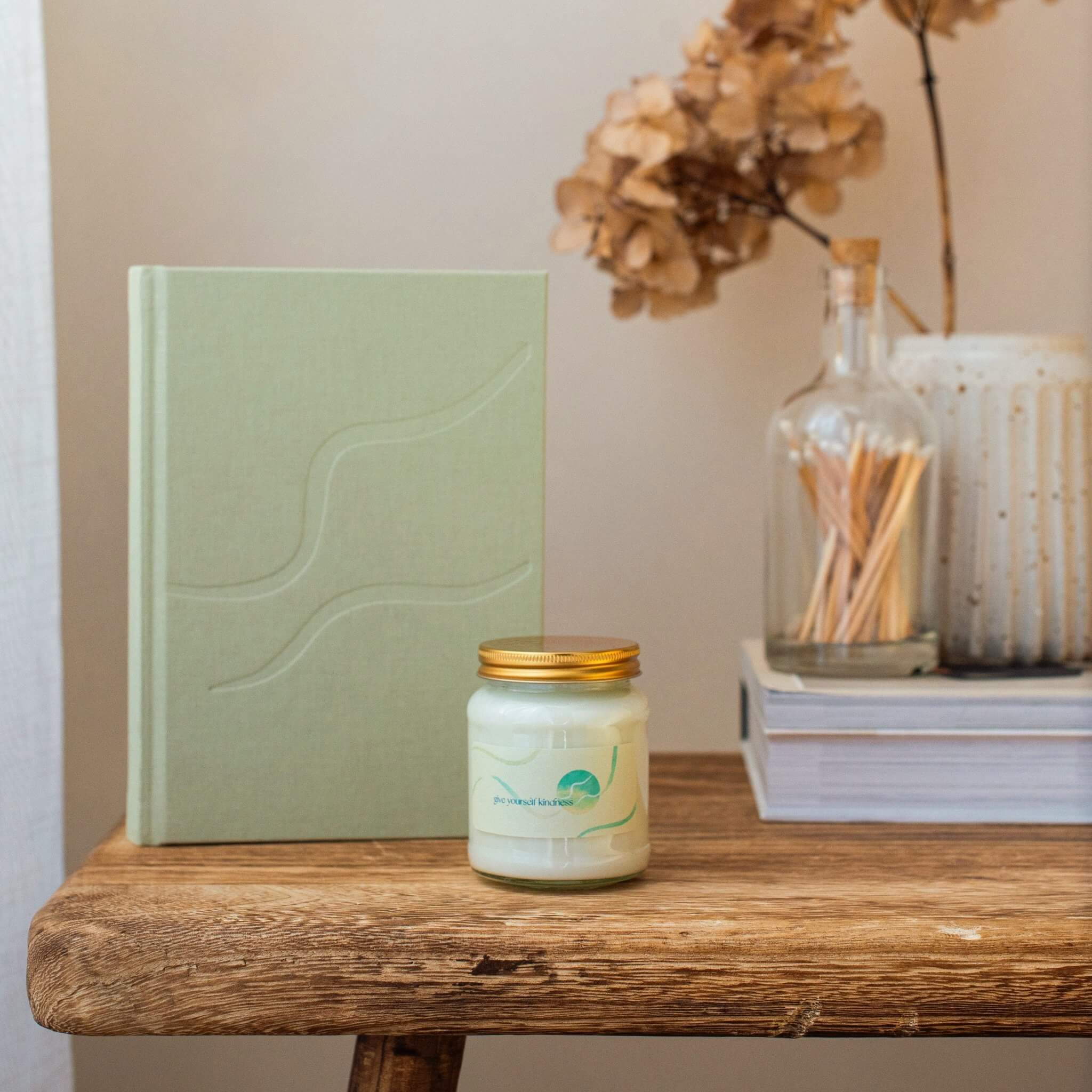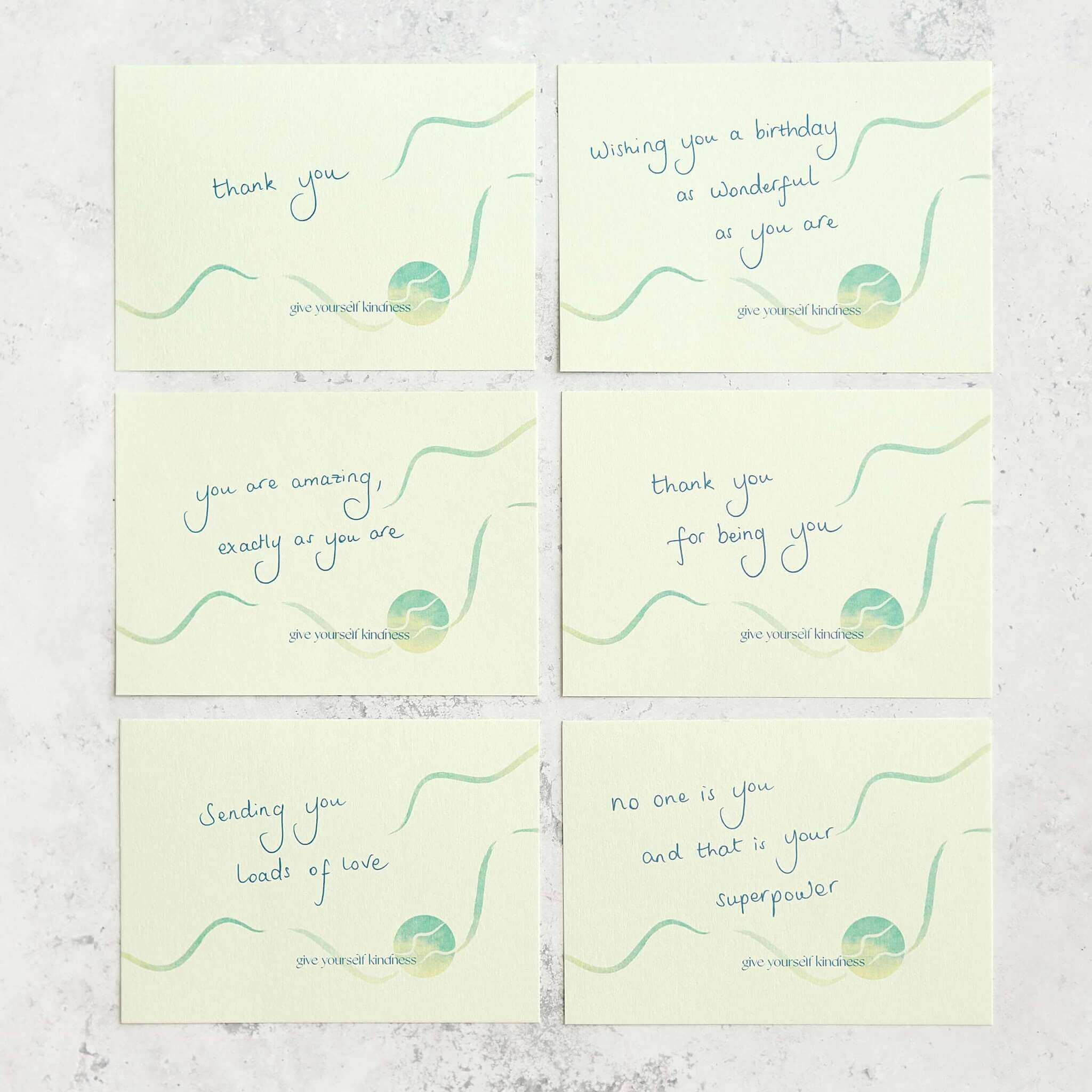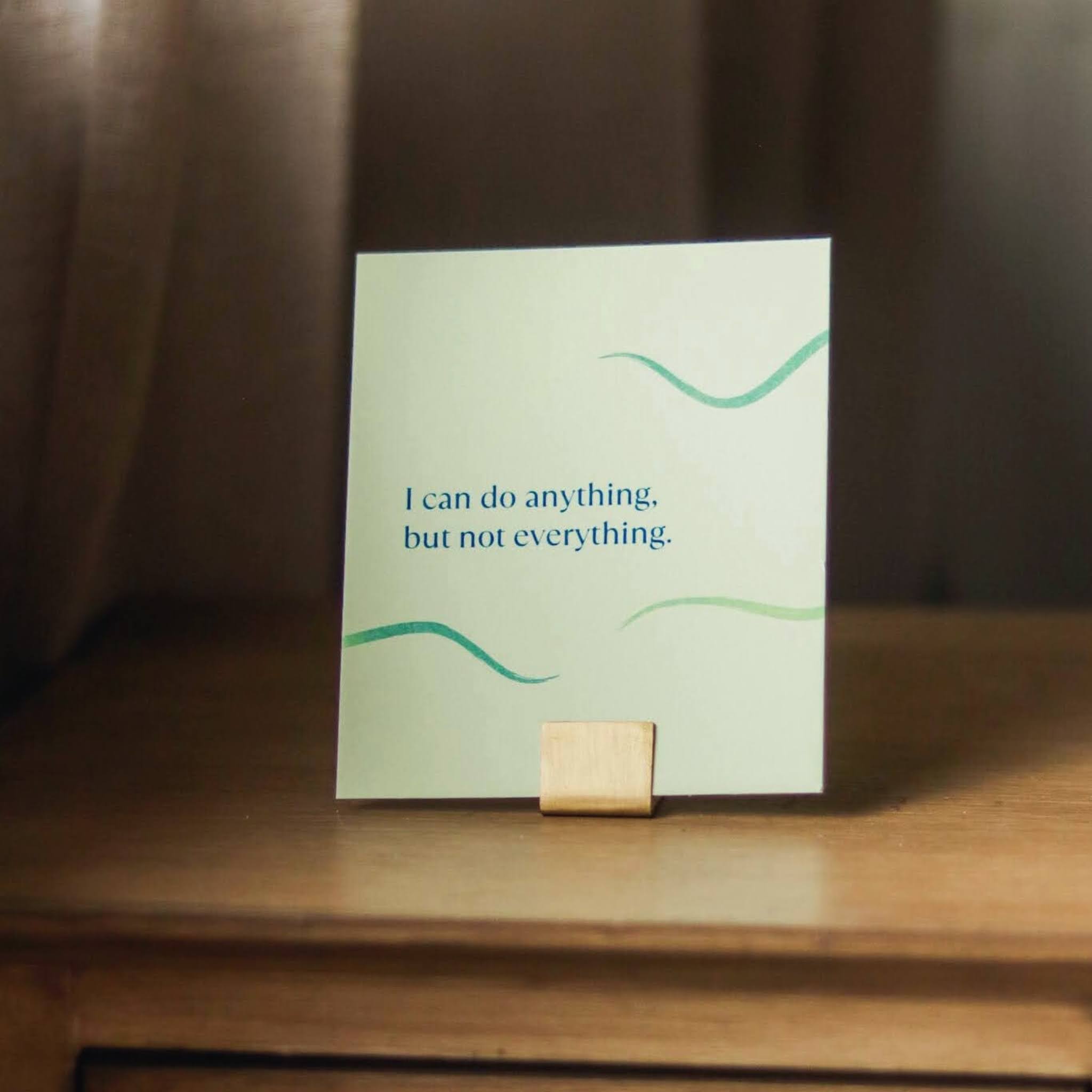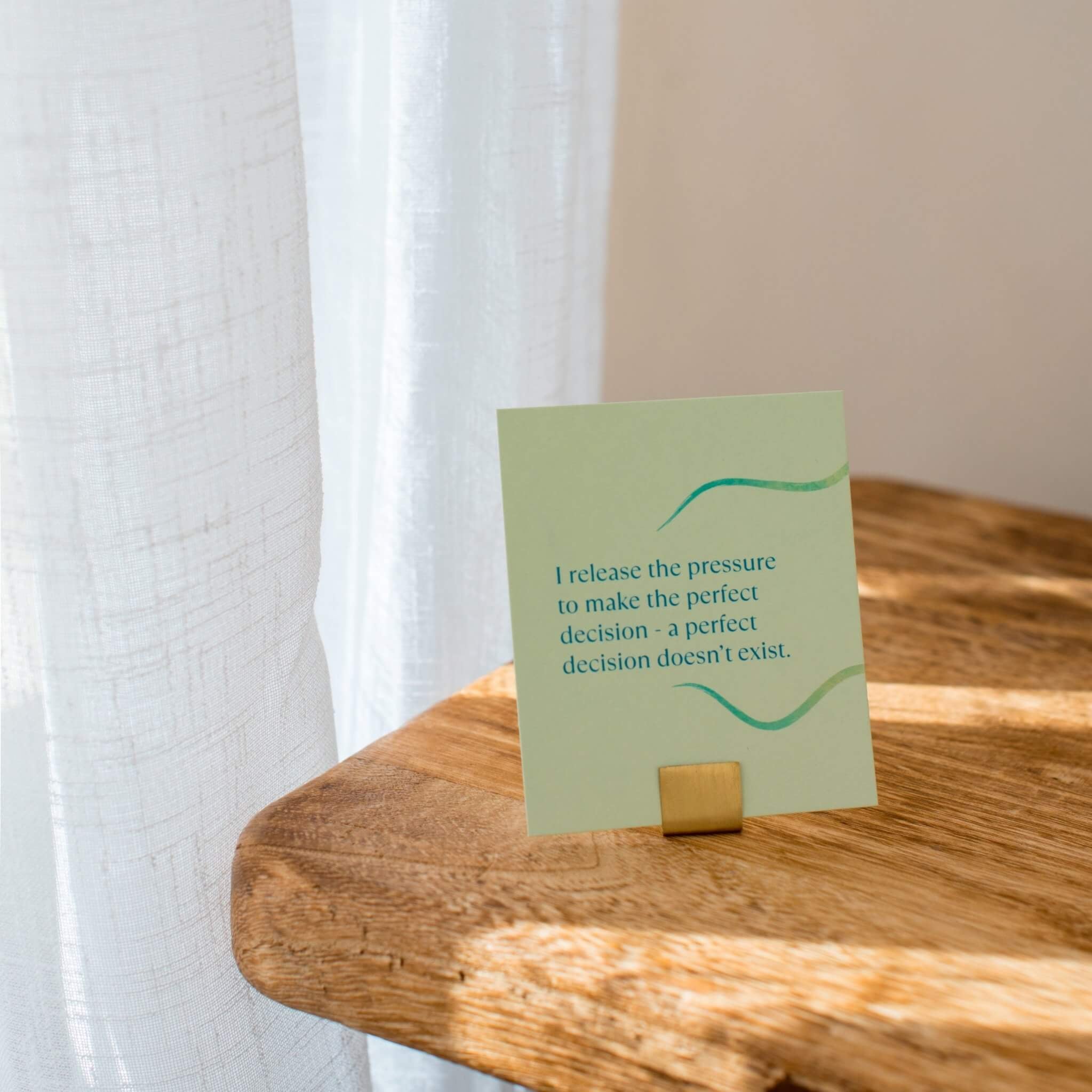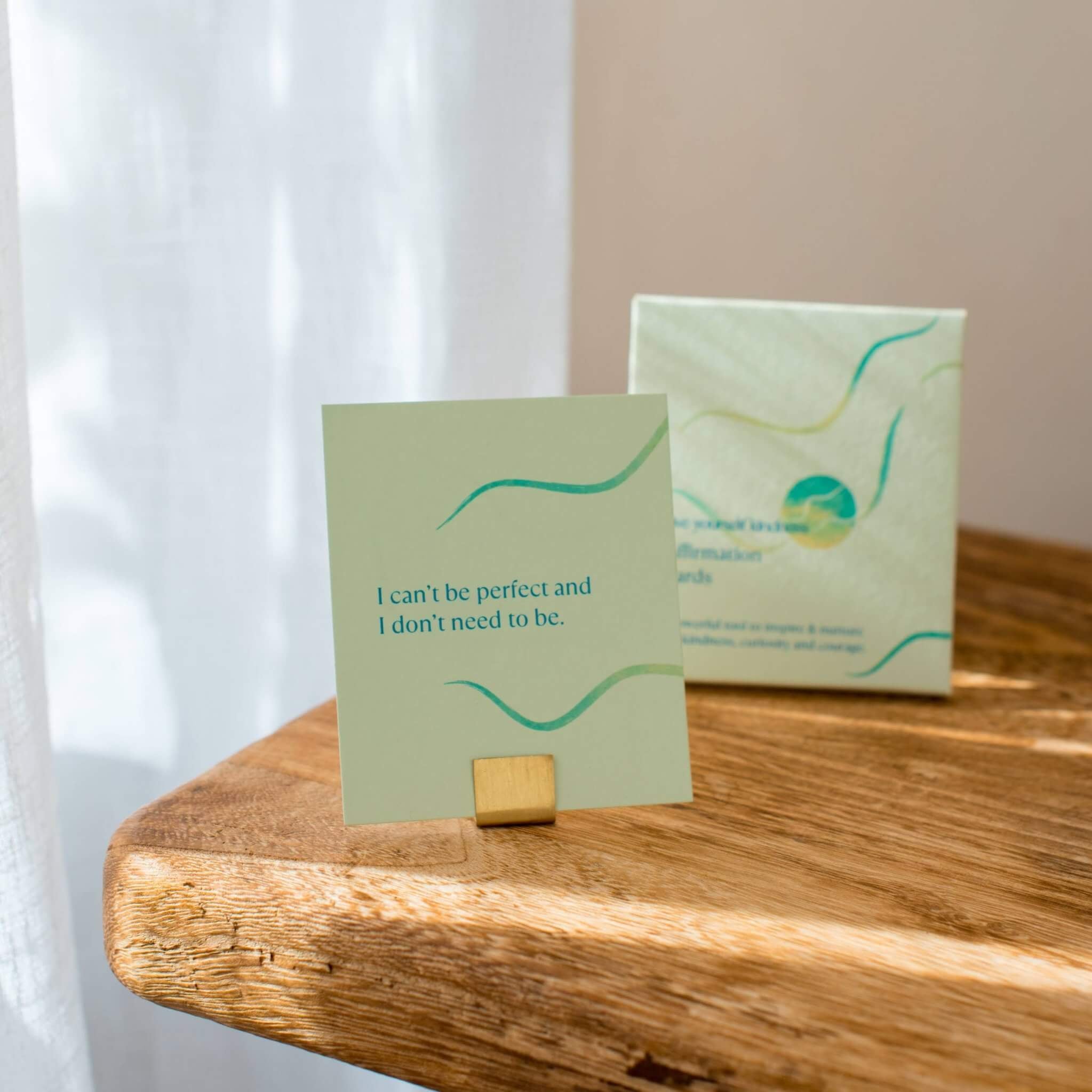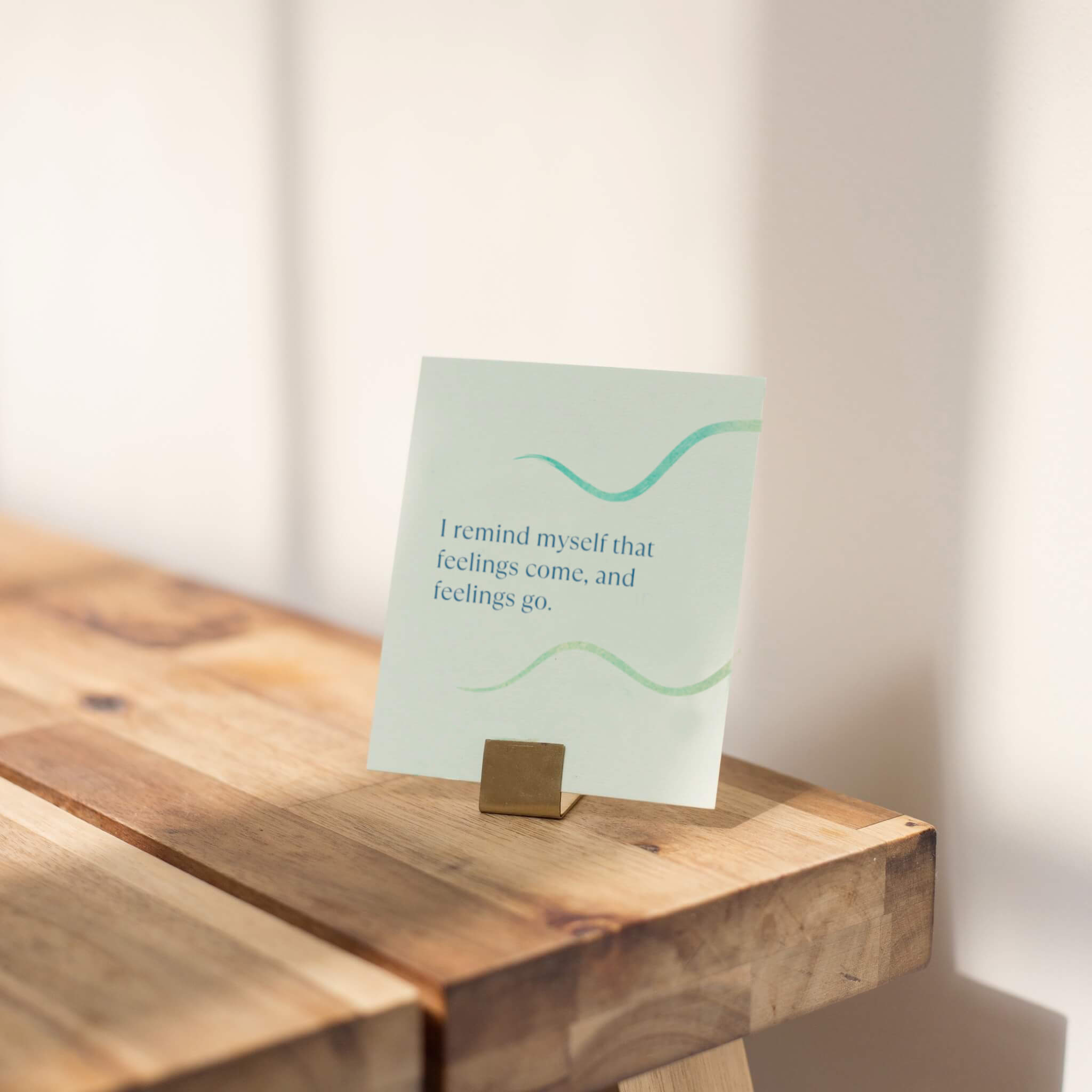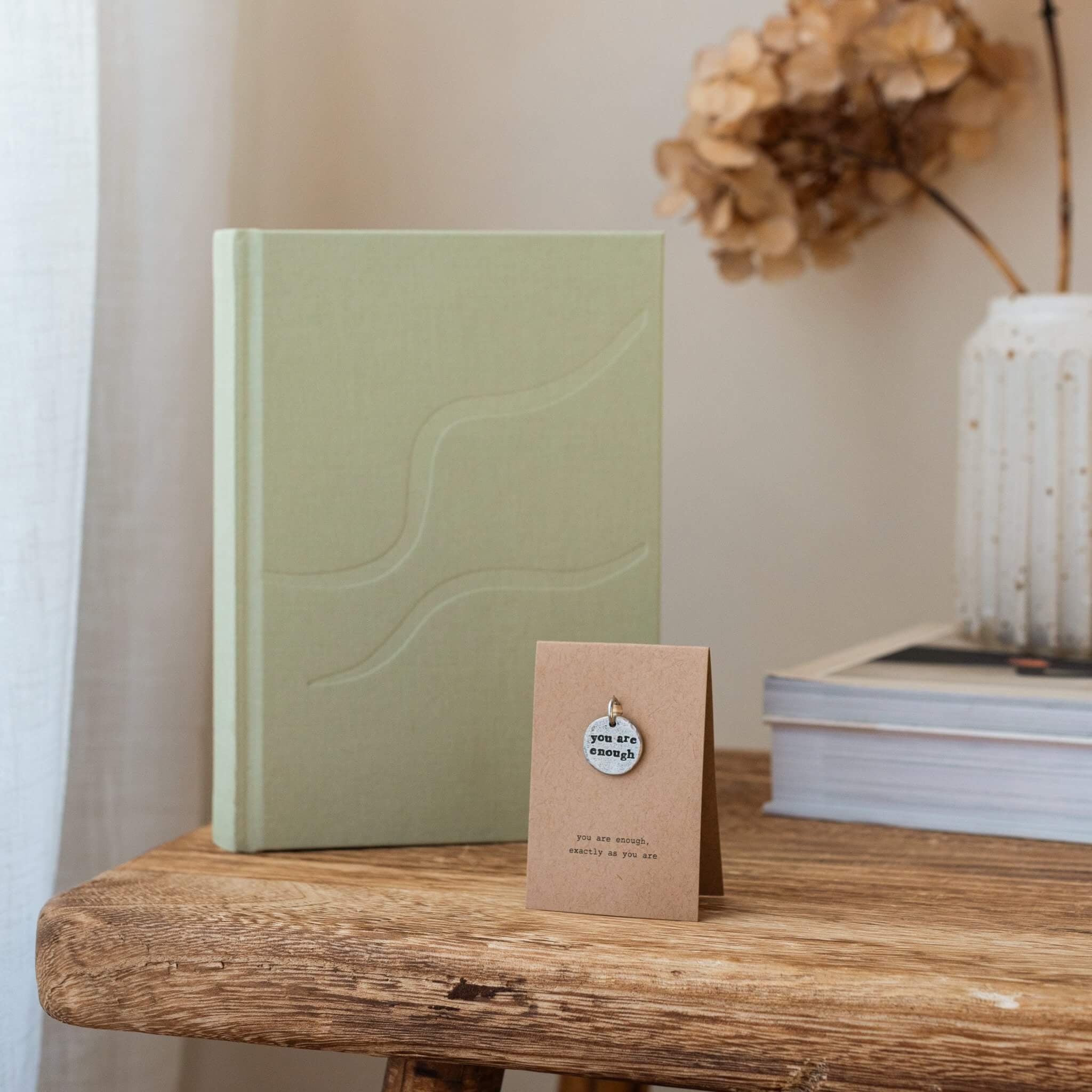Why Am I So Hard on Myself?
Quick Answer
Your brain evolved to scan for threats and problems—being hard on yourself is a survival mechanism, not a personal failing. Clinical psychologist Dr. Maria Tucknott explains that your inner critic is "trying (clumsily) to protect you." Learning self-compassion can help you respond with kindness instead of criticism.
If you constantly criticise yourself, replay mistakes over and over, or feel like everyone else has it together except you—I understand. I've been there.
For years, I was incredibly hard on myself. That harsh inner voice felt normal, even necessary. It wasn't until I experienced Compassion-Focused Therapy during my own recovery that I learned something important: being hard on yourself isn't a personal failing. It's how your brain is wired.
I'm Rachel, founder of Give Yourself Kindness and a qualified meditation teacher. I'm not a psychologist—but I've worked with leading clinical psychologists and self-compassion researchers to understand why we're so hard on ourselves and what actually helps. Here's what they've taught me.
It's Not Your Fault—It's Your Brain
When I first learned about the science behind self-criticism, it changed everything. Clinical psychologist Dr. Maria Tucknott explains that our inner critic isn't just being mean—it's part of an ancient safety system.
Here's what that means: Your ancestors who were hypervigilant about threats survived. If early humans heard a rustle in the bushes, it was far safer to assume it was a predator and run—even if it turned out to be just the wind. Those who ran survived. Those who didn't, didn't pass on their genes.
So your brain inherited this "better safe than sorry" system that constantly scans for problems.
But instead of scanning for lions, your threat system now reacts to:
- A mistake you made at work
- An awkward thing you said at a party
- Not being "productive enough" today
- Comparing yourself to others on social media
- Someone's tone of voice that triggers old memories
This is why you're so hard on yourself: your brain is doing what it evolved to do. It's not your fault.
Why Being Hard on Yourself Doesn't Actually Help
When I was stuck in self-criticism, I genuinely believed it was helping me. I thought if I just pushed myself harder, criticised myself more, I'd finally become "good enough."
I was wrong. And research shows why:
In other words: Self-criticism activates your threat system, which makes it harder to learn, grow, or change.
Dr. Tucknott explains that when your stress response is activated:
- The amygdala (emotion and crisis center) becomes very active
- The frontal lobe (where you reflect and make decisions) goes offline
- You're most likely to revert to familiar behaviors—often the very behaviors you're criticising yourself for
- You can't engage in self-awareness, self-reflection, or learn from your experience
If self-criticism actually worked, it would have worked by now. The fact that you're still being hard on yourself—and it's still not helping—is proof that this approach doesn't lead to growth.
What Actually Helps: Self-Compassion
When I first heard about "self-compassion," I worried it meant letting myself off the hook or wallowing in self-pity. But that's not what it is at all.
Research by Dr. Kristin Neff shows that self-compassion is actually more effective than self-esteem for building lasting self-worth and resilience.
As Dr. Kristin Neff and Dr. Chris Germer explain:
Self-compassion means treating yourself with the same kindness you'd offer a friend who's struggling. It doesn't mean ignoring your mistakes or giving up on growth—it means creating a safe space to learn from them.
Understanding this—that I wasn't uniquely broken, that everyone has an inner critic—was transformative for me. It helped me respond to my own struggles with curiosity instead of shame.
How to Start Being Kinder to Yourself
I wish I could tell you there's one magic solution. There isn't. But here are practices that actually helped me—and that clinical psychologists recommend:
1. Notice When You're Being Hard on Yourself
Dr. Maria Tucknott suggests paying attention to when you're being self-critical. What are the exact words or tone you use with yourself? Often, it's automatic and harsh. Just noticing is the first step—you can't change what you're not aware of.
2. Try Compassionate Breathing
Take a few slow, deep breaths. With each exhale, imagine breathing out tension. With each inhale, imagine breathing in kindness. You might say to yourself: "I'm here for you" or "It's okay to feel this way."
This activates what Dr. Tucknott calls your "soothing system"—signaling to your brain and body that it's safe to relax.
This was one of the first techniques I learned in therapy, and I still use it when I notice harsh self-talk creeping in.
3. Ask: "What Would I Say to a Friend?"
This is the technique that changed everything for me. When you notice harsh self-talk, pause and ask yourself: If a friend came to me feeling this way, what would I say to them?
Then say those words to yourself. Out loud if possible.
It feels strange at first—but it works. You're training your brain to respond with compassion instead of criticism.
4. Develop Your Compassionate Self
Dr. Tucknott recommends: Close your eyes and imagine the best version of yourself—calm, grounded, understanding. What posture do you take? What voice tone do you use? Practice speaking to yourself from this compassionate self, especially in difficult moments.
For example: "I know this is hard. You're doing the best you can, and that's enough right now."
5. Practice Self-Compassion Journaling
One of the most powerful tools I've found is journaling with prompts that guide you toward self-compassion. Instead of just staring at a blank page (overwhelming!) or writing the same gratitude list every day (guilt-inducing when life is hard), prompts like:
- "Imagine a friend came to you with this feeling—what would you say to them?"
- "What has challenged you today? Talk to yourself as you would talk to a friend—write down what you would say"
- "Notice how you are feeling right now. Think about what you would find it helpful to hear—it might help to imagine something a friend would say. Write down words to say to yourself"
- "Can you notice an emotion that you fear? Imagine a friend came to you, explaining that they feel that emotion. Write down what you would want to say to them"
These prompts help you practice responding to yourself with kindness instead of criticism—which is exactly what research shows helps.
This is why I created The Give Yourself Kindness journal. After my experience with CFT, I searched for tools to help me practice self-compassion daily—and everything I found either felt repetitive or pushed toxic positivity when I needed genuine support.
So I created unique daily prompts specifically designed to help you be kinder to yourself, which have since been recommended by leading experts worldwide. Every page includes:
- An emotional awareness tool to help you notice feelings without judgment
- Varied prompts that never feel mechanical or repetitive
- Gentle affirmations like "you are enough, exactly as you are" and "the way you speak to yourself matters"
- Permission to be human—validating all emotions, not just the "positive" ones
The journal is undated, so you can return to it whenever you need without guilt. Many therapists use it with their clients as part of their therapeutic work.
Learn More About the Journal →
6. Remember: You're Not Alone
Psychologist Dr. Rick Hanson reminds us that recognising how you've been mistreated—including by yourself—isn't "playing the victim." It's honest recognition that leads to healing and growth.
Everyone struggles. Everyone makes mistakes. Everyone has an inner critic. You're not uniquely flawed—you're human.
When to Seek Professional Help
If being hard on yourself is seriously impacting your daily life—causing depression, severe anxiety, or affecting your relationships and work—please reach out to a qualified therapist or counselor.
Self-compassion practices and journaling are powerful supportive tools, but they're not replacements for professional help when you need it. A therapist trained in Compassion-Focused Therapy or Mindful Self-Compassion can provide specialised support tailored to your needs.
There's no shame in seeking help. In fact, reaching out is an act of self-compassion.
You Don't Have to Do This Alone
Learning to be kinder to yourself takes time. I'm still learning. Some days are easier than others. But I can tell you from experience: it gets easier with practice.
The voice that tells you you're not good enough? It's trying to protect you, even though it's not helping. You can learn to respond to it with curiosity and compassion instead of believing every word.
Start small. Try one of these techniques today:
- Notice your inner voice—just pay attention to how you talk to yourself
- Take a few compassionate breaths when you notice criticism
- Ask yourself what you'd say to a friend in your situation
And if you want daily support practicing self-compassion, the Give Yourself Kindness journal is here for you—recommended by the clinical psychologists and researchers whose work transformed my own relationship with myself.
You deserve to treat yourself with kindness. Not because you've earned it. Not when you're perfect. Right now, exactly as you are.


“By far my favourite guided journal that I’ve used!”
There's a lot of journals out there. Most of which include tools that can be repetitive, boring or unhelpful. Give Yourself Kindness is about creating something new.



